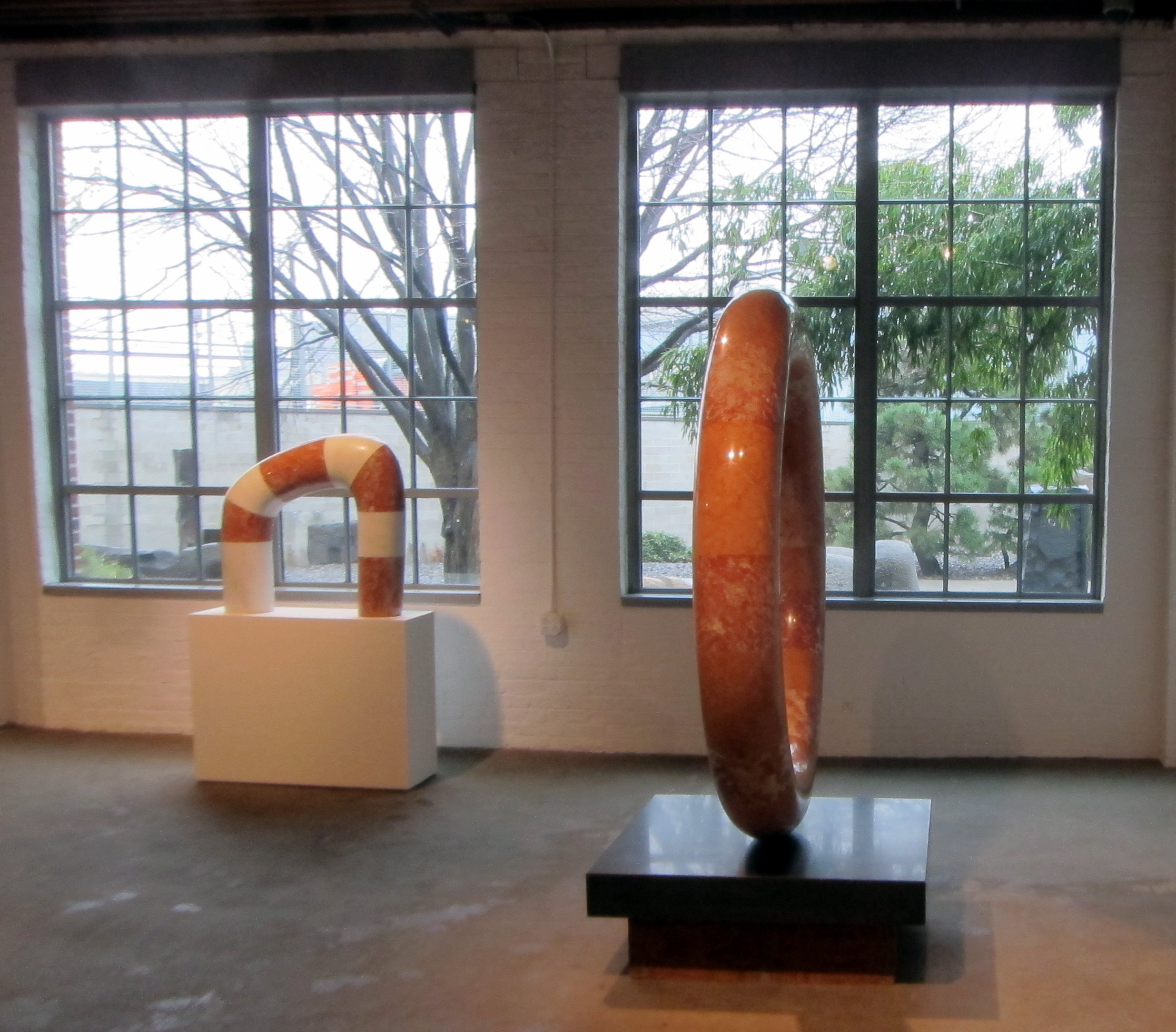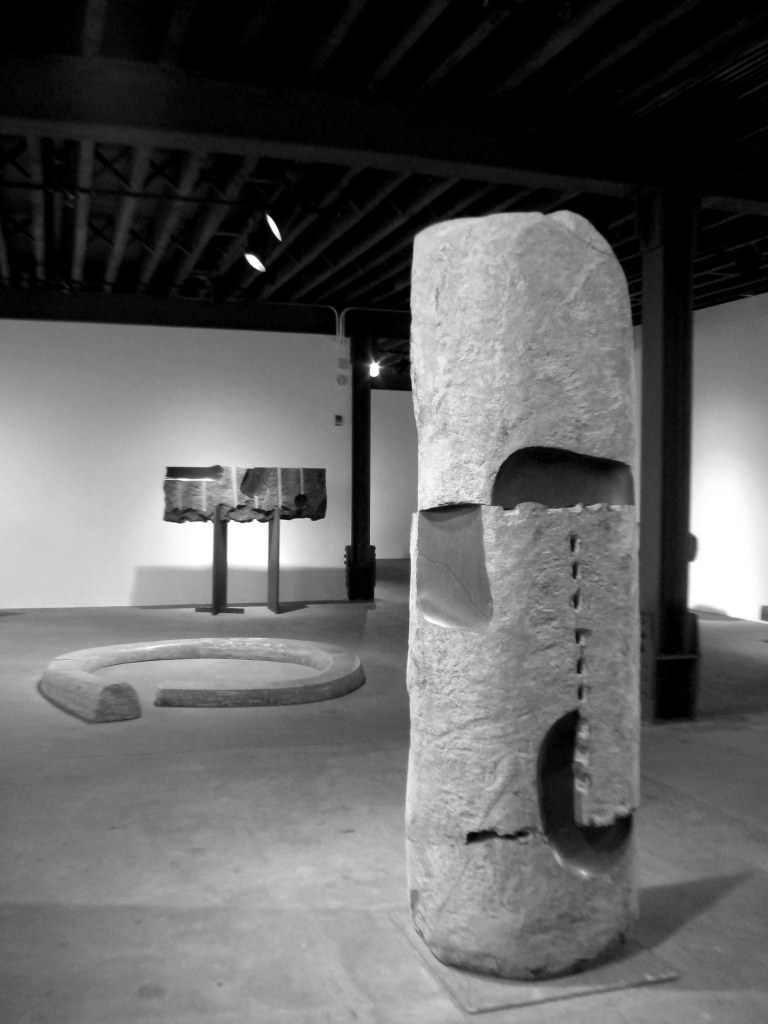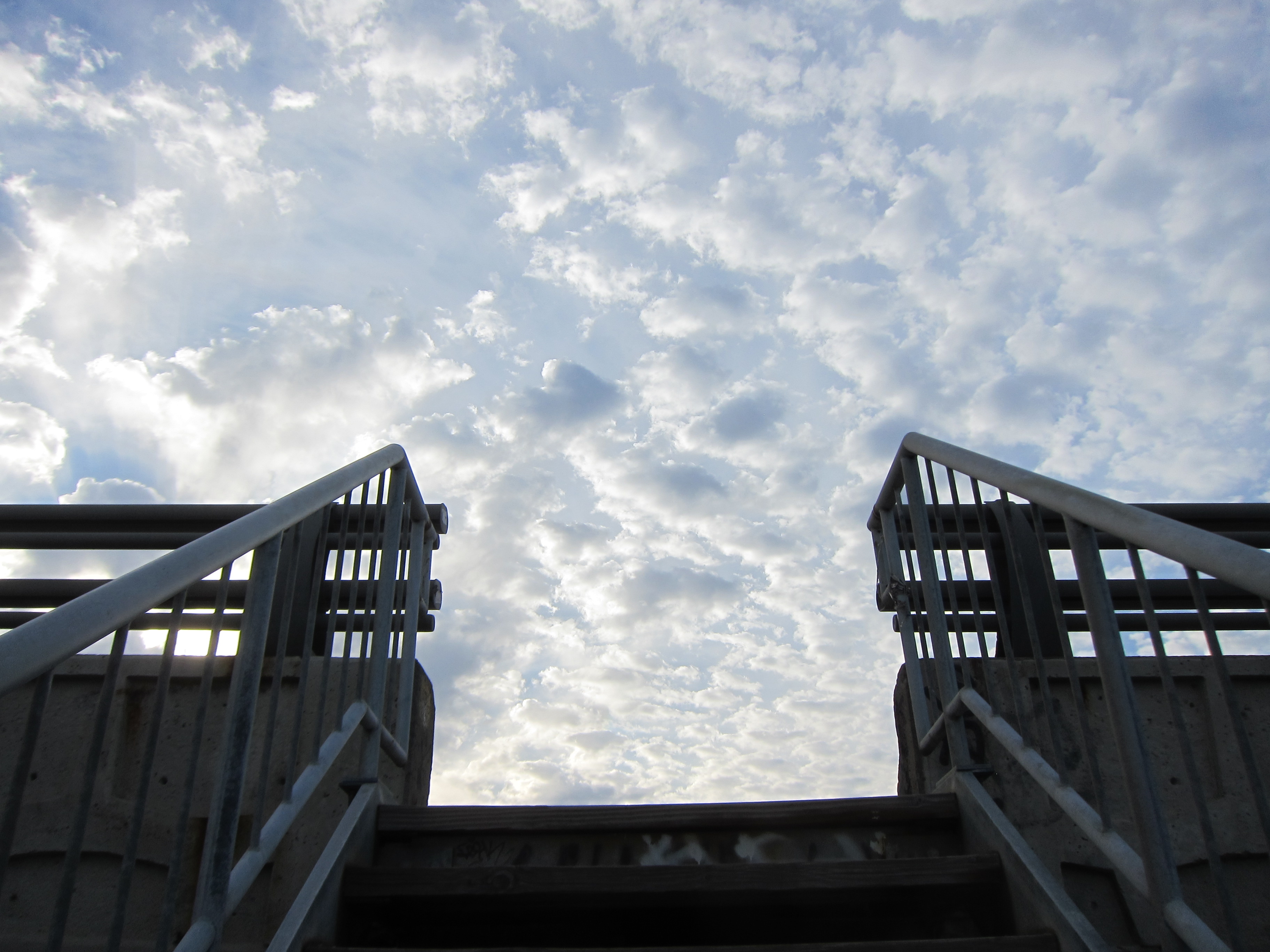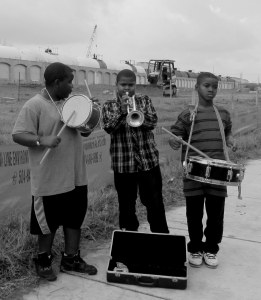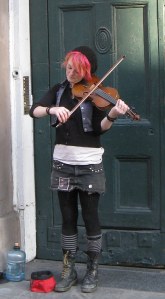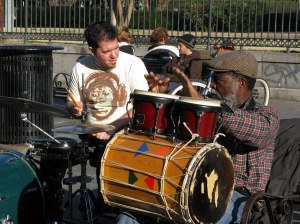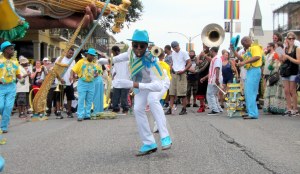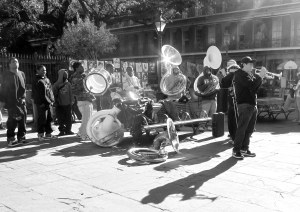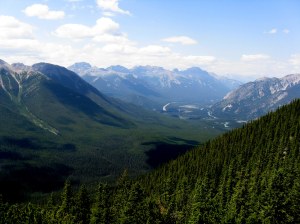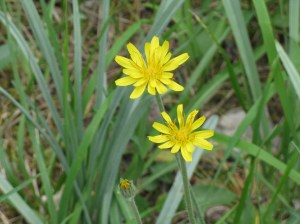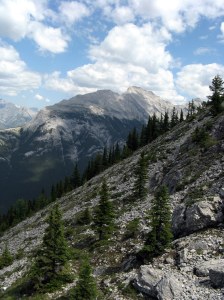As you may have seen in another post, I’m taking a breather from adding to this blog for a while. Not because I don’t love you, or because of something you said or didn’t say. Rather, it’s that I’m working on a book, and there’s only so much keyboard to go around.
But until I get back to blogging, I wanted to add this story, written some years ago, about a bus ride from Toronto to Northern Arizona. It’s unlike the spiritual reportage blog posts that have become my focus here, but it’s very much like me. The publication where it first appeared has closed shop, and as I think this is one of my better pieces, I wanted to get it in front of more eyes. I didn’t take any photographs while aboard, but hopefully I’ve painted good enough word pictures that it won’t matter. Also, funky formatting and indentation issues I can’t seem to fix have happened. Hopefully that won’t matter much, either.
So with no further ado…
I was sitting in what I imagined to be the solitude of my apartment, poring over guidebooks to the Grand Canyon, when the voice came – uninvited, as always.
“Take the bus,” it said.
“Do you mind?” I answered. “I’m trying to read.”
For years, I had dreamt of hiking the Canyon, and now that I’d finally decided to go, the last thing I needed was my inner voice telling me to take the Greyhound there, all the way from Toronto.
Unfortunately, my inner voice has never cared what I want. And I’ve learned better than to fight it.
“Roundtrip to Flagstaff, Arizona,” I grudgingly told the ticket agent at the Toronto bus terminal. At the platform, I turned my profile to the driver, so he could see my backpack. “Should I stow it underneath?” I asked.
“Yeah. But you’re gonna have to take it off first. There’s not enough room for both of you below.”
Taking my ticket, he almost tore the wrong part.
“Bad driver,” he chided himself, slapping his wrist.
Certainly not the scripted speech of overworked, overpainted flight attendants. Things were looking promising. But the landscape out of Toronto was a monotony of superhighways, industrial parks and cloned housing developments. Dinner at the Detroit bus station was a vending machine sub, heated in a soiled microwave. Chicago came with a warning from the driver to listen to twenty years of experience, stay in well-lit areas and keep a watchful eye out for pickpockets.
The overnight leg from Chicago to St. Louis was endless, sustained sleep made impossible by the jolt of lane-changes thwacking my head against the chilly window that doubled as my pillow, and air so dry it had me coughing like a chronic emphysmatic. Afraid to supplement my hacking with the offense of pulling off my shoes, I left my feet to endure the sweaty stew they’d begun concocting hundreds of miles earlier.
At dawn, we pulled into St. Louis. Twenty hours down, thirty-six more – or 64.3 percent – to go. But who was counting?
The St. Louis station’s sticky floor clung to my shoes. Droplets from a thick fog of air freshener, extra-sweet, condensed on my nose. I tried not to think about what had necessitated it.
“Hey, Inny,” I called out.
“I don’t answer to you,” my inner voice replied.
“I want a divorce,” I said.
“You can walk any time you like.”
“I’ve tried walking from you. It never works.”
“Then you’ve got a problem, don’t you?”
What were, I wondered, the formal channels for taking out a contract on one’s inner voice?
My new bus would be a long-hauler, running all the way to Los Angeles.
I joined the line.
A fellow passenger-to-be, withered and intoxicated, but somehow holding on to a demure beauty that I imagined had made her a high school prom queen, periodically strayed from her place to hit strangers up for money, often successfully. Two other women commanded my attention – one with wild blonde hair and a swimsuit model’s figure, in a belly-exposing tank top and jeans too tight to fasten; the other a poster girl for a tree-hugger’s calendar, serene-looking in plaid green shirt and pigtails. And each with a four year-old daughter in tow – the blonde’s tugging impatiently at her mother’s arm, the tree-hugger’s quietly entertaining herself with a doll.
Nearby, an exhausted Latino woman sat on a bench, stroking her daughter’s brow as she lay on her mother’s lap, soaked in sweat and wheezing with each breath. Was there enough air in the world to keep her lungs filled? My heart mourned for her. But quickly, self-concern set in. Just how far were all these children traveling, and how was I going to survive their inevitable restlessness?
The answer, I discovered, lay in the community that formed around them.
There was little to be done for the sickly girl, though some passengers tried their best. How are you darling, they would ask, offering comforting smiles or a reassuring touch on the shoulder.
As for the other girls, they acquired instant family. While the blonde woman napped, a bodybuilder with long, stringy hair, thick sideburns and an FM DJ’s voice played cards with her daughter. At rest stops, the girls sought each other out, inventing reasons for racing to whatever came to mind – picnic tables, a boulder – as a brigade of volunteer babysitters supervised.
My only responsibility was looking out the window, which grew more rewarding the further south and west we rode.
I thought I knew what to expect from northern Oklahoma, having, after all, read The Grapes of Wrath in high school. But as we rolled through Route 66, refreshingly intimate in scale compared to the megahighways, there was a distinctive absence of dust. The low horizon was filled with soft green hills rolling gently to all corners of the earth, occasionally adorned by simple stone houses. I was tempted to jump out, liberate my feet from their cauldron, and meander through for the better part of a decade.
In southern Missouri, the seat beside me had become occupied by a stiff-backed, retired farmer lugging a bulky suitcase. I was slow to warm to him. He, too, loved the Oklahoma landscape, but in talking about it or the southwest, where he’d often been, the only adjective he could offer was “beautiful.” “Beautiful, just beautiful,” he’d say of Arizona. “It’s something else, so beautiful,” for New Mexico. Always shaking his head and smiling at how “beautiful” things were.
Was he one of those people who thought everything was beautiful because they never looked closely at anything?
But the more time I spent beside this “flatlander from Missouruh,” as he called himself, the more I realized there was nuance to his observations. If his adjectives were weak, his memories were strong. Soon I was benefiting from his encyclopedic knowledge of cliffside highways in Colorado and red rock canyons in Utah. Whenever I told him things I’d read about the southwest that he hadn’t already known, he was happy for the learning. As night fell somewhere between Tulsa, Oklahoma and Amarillo, Texas, I decided I couldn’t have asked for a better seatmate.
I closed my eyes, trying to lock in the day’s events. Though the trip to St. Louis had offered few memorable moments, the trip from it was saturated with them: The mean-spirited driver (“don’t talk to me” had been his only announcement) kicking a passenger off in Joplin, Missouri for no good reason. Small American flags flapping from gas pumps, and massive ones wrapped around the pillars of a liquor store. Passages from the Gospels on roadside sandwich boards, allowing for enlightenment whether you were coming or going. The old man, all jowl and belly, sitting beside the matronly woman with a churchgoer’s posture, asking her if she would behave. She would try, she answered, but could make no promises. The teenager with a half-moustache and yellow teeth, fleeing his “redneck” northern Michigan town so he could hang with his Native buddies on their reserve. And the wild-eyed but well-behaved teen beside him, who disappeared in Oklahoma City – ferreted out, someone said, by drug-sniffing canines and escorted away in manacles.
In the bathroom of the Amarillo, Texas, station, I was intercepted by a tall black man with a scarlet gouge on his cheek. A man who had known hard times, and wasn’t done with them yet.
“Buy a doughnut off you?” he asked, his eye twitching slightly.
Was that a euphemism? Would my well-being at one-thirty a.m. in the Amarillo bus station men’s room depend on knowing what “doughnut” really meant? Then I clued in. Tired of what had passed for food in the Greyhound stations, I had gone to a mini-mart and bought the component parts for a dozen peanut butter sandwiches. He had seen the bag.
“Don’t have any doughnuts,” I told him. “Just apples and sandwiches. But two of them are yours if you want. No charge.”
“What kind of sandwiches?”
“Peanut butter.”
“No jelly, huh?”
“Sorry. Just peanut butter.”
“That’s all right,” he smiled. “Peanut butter is ALRIGHT. Kool and THE GANG! Kool and THE GANG!”
Pushing off from Amarillo, our driver, a native Spanish-speaking woman with not-yet-perfected English, came over the mike to read us the riot act.
“Let me emphasigh,” she said. “Don’t be smoking on my bus. You be smoking on my bus, I will catch you, and I will throw you off my bus, and you can wait in the desert for the next bus. And guess what. It’s not coming for nine hours.”
She was back a minute later. “Don’t worry,” she said, “I know about the tornado warning.”
Tornado warning?
“If I have to, I’ll pull over.”
My inner voice hadn’t said anything about a tornado warning.
But neither had it said anything about the surreal light show. A patch of clouds, invisible in the night sky, were suddenly ignited blinding white, then electric blue. No lightning bolts, at least that I could see. No thunder or rain. More silent flickering of white, then electric blue. And blackness.
I awoke to the high desert of northern New Mexico, the early morning sun burning through the overcast, spilling light on everything in the shadeless landscape – the rusty mesas where I half expected to see John Wayne sitting astride a horse; the black and green lava rock poking through the earth at improbable angles, glistening as if freshly born; the geysers of dust blown four stories high by the wind; the rumbling freight train which would dwarf any town through which it ran, but seemed like a dinky toy in the the desert.
My flatlander friend loved this place, he said, even if his deceased wife had dismissed it as nothing more than “a million acres of kitty litter.”
Soon he and I would be parting ways. I was about to suggest we exchange addresses, when he got to telling me a story – about how, in his youth, he and his buddies would go into town and, for kicks, harass the hardware store owner. Their favorite tactic had been to bargain him down to twenty cents for a twenty-five cent screw.
“We were worse than a bunch of Jews,” he said.
I tried not to feel wounded, telling myself that my newfound friend hadn’t really understood what he’d said.
At a lunch stop in Gallup, New Mexico I got to talking with the tree-hugger, and telling her daughter what a good sport she had been for having lasted so long. They were from Montreal, she said, but Arizona was now home.
She reached into her purse and pulled out a Canadian five-dollar bill.
“Take this,” she said, stuffing it into my pants pocket.
“Hang on to it,” I said, unable to stop her with my burrito-filled hands. “Save it for your next trip home.”
“Ben, non,” she said, now dropping all denominations of coin into my shirt pocket. “The next time they want to see me, they’re taking the bus.”
We left New Mexico for Arizona, entering pine forest – in the desert – that I’d read about, but hadn’t believed existed until now that it surrounded me.
At last, we were there. Flagstaff, Arizona. Seventy-eight miles from the Grand Canyon, as close as Greyhound could take me.
I hit the ground, and hauled my backpack from below.
It had not been the easiest of trips. And certainly not the most comfortable. But it had been an education in people and landscapes, a window on worlds I could never have imagined.
“Hey, Inny,” I said. “I want to thank you.”
“I’m too transcendent to need your thanks.”
“Who cares what you need? I need to say thanks, so I’ll remember to keep listening to you.”
“Then make it quick. I’ve got a backlog of people to torment today.”
“Thank you,” I said, praying I would not be commanded to return home by pogo stick.

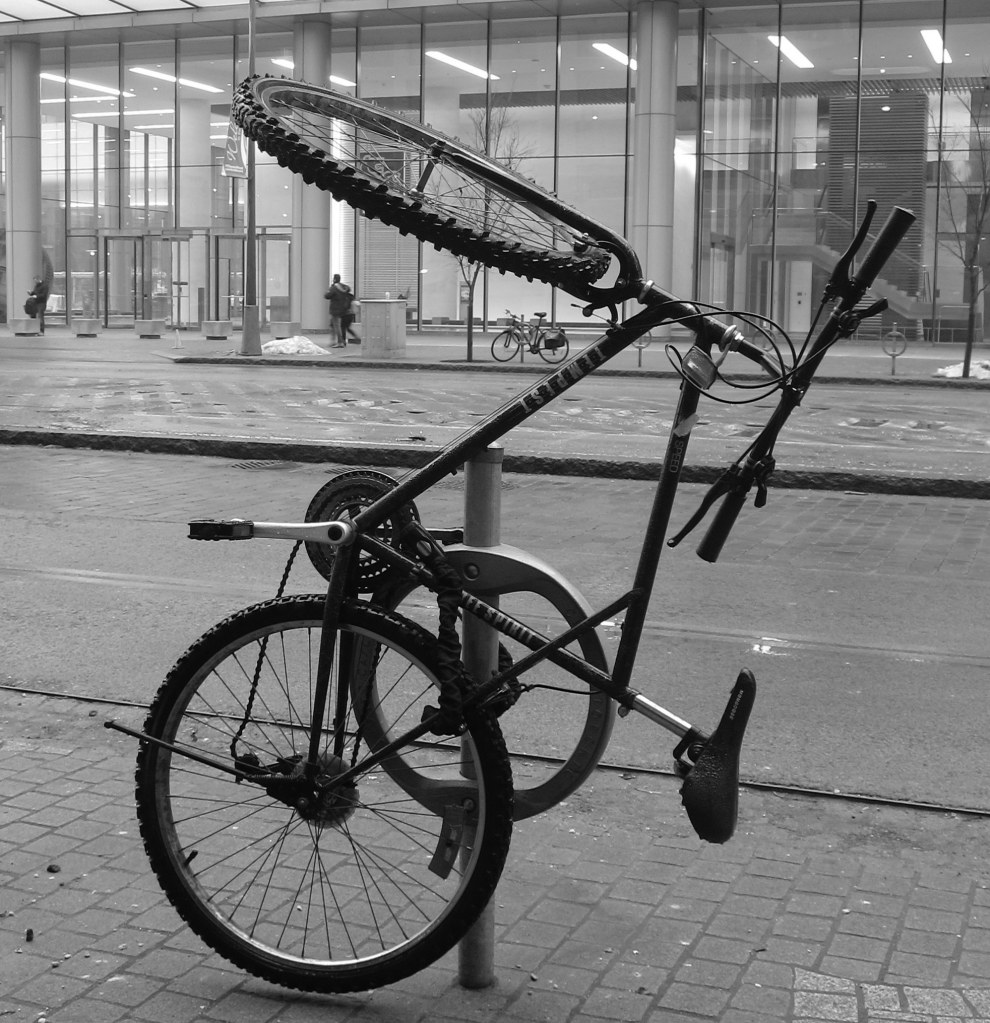
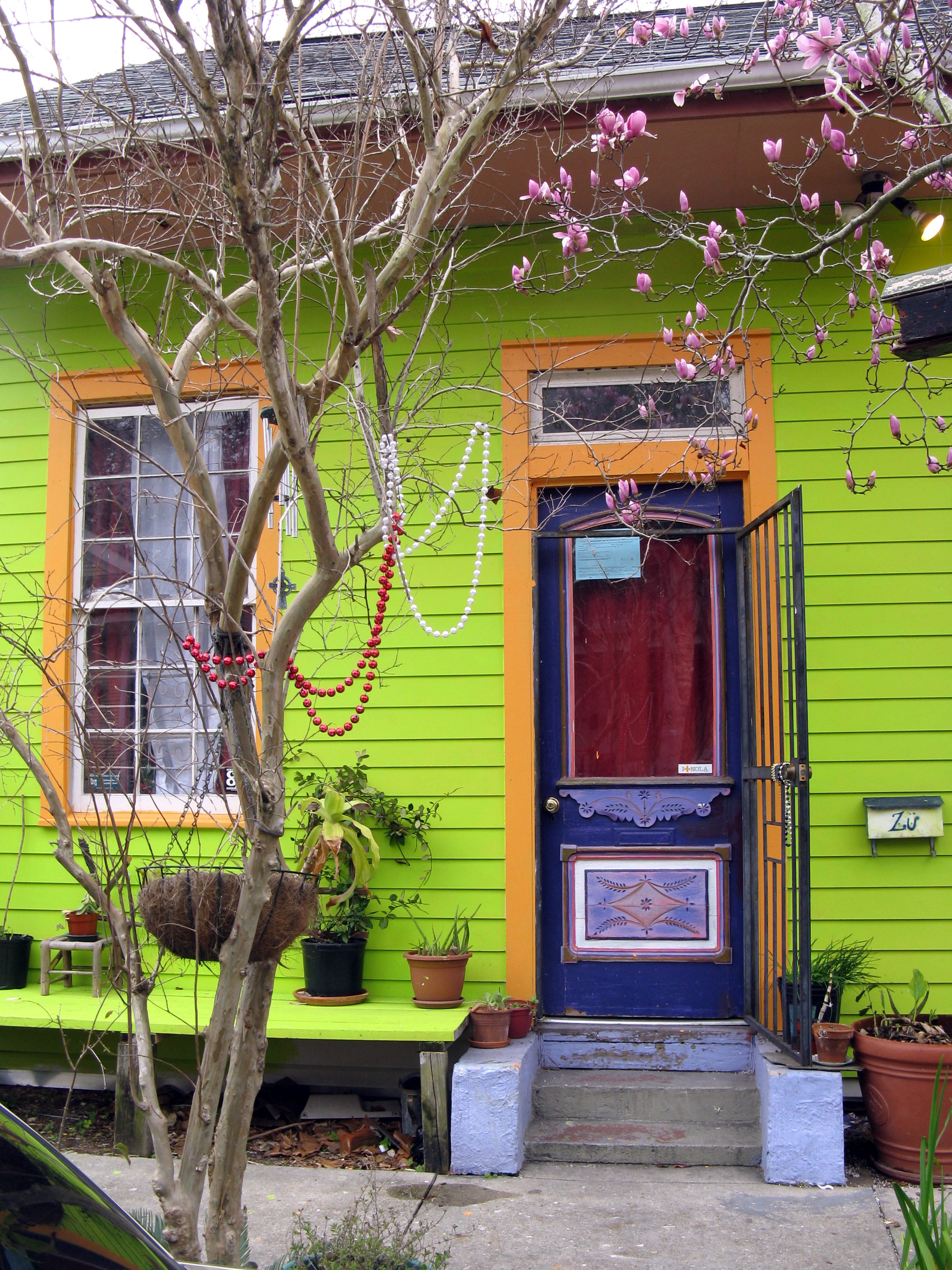
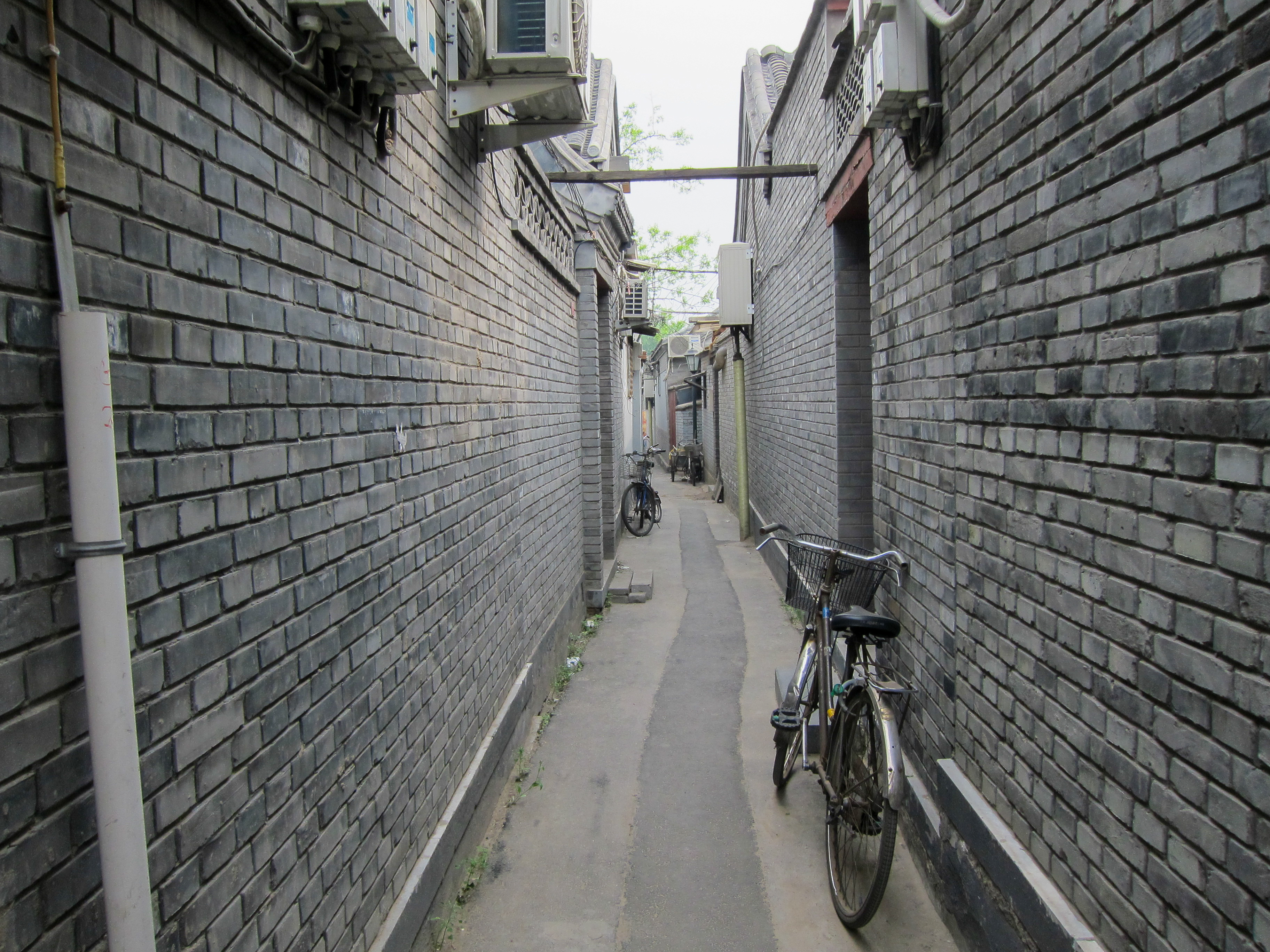
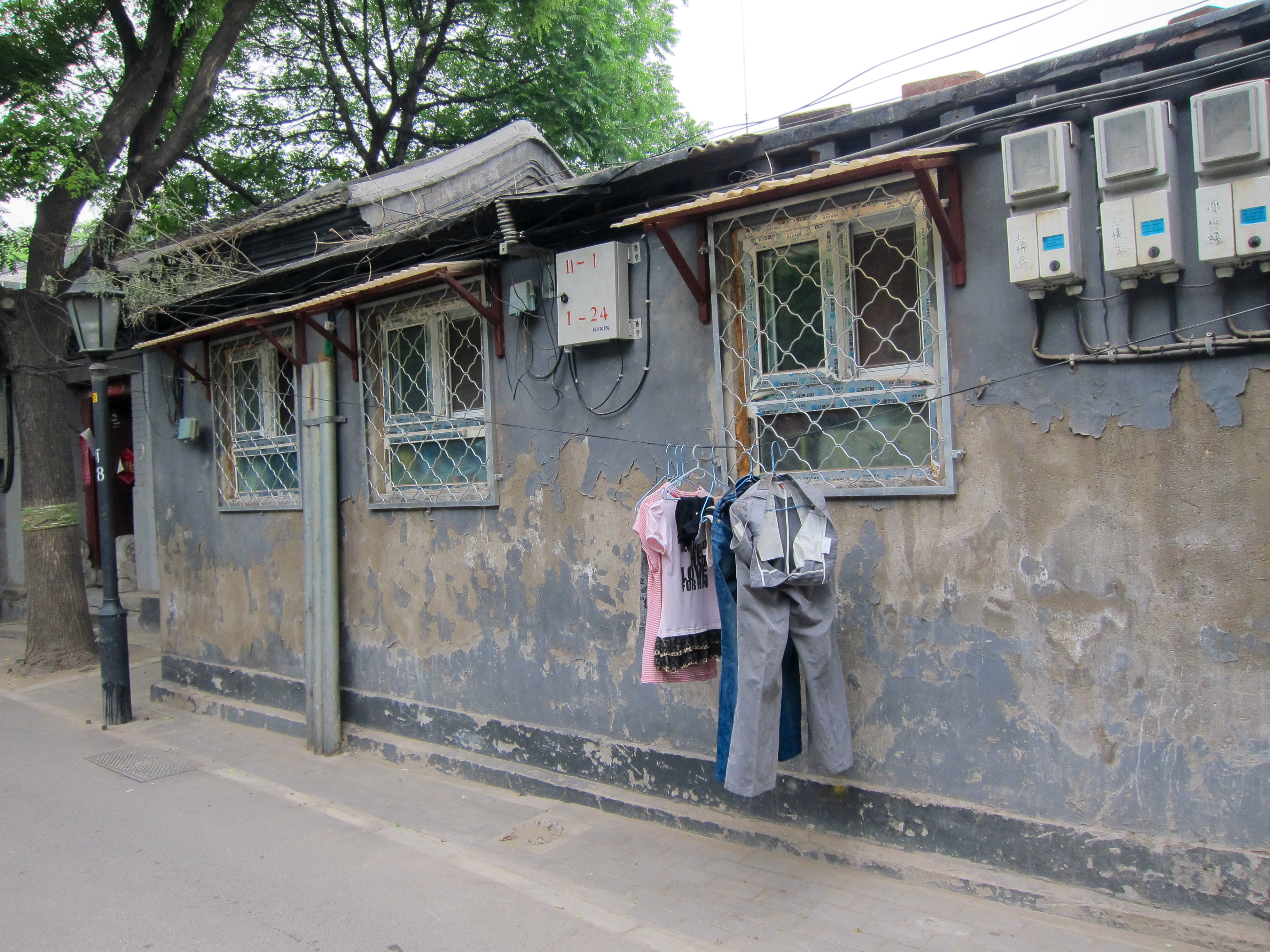
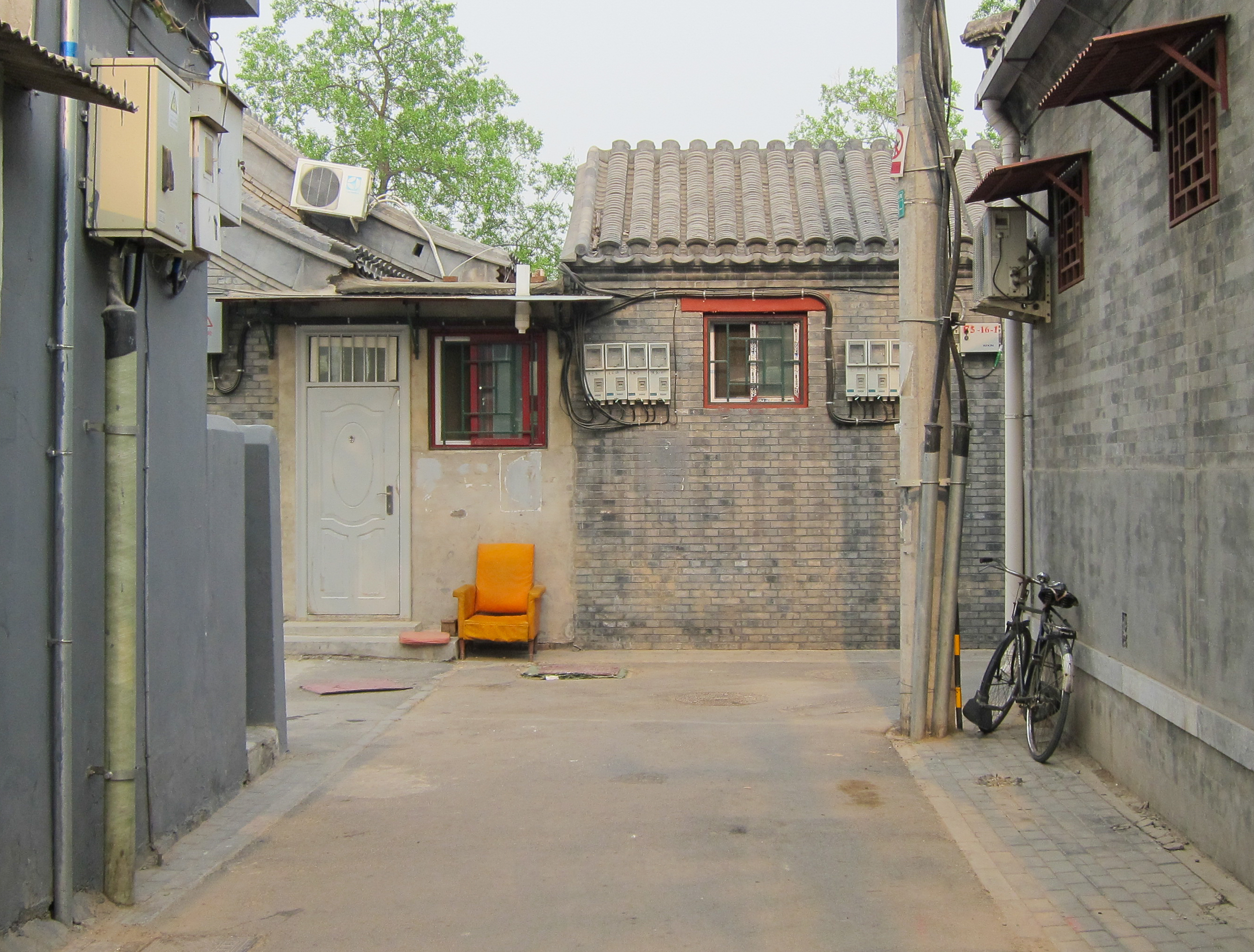
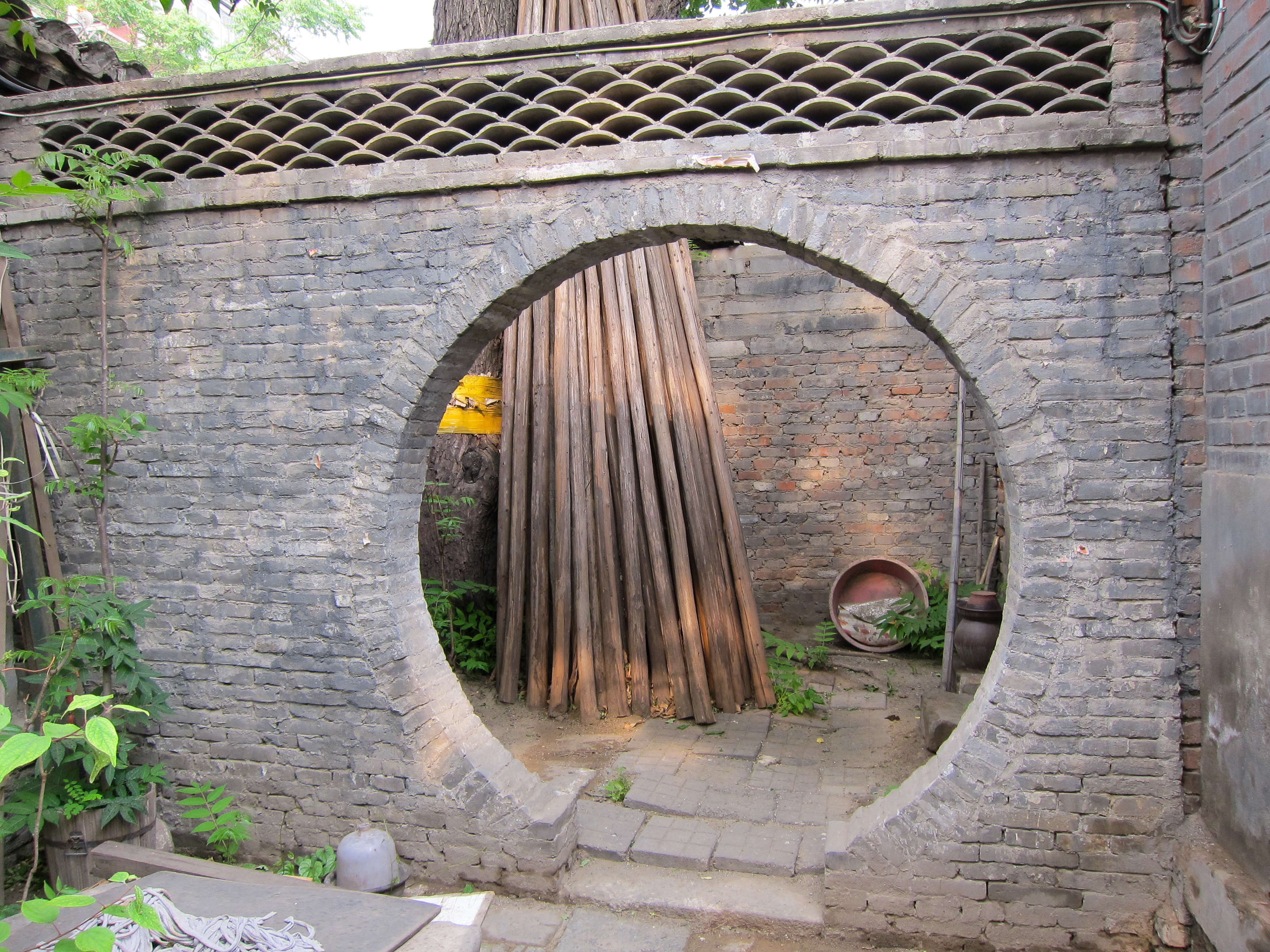
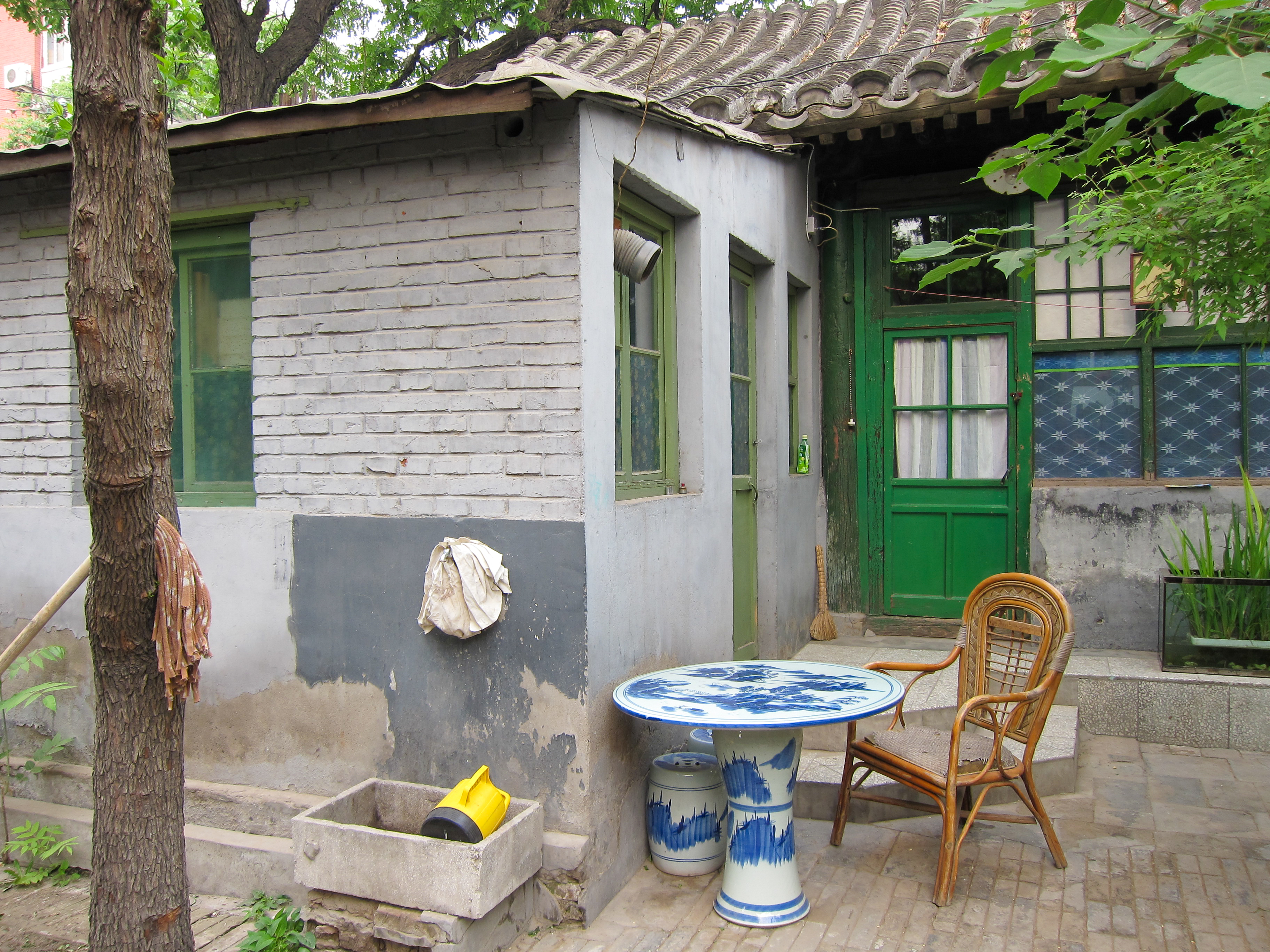
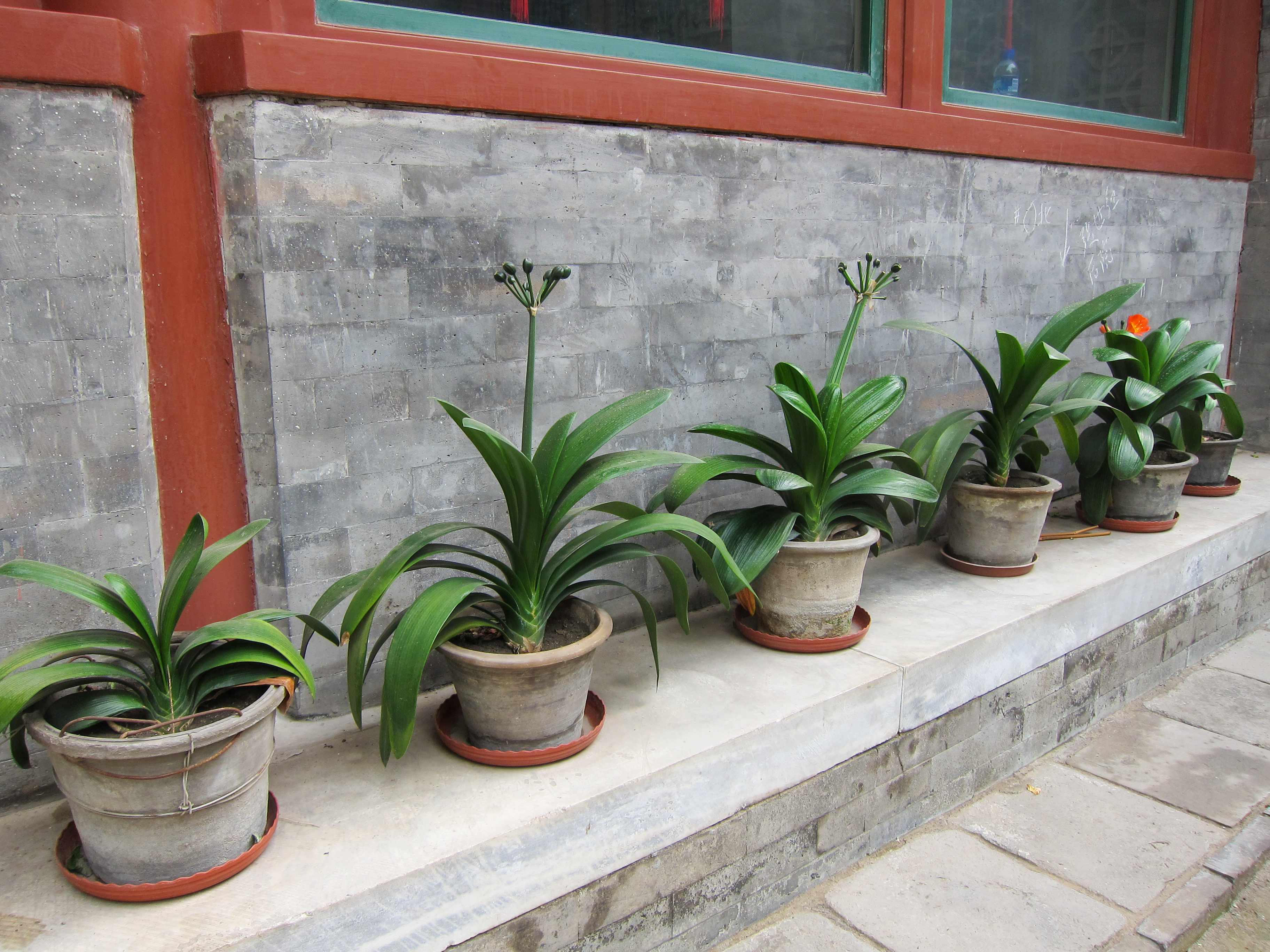
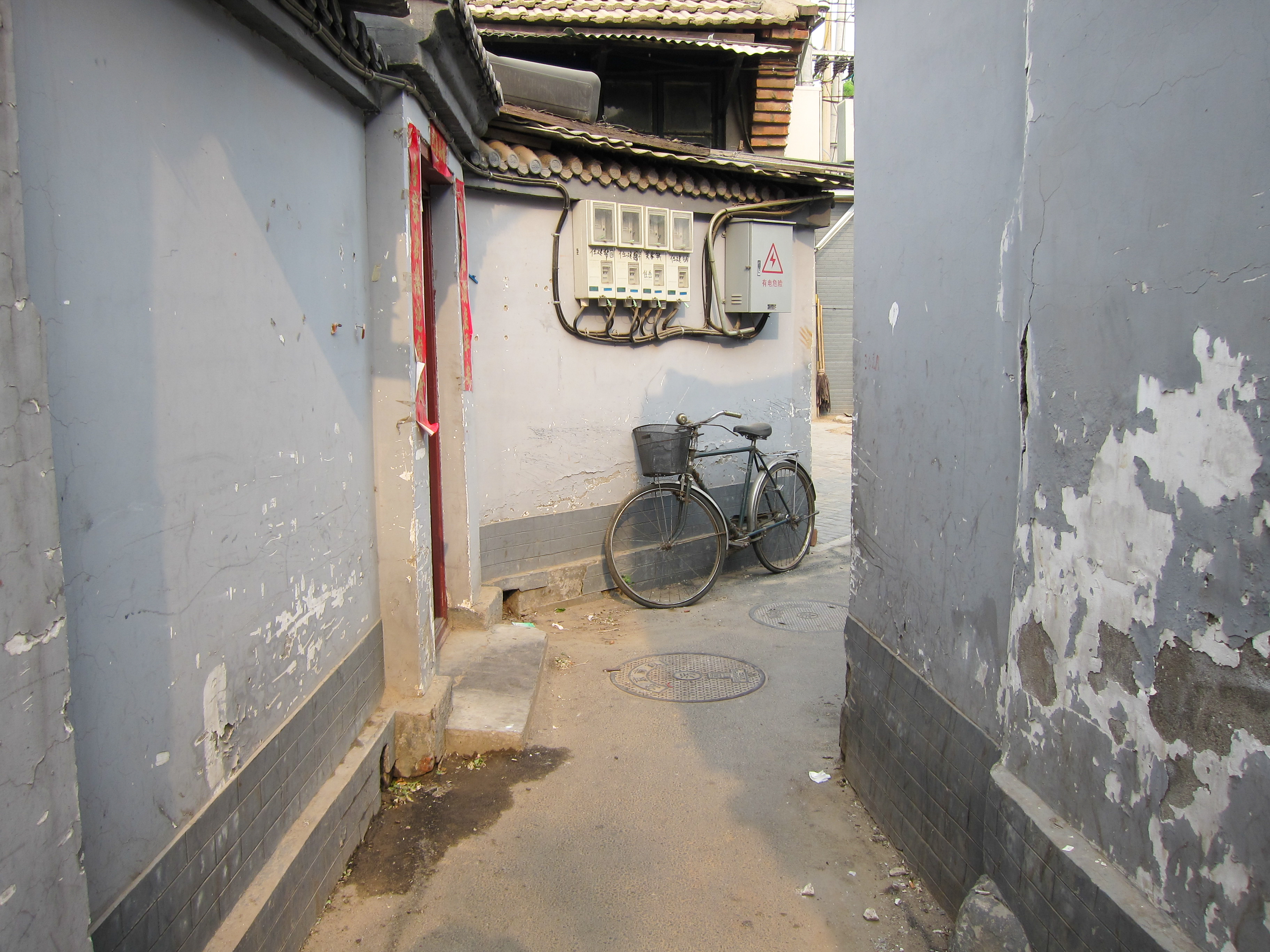
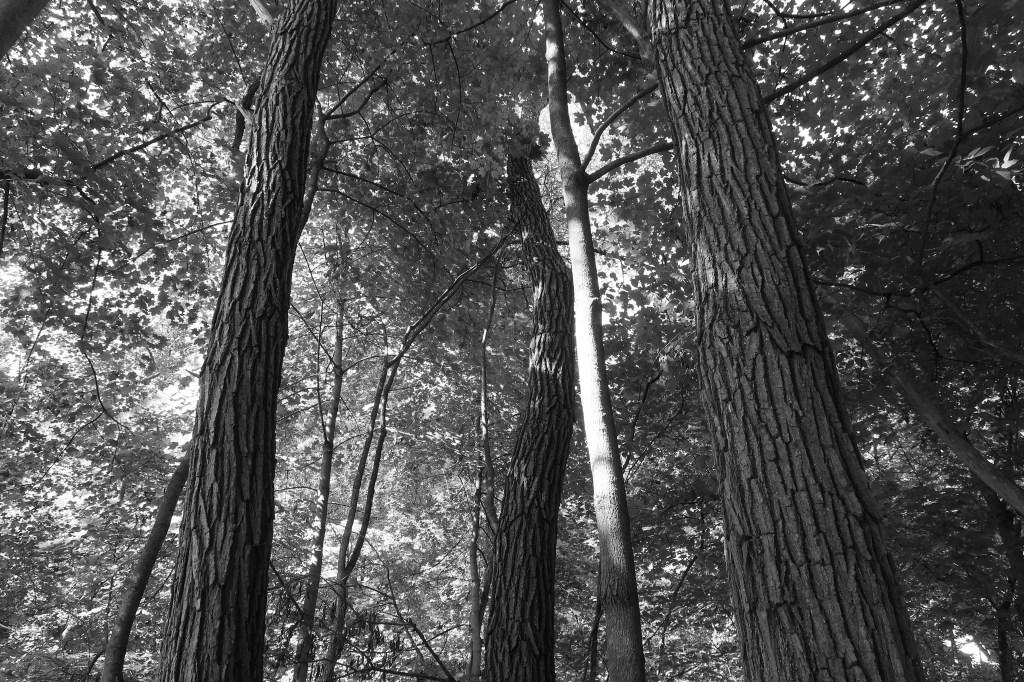

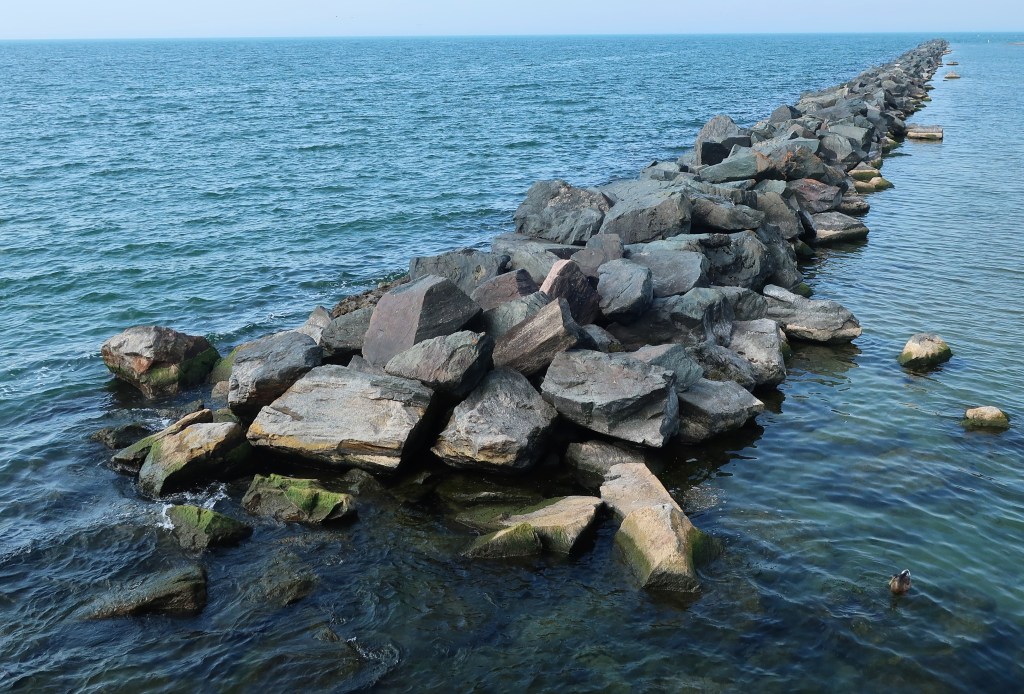
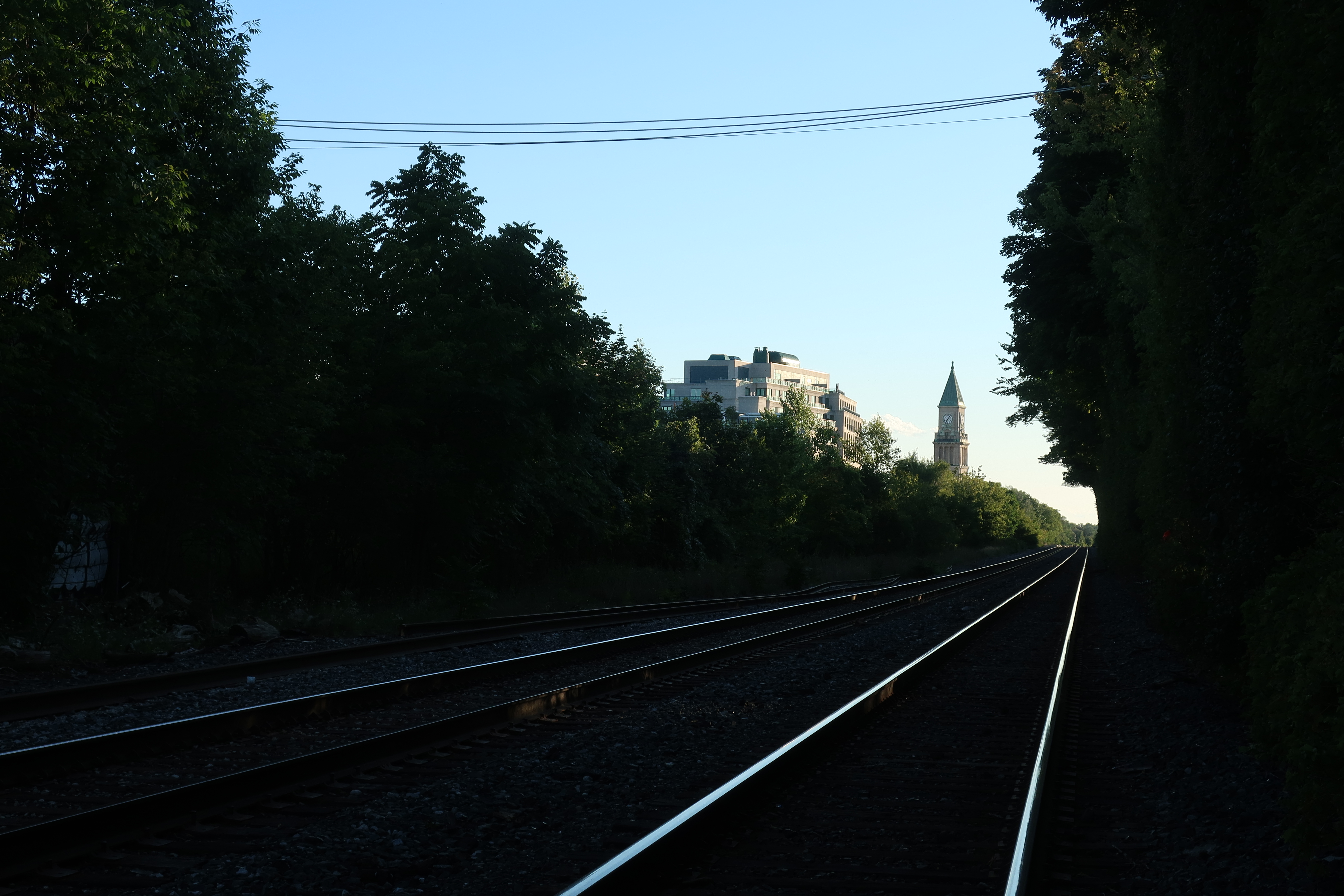

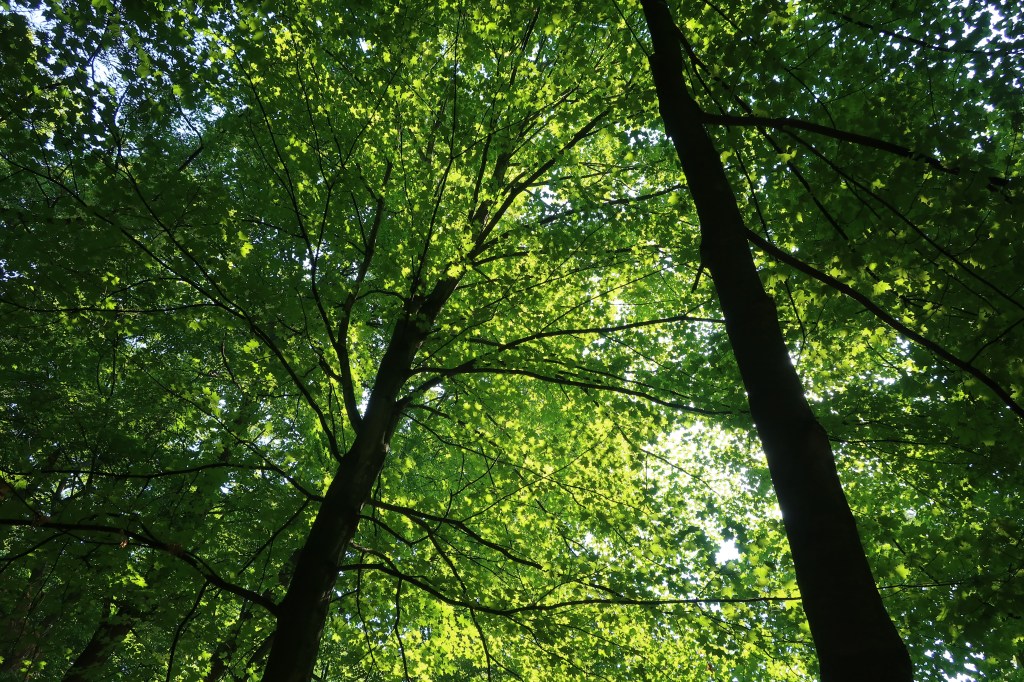
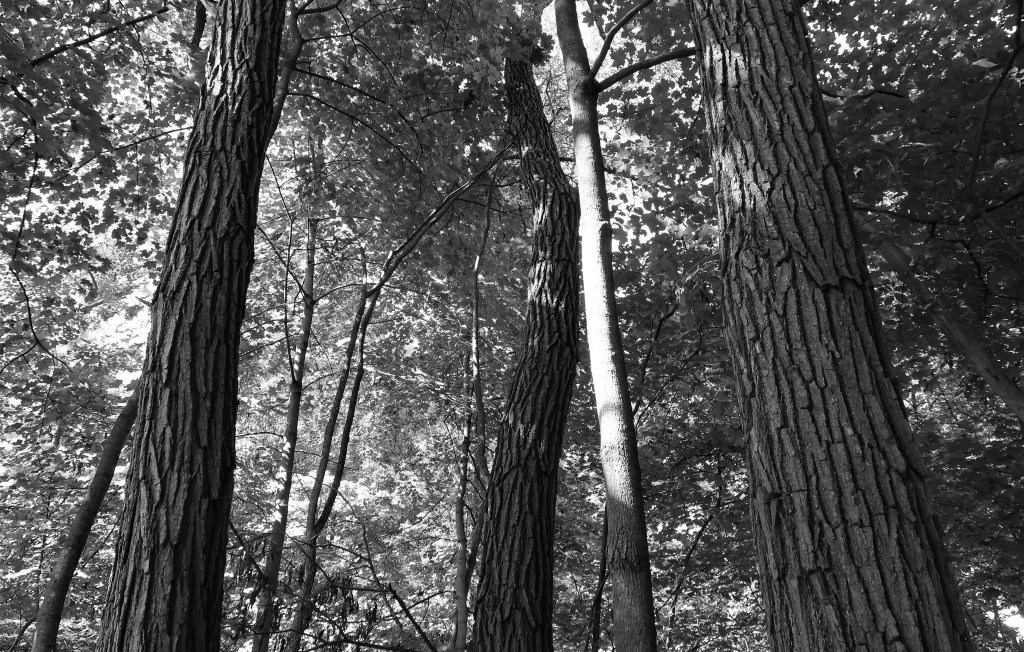
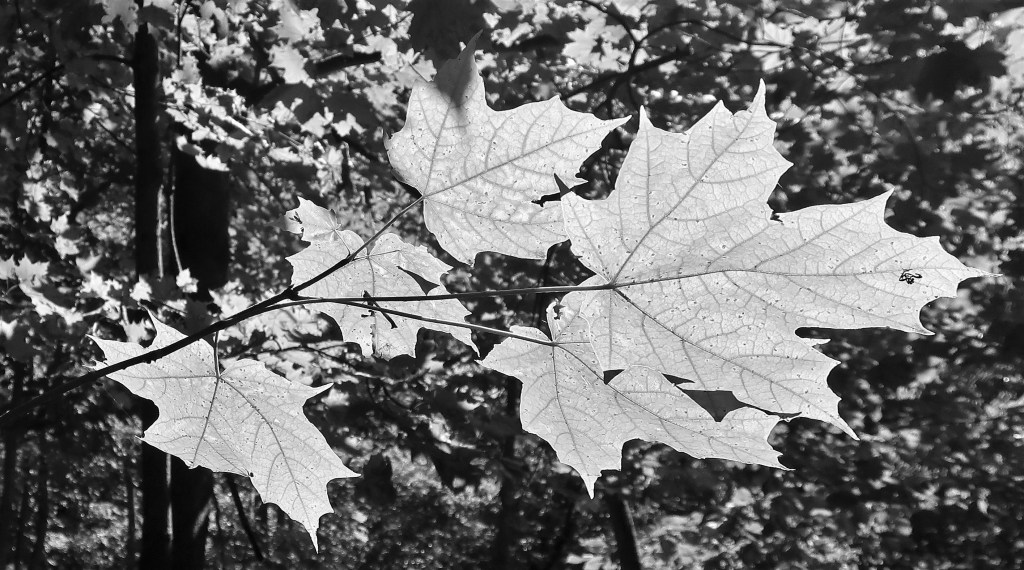

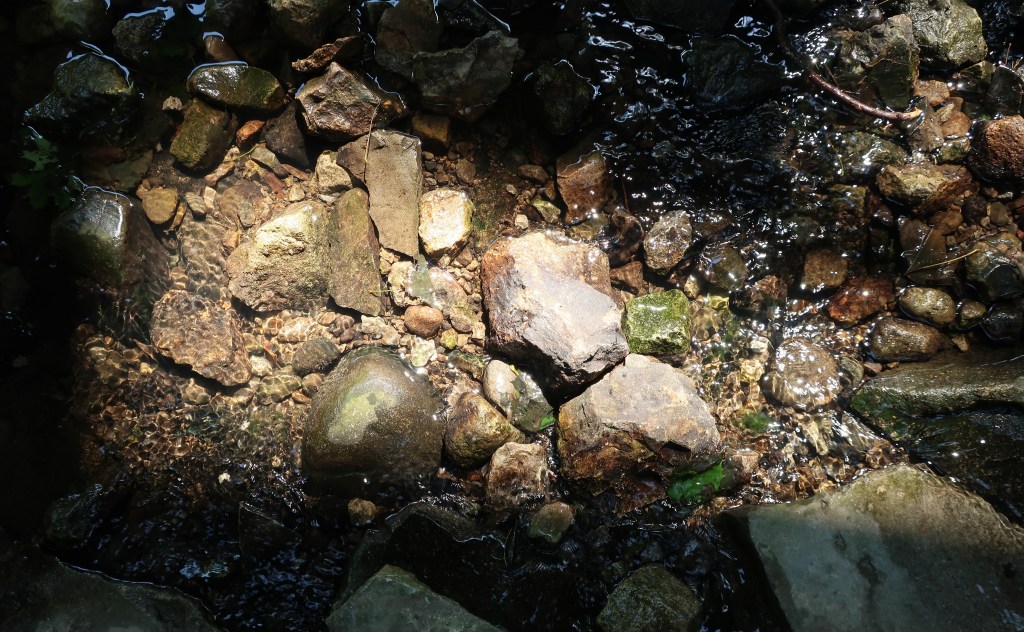

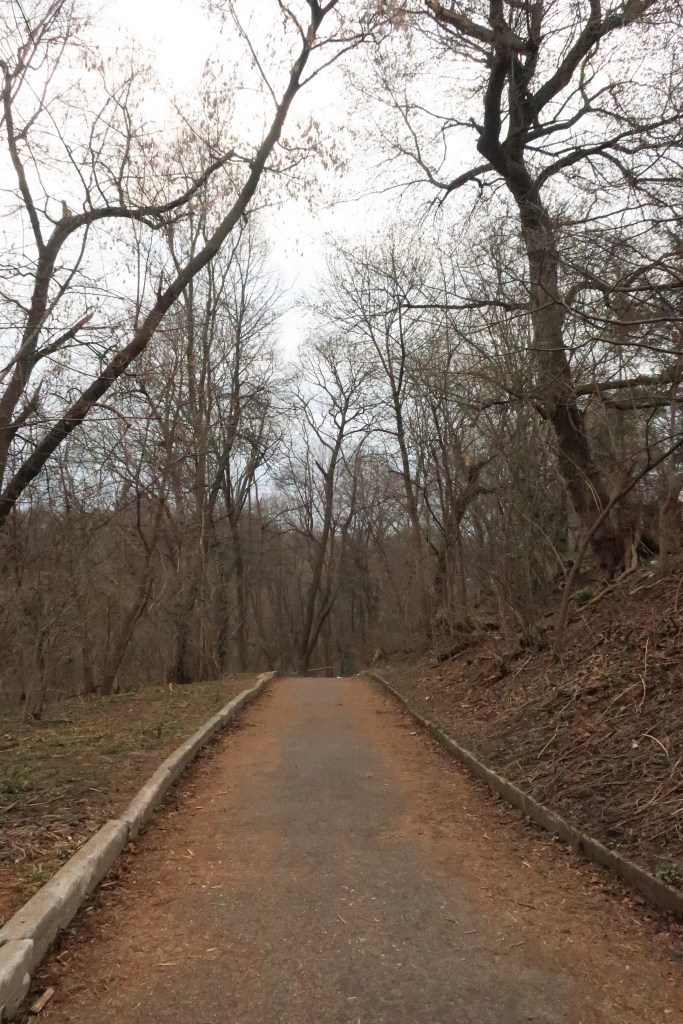

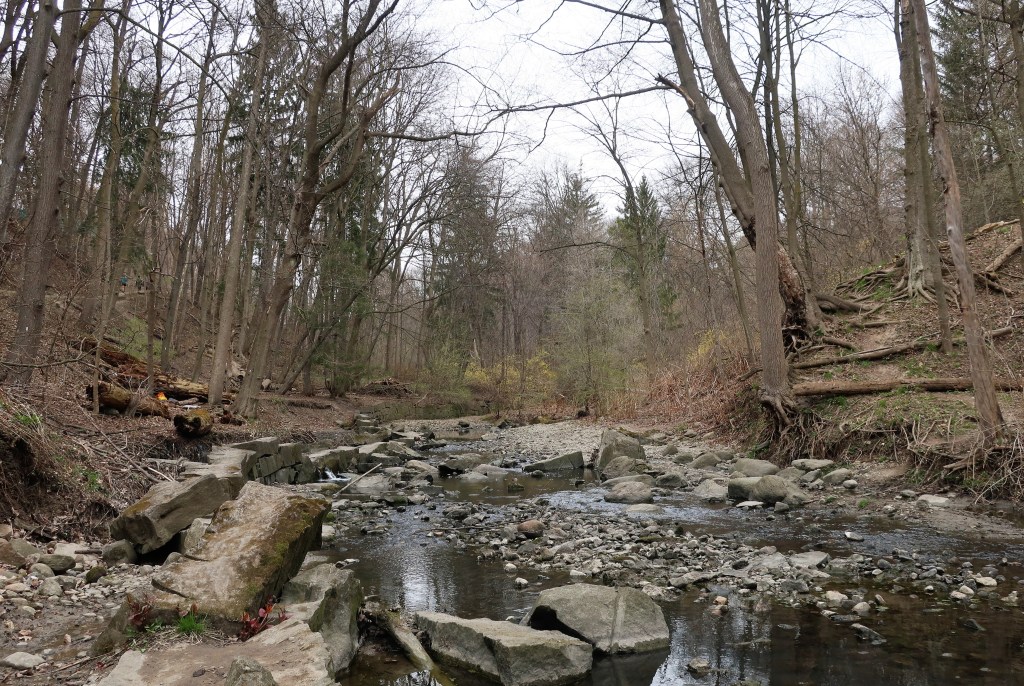

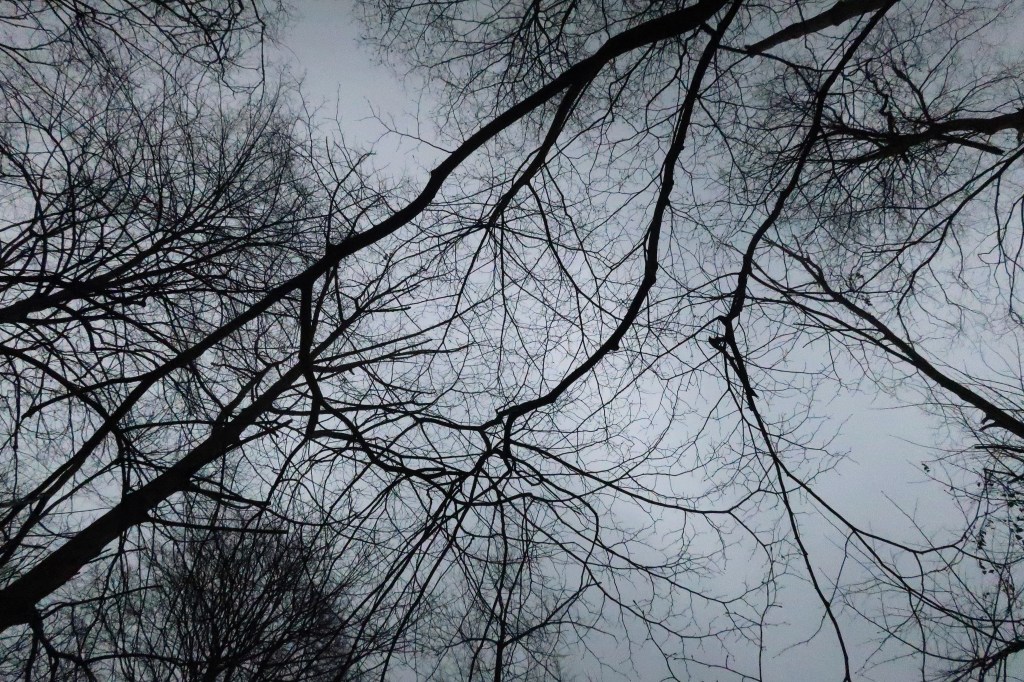
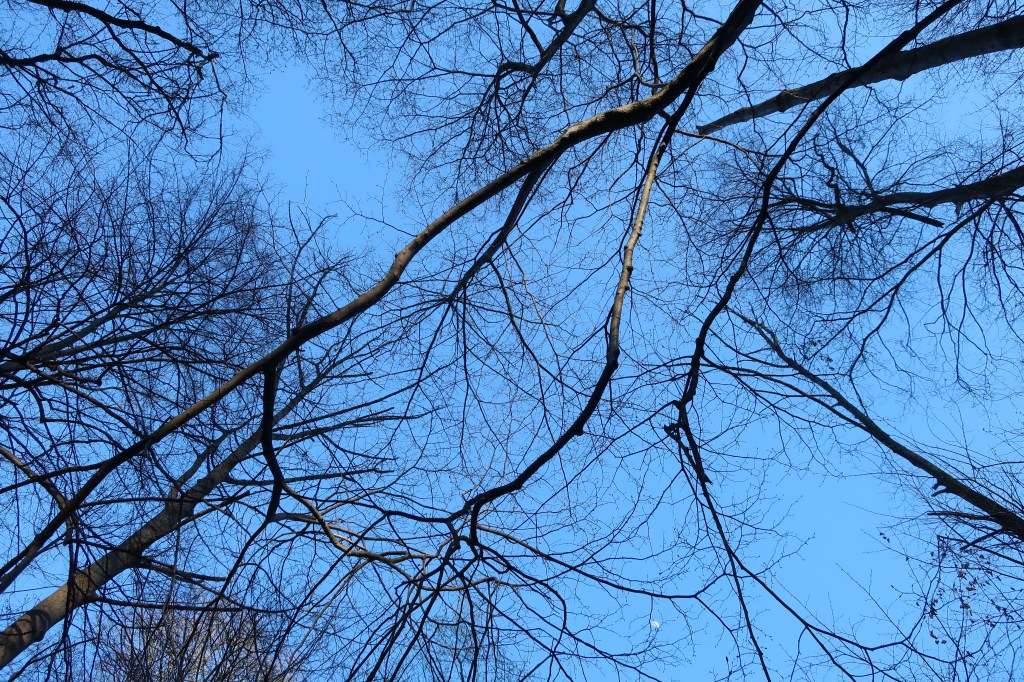
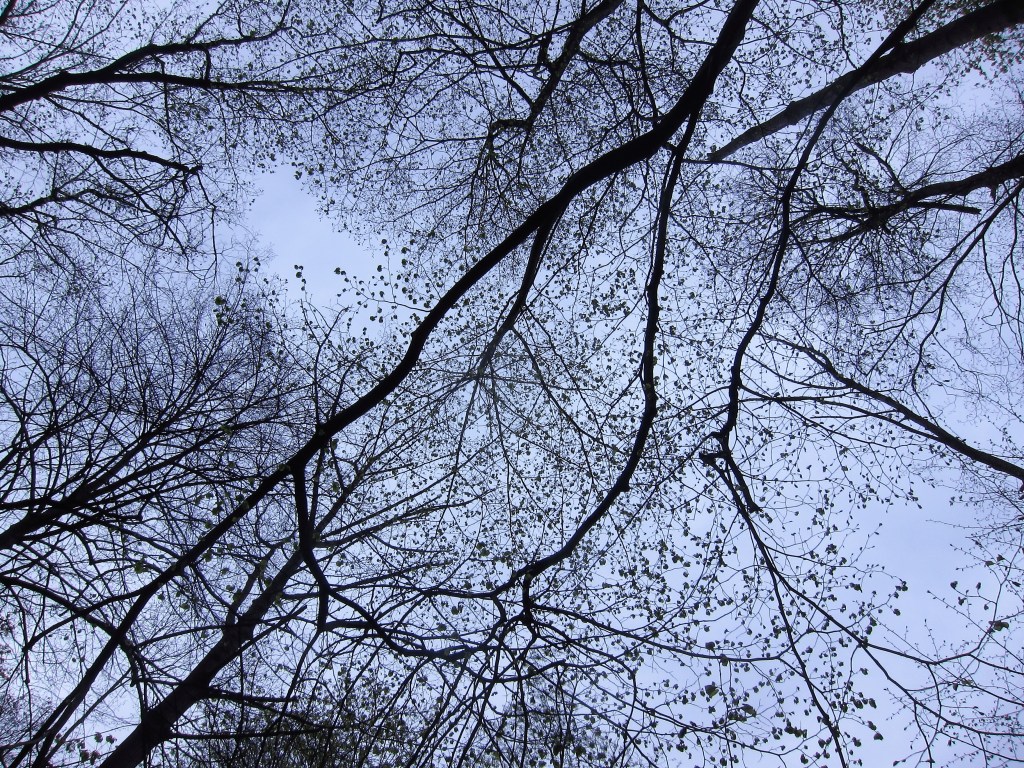
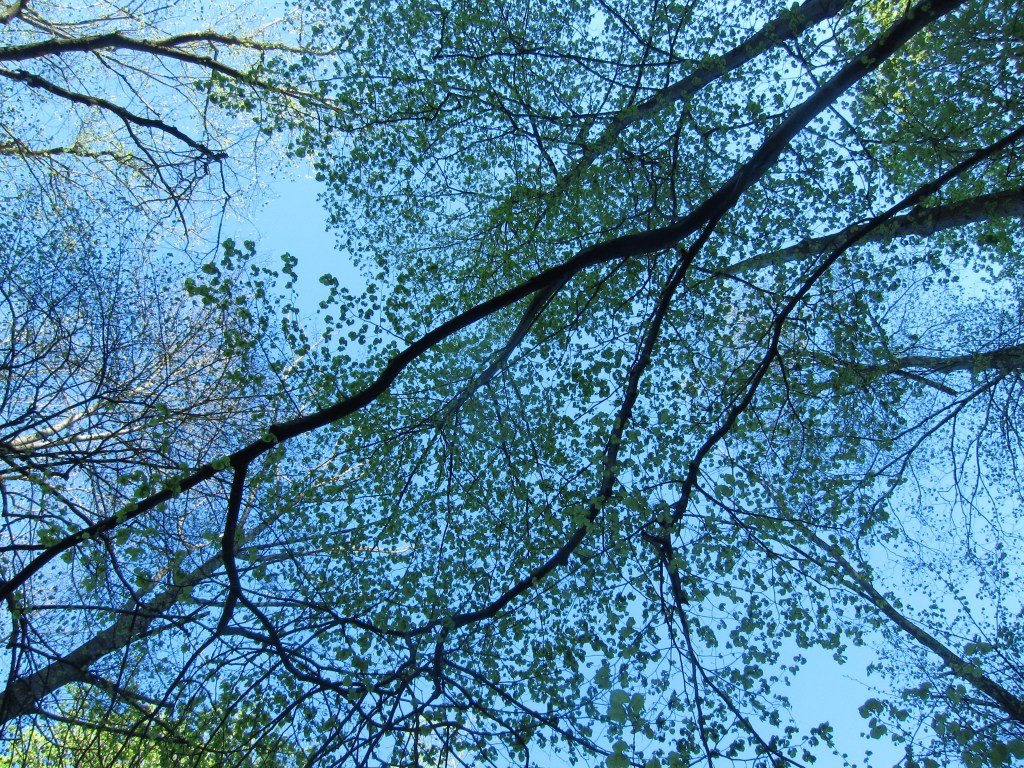
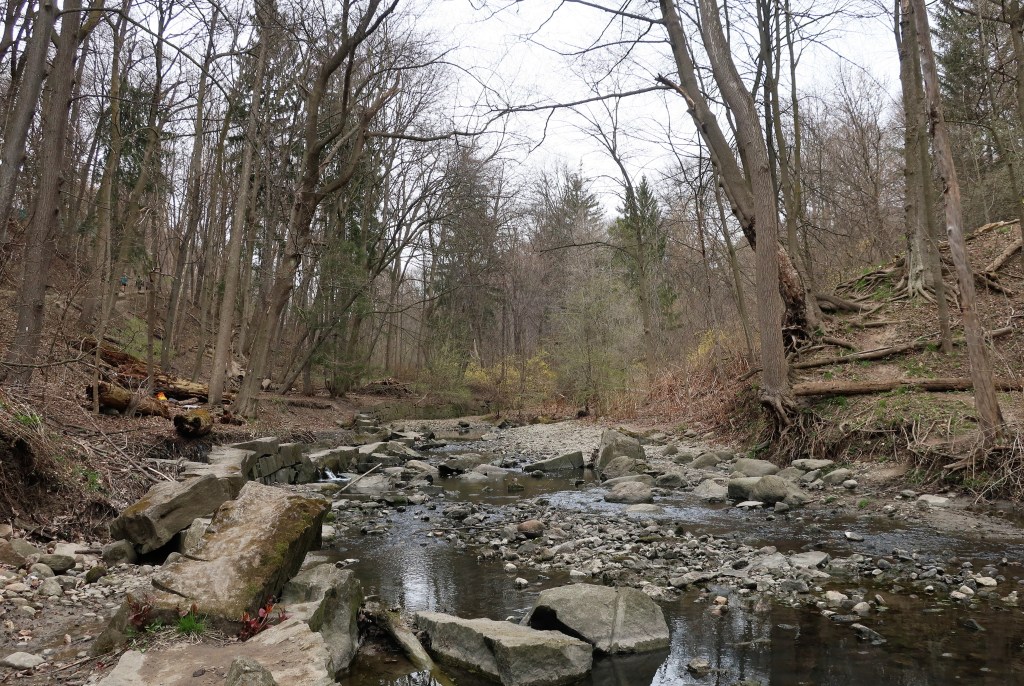
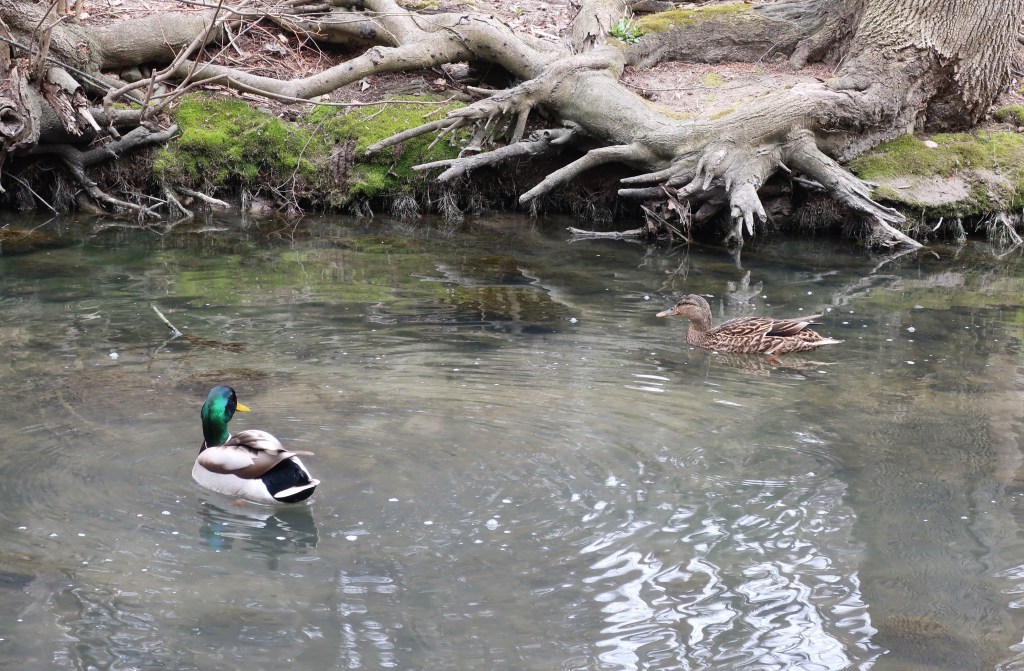
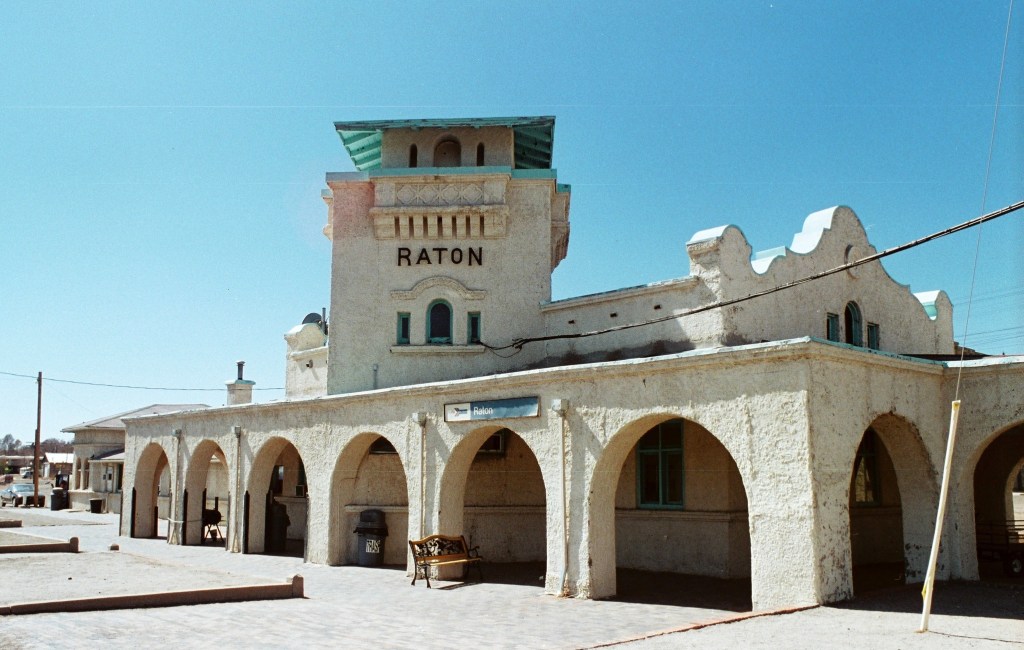
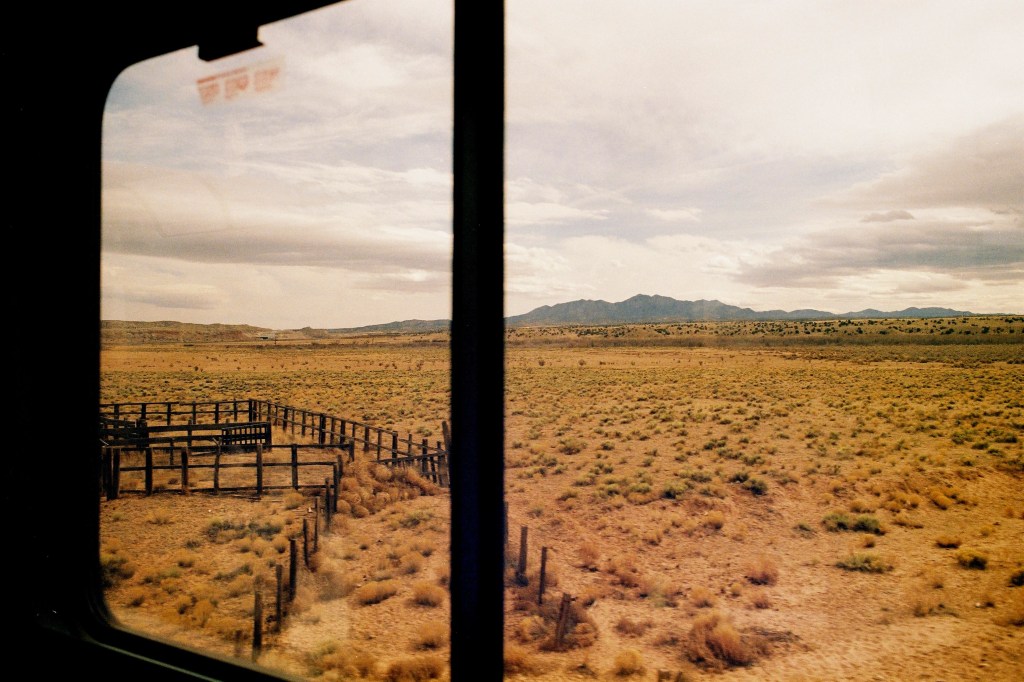

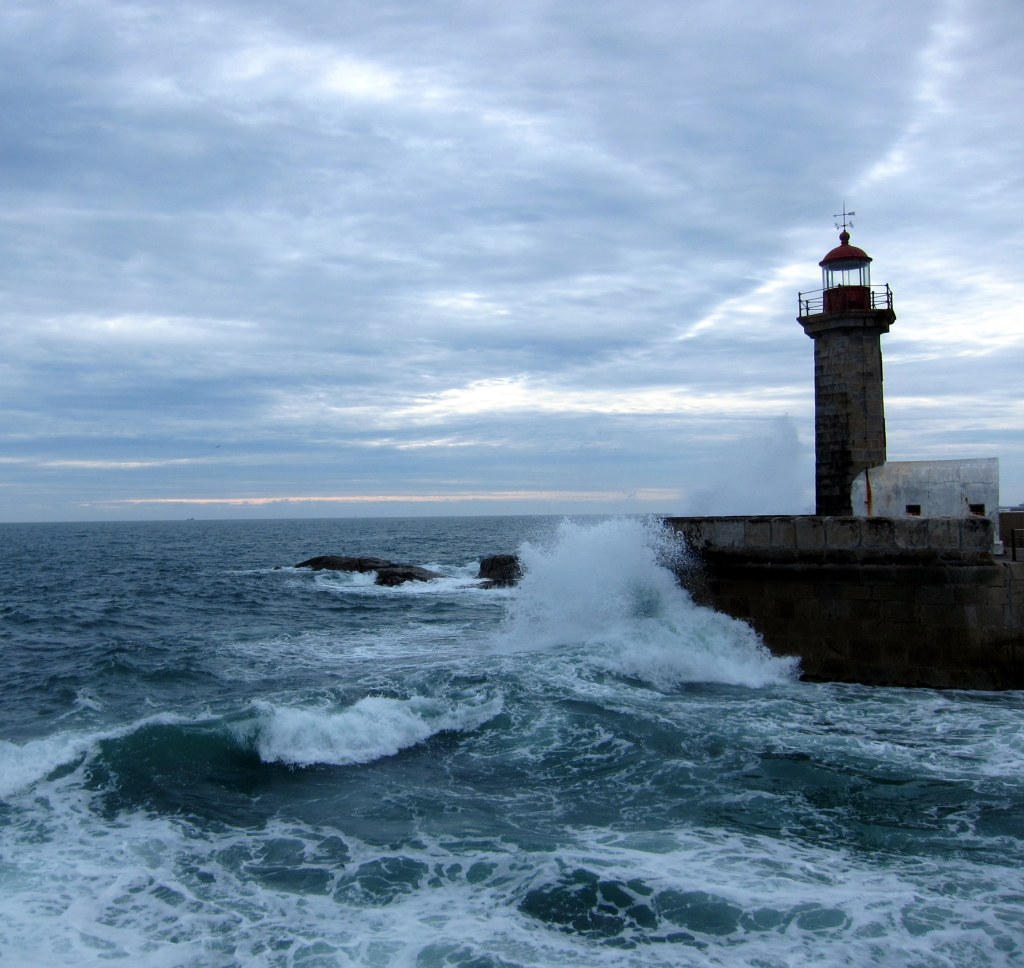
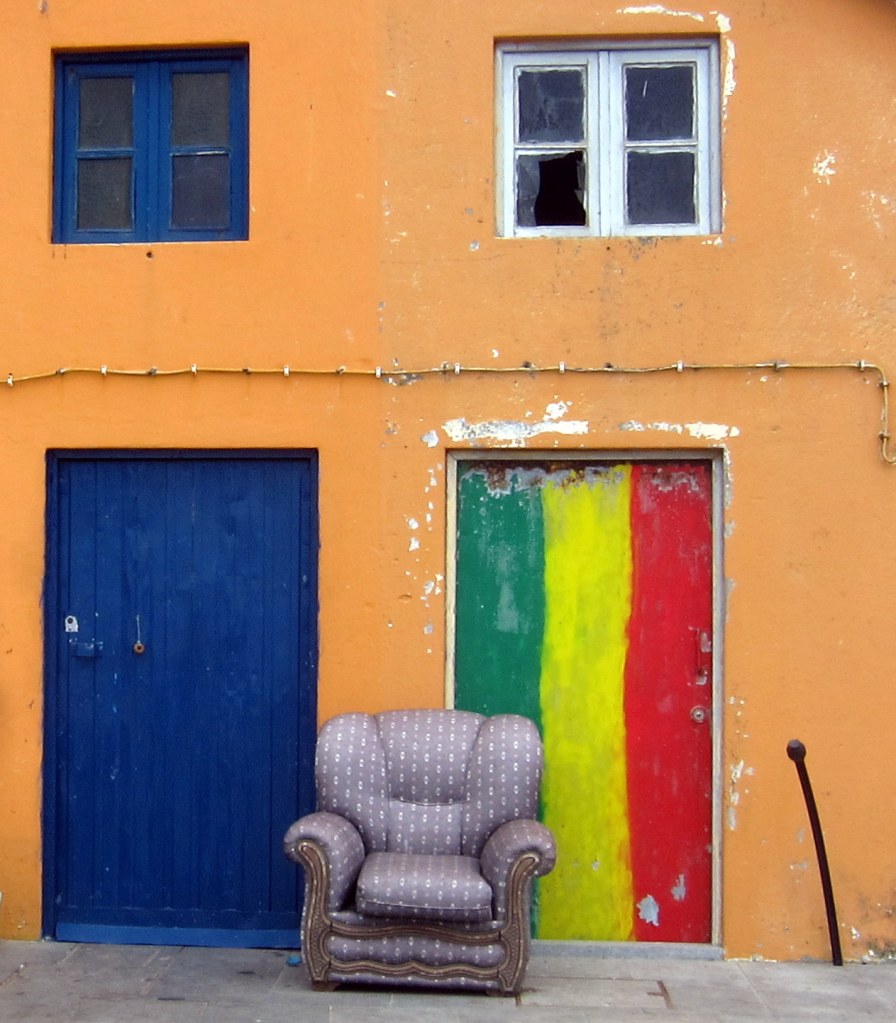
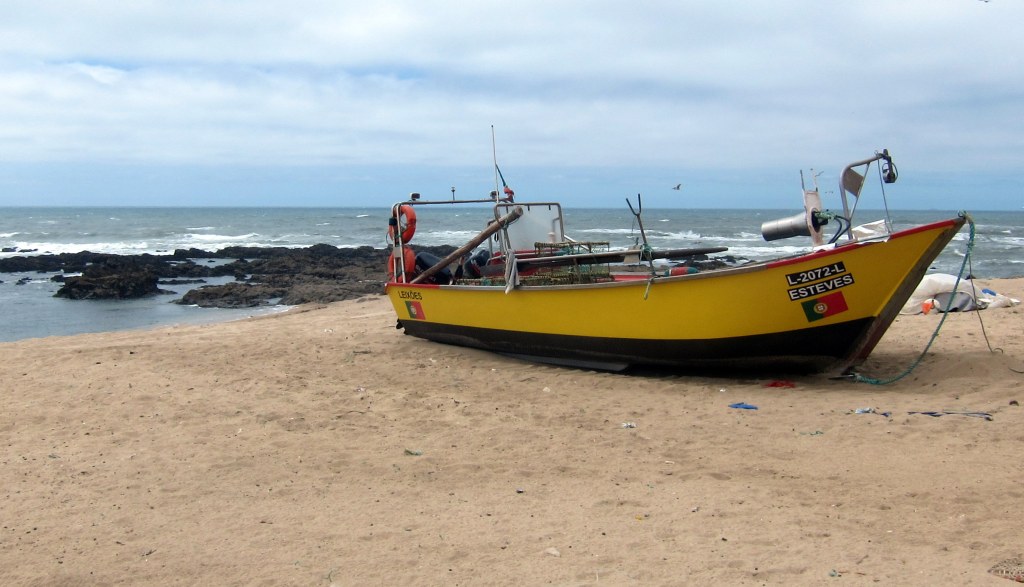
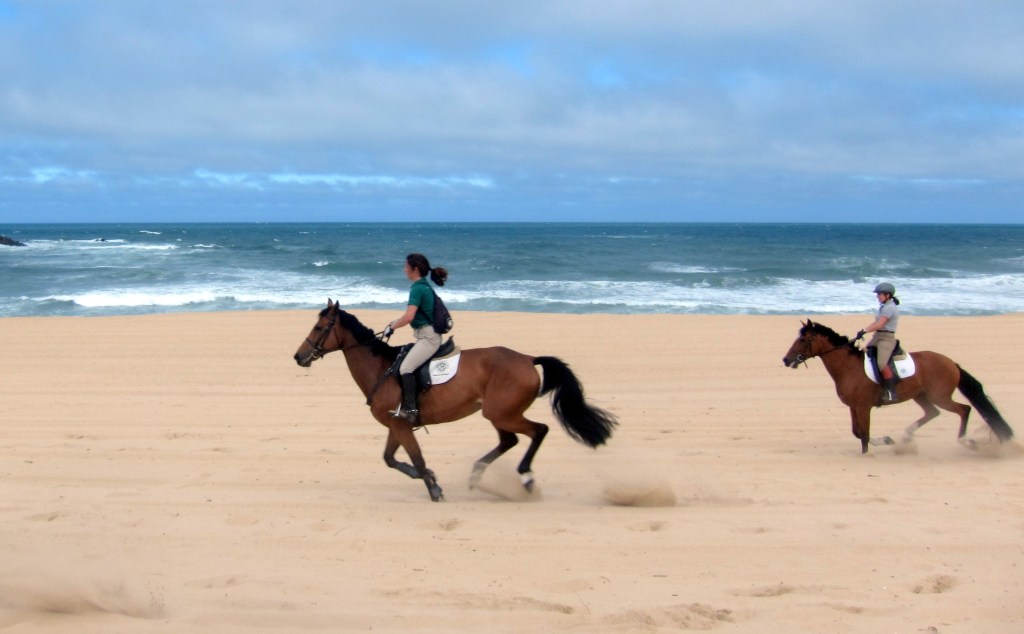
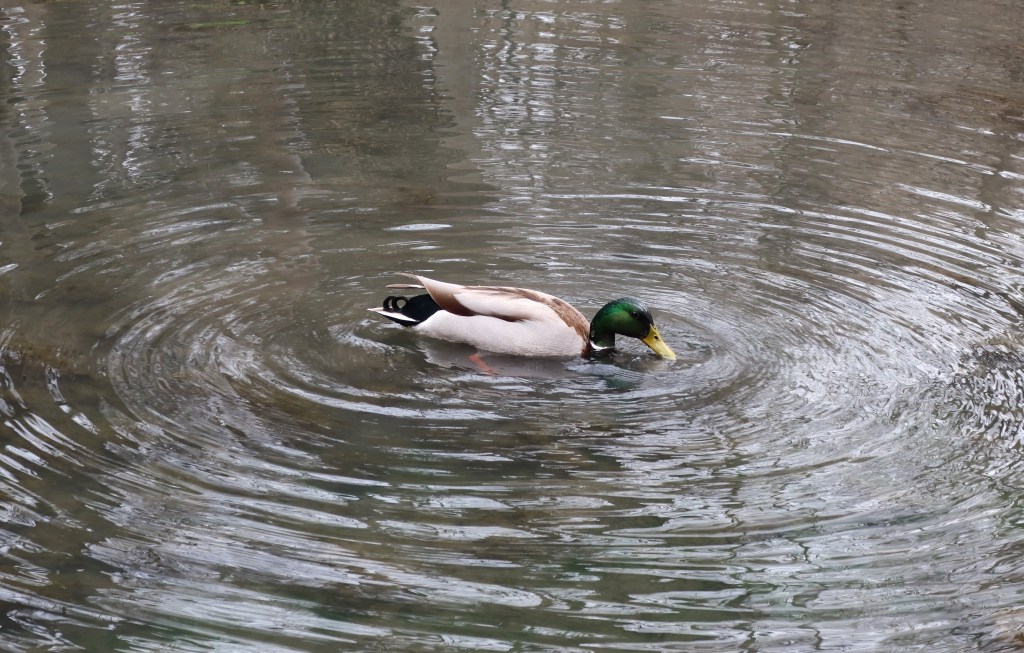
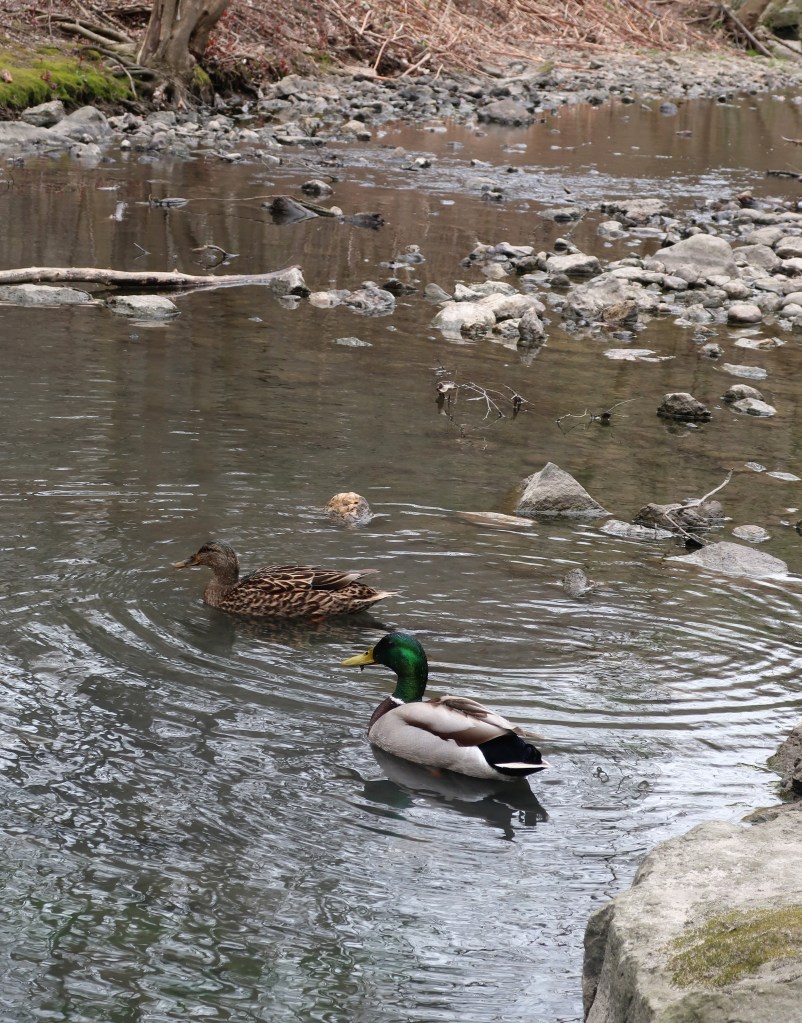
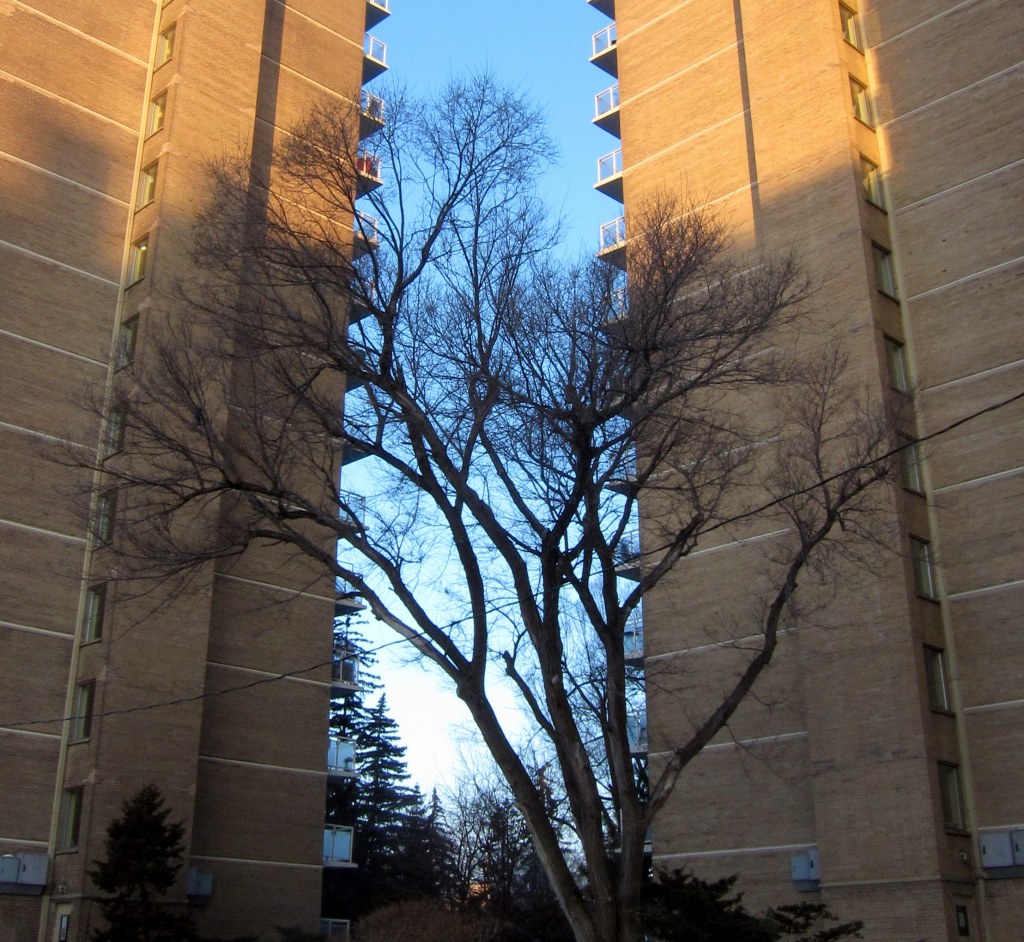
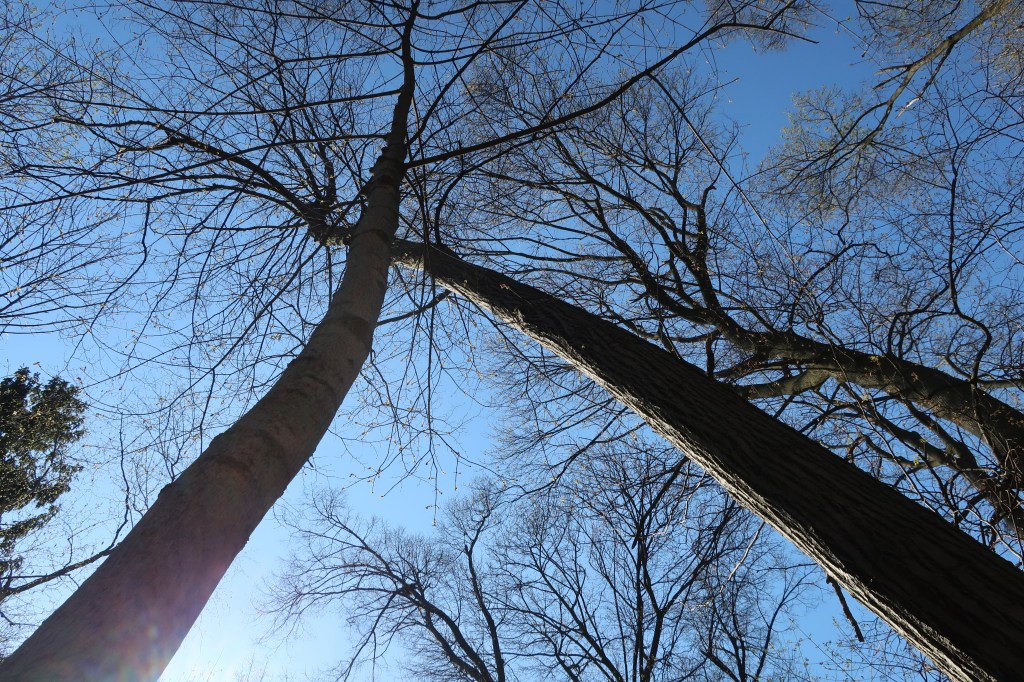
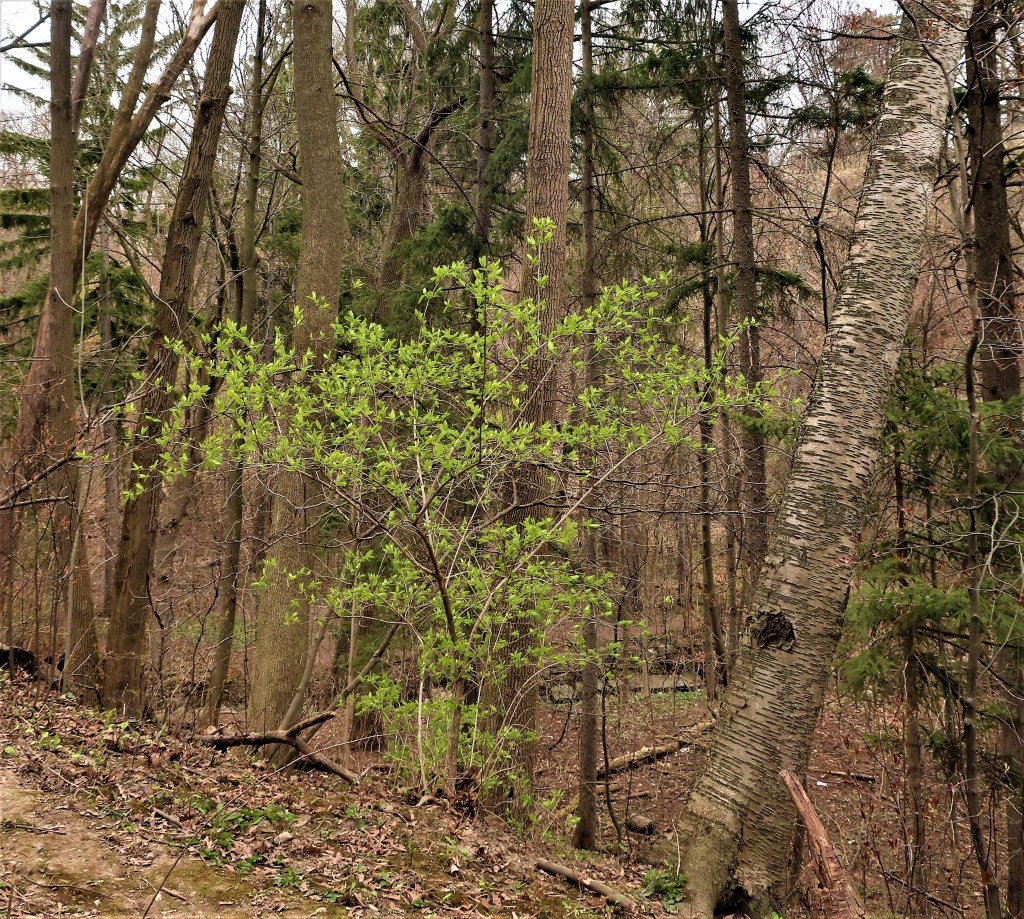
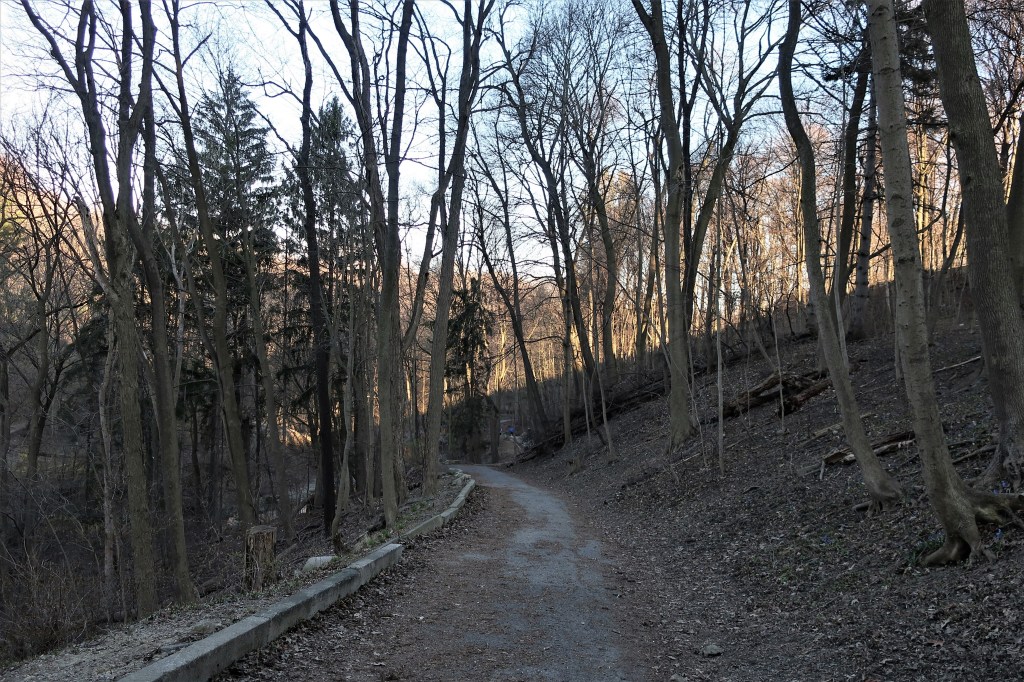
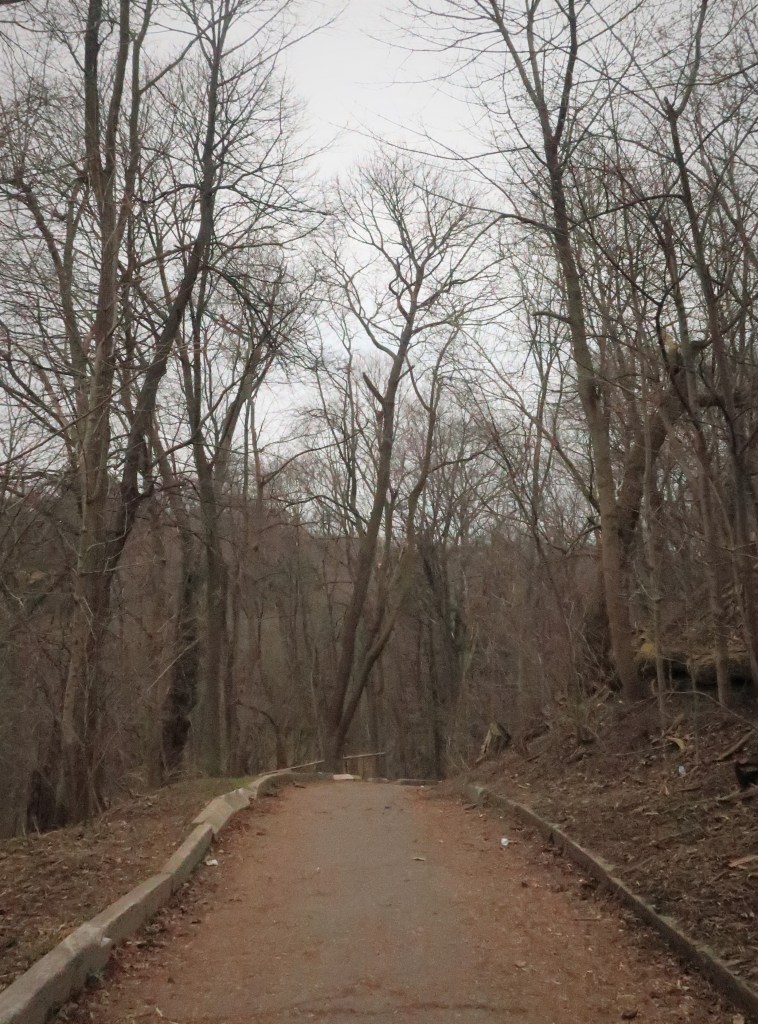
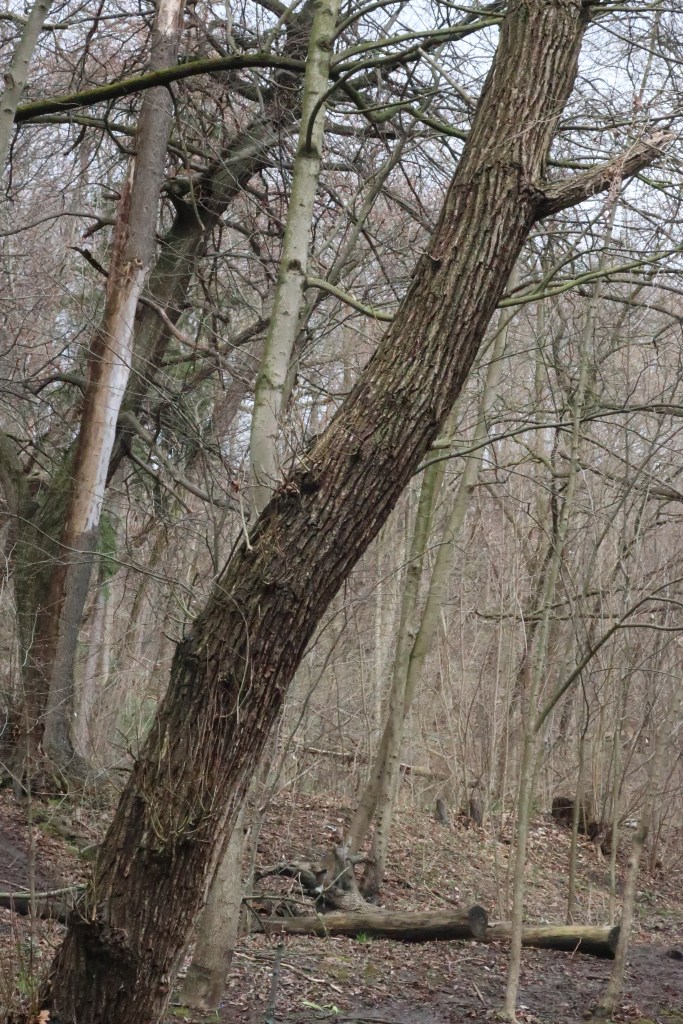
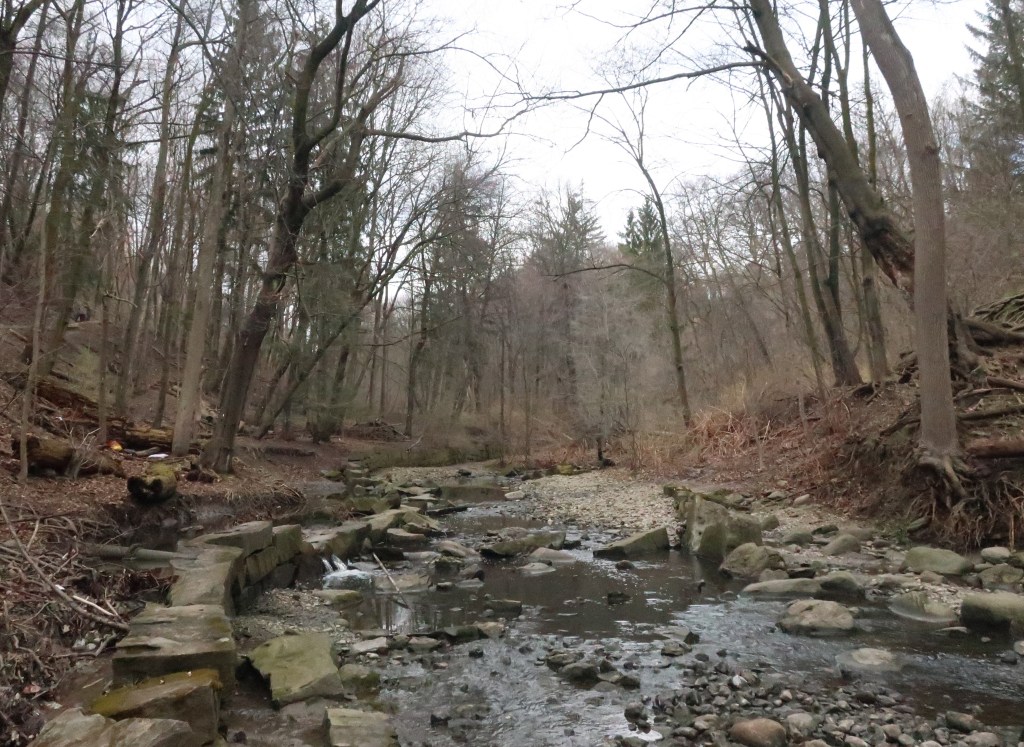
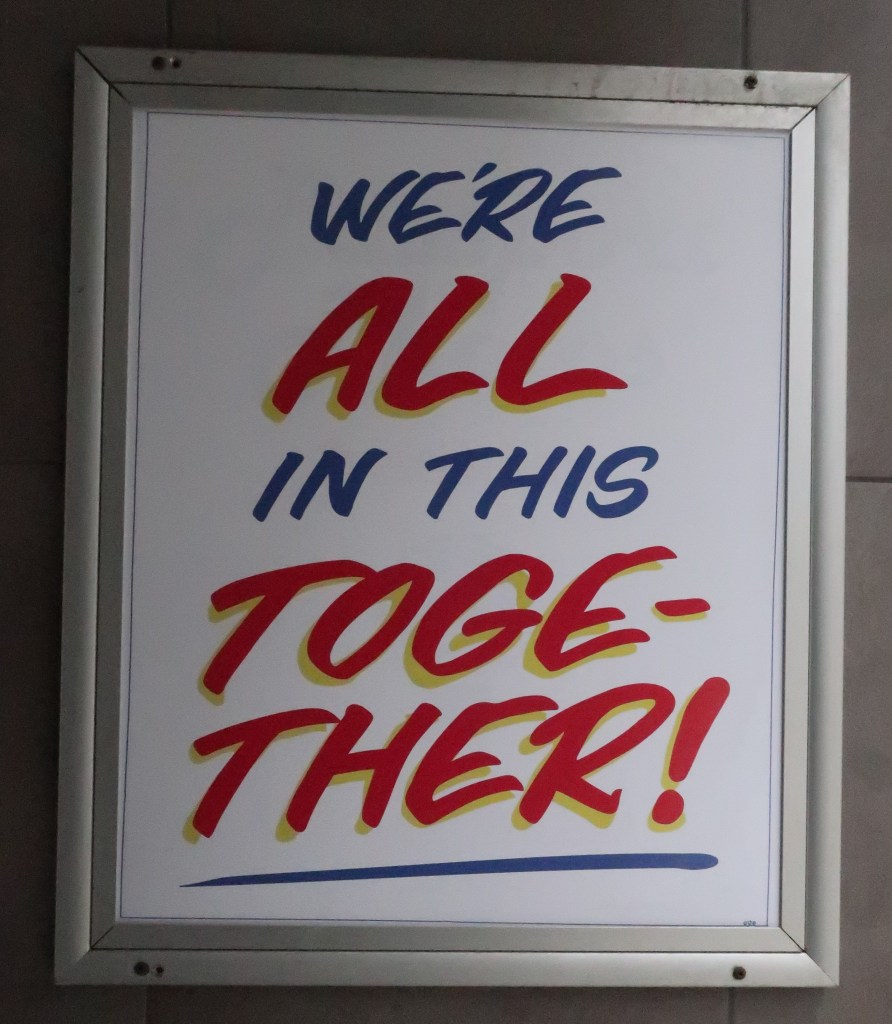
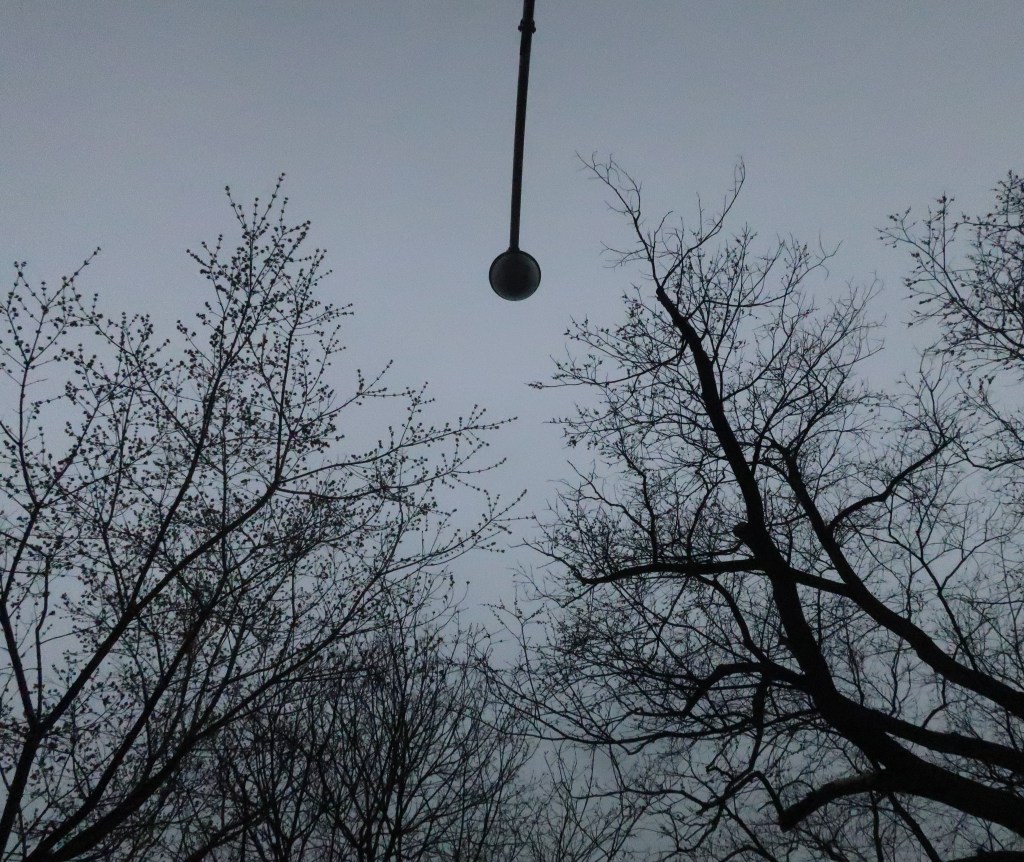
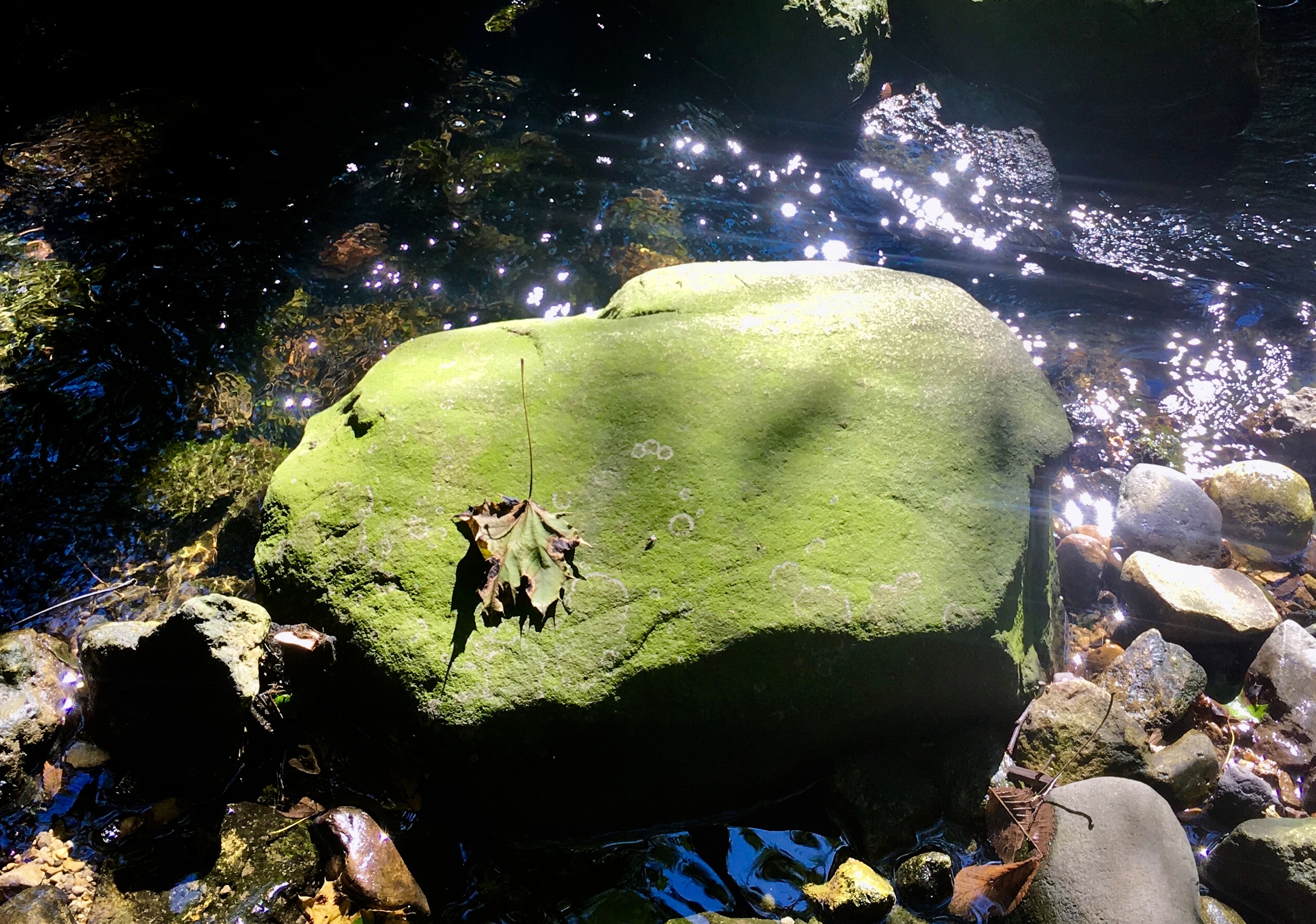

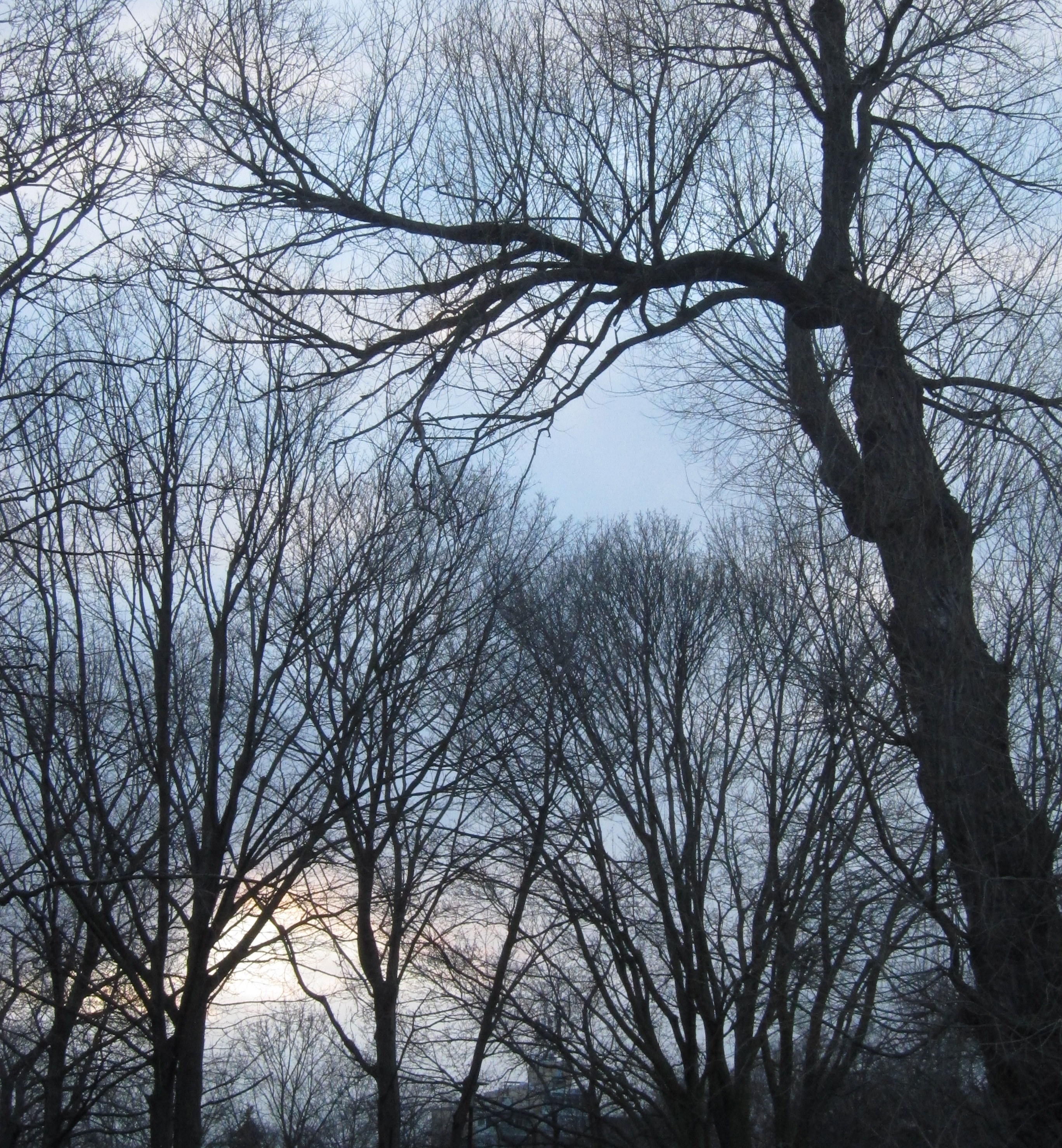
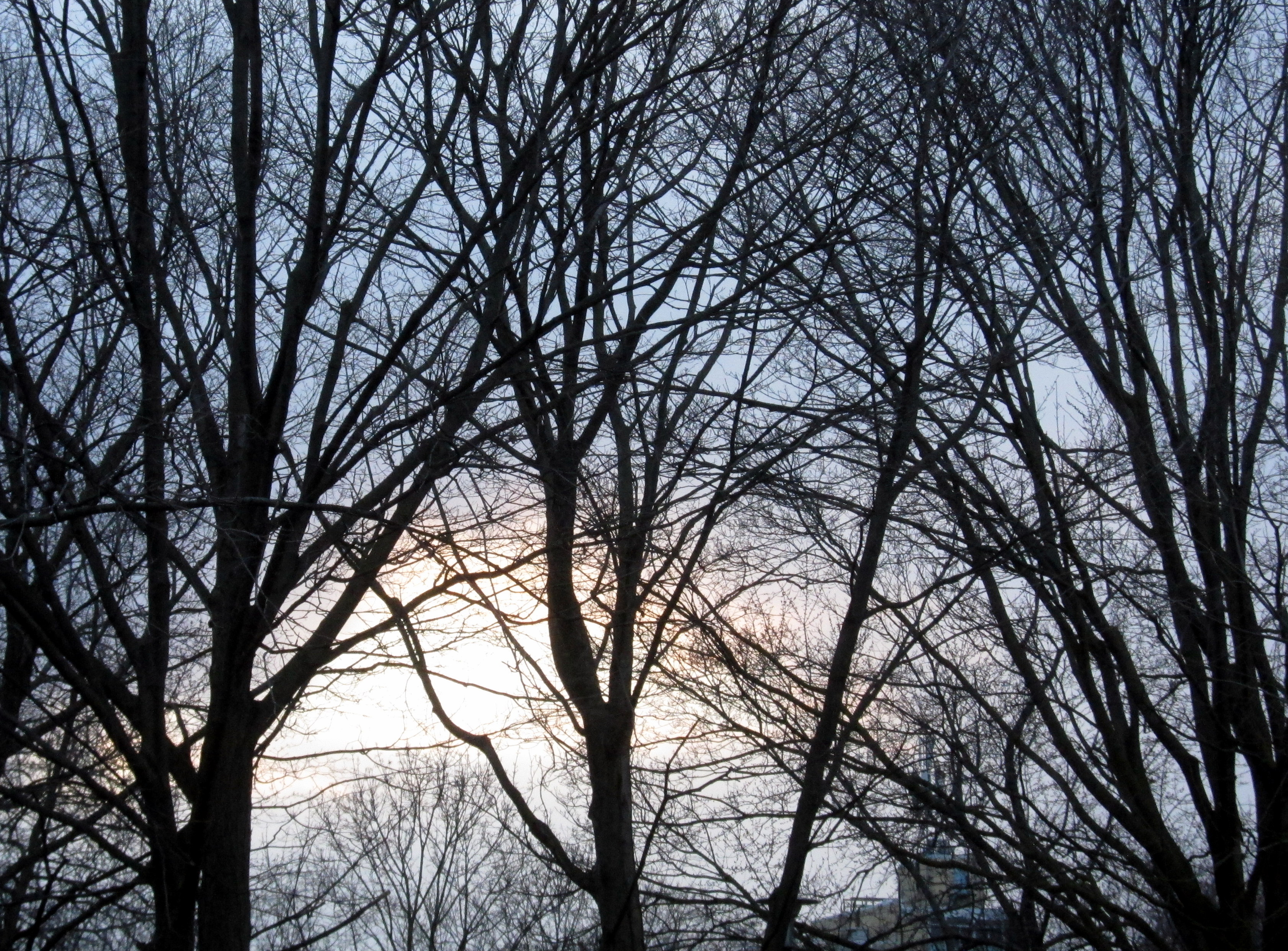
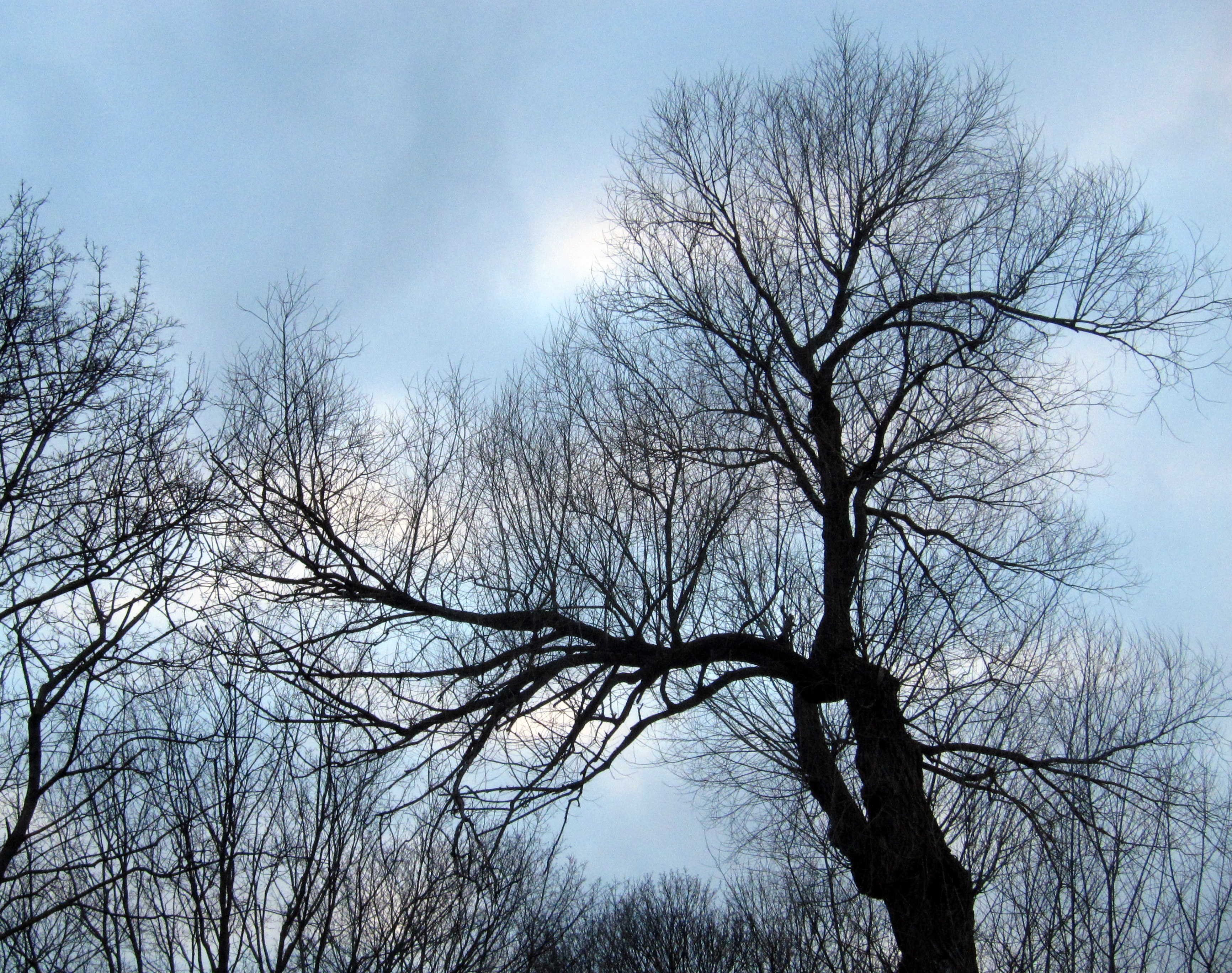
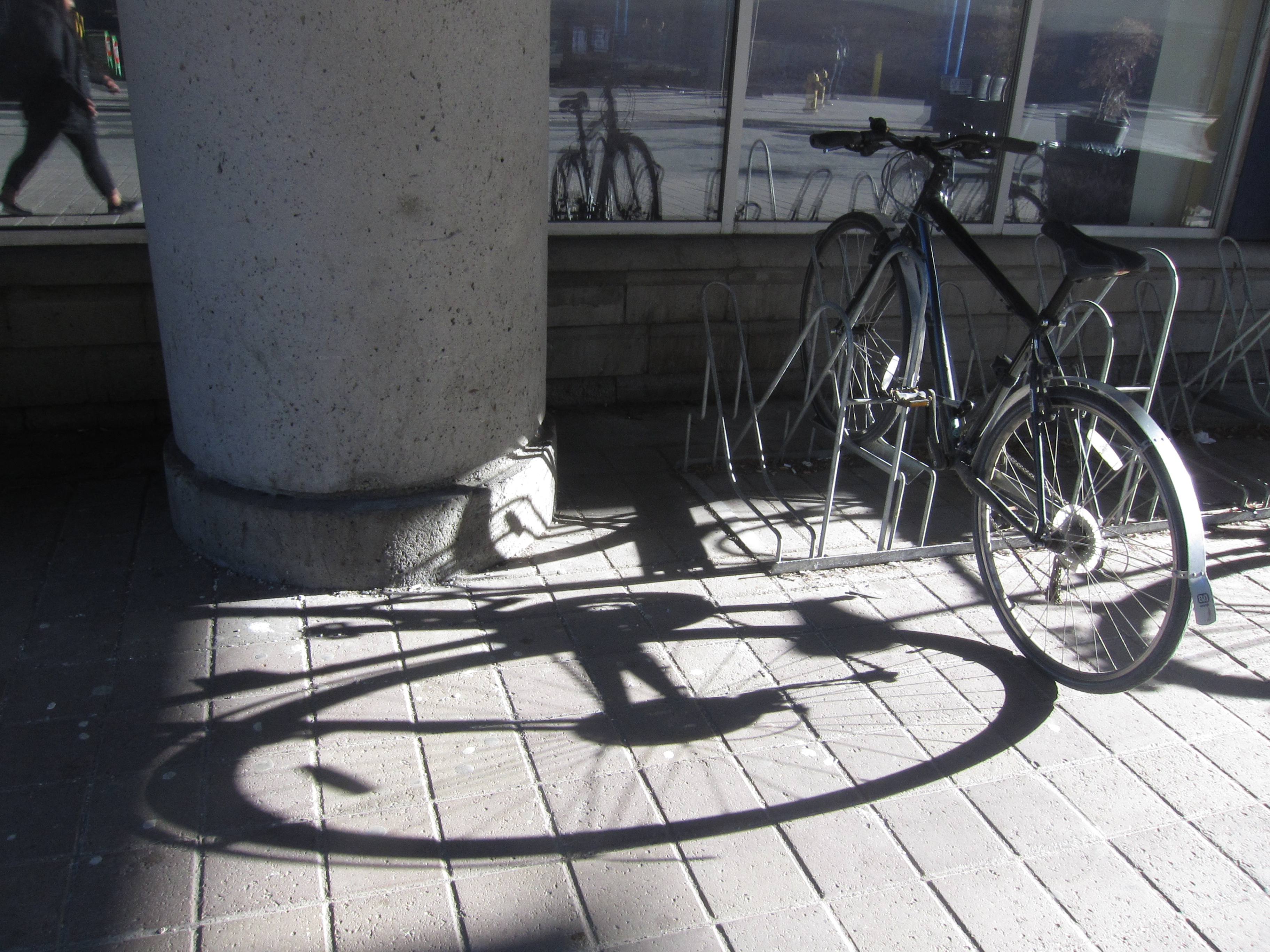
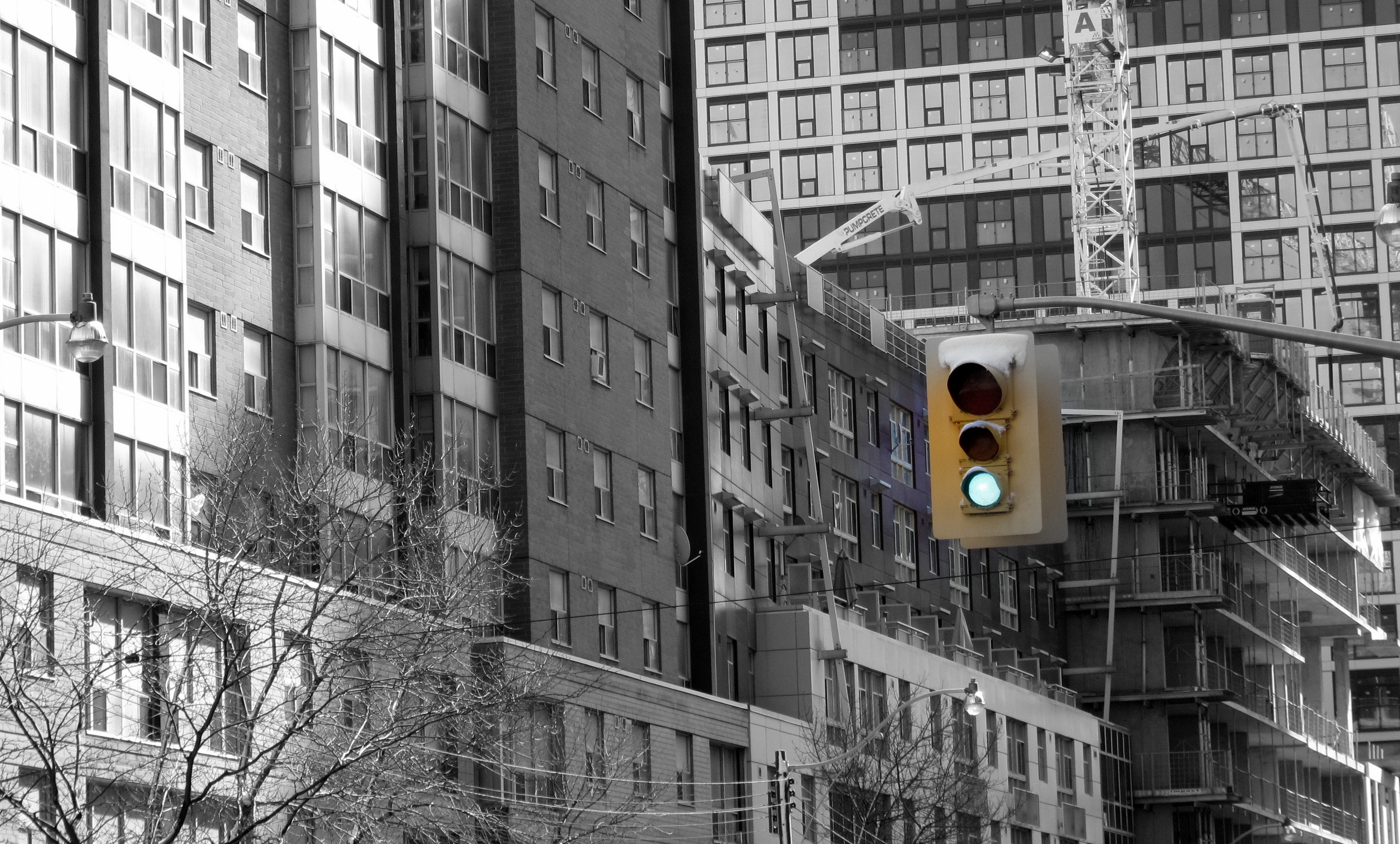
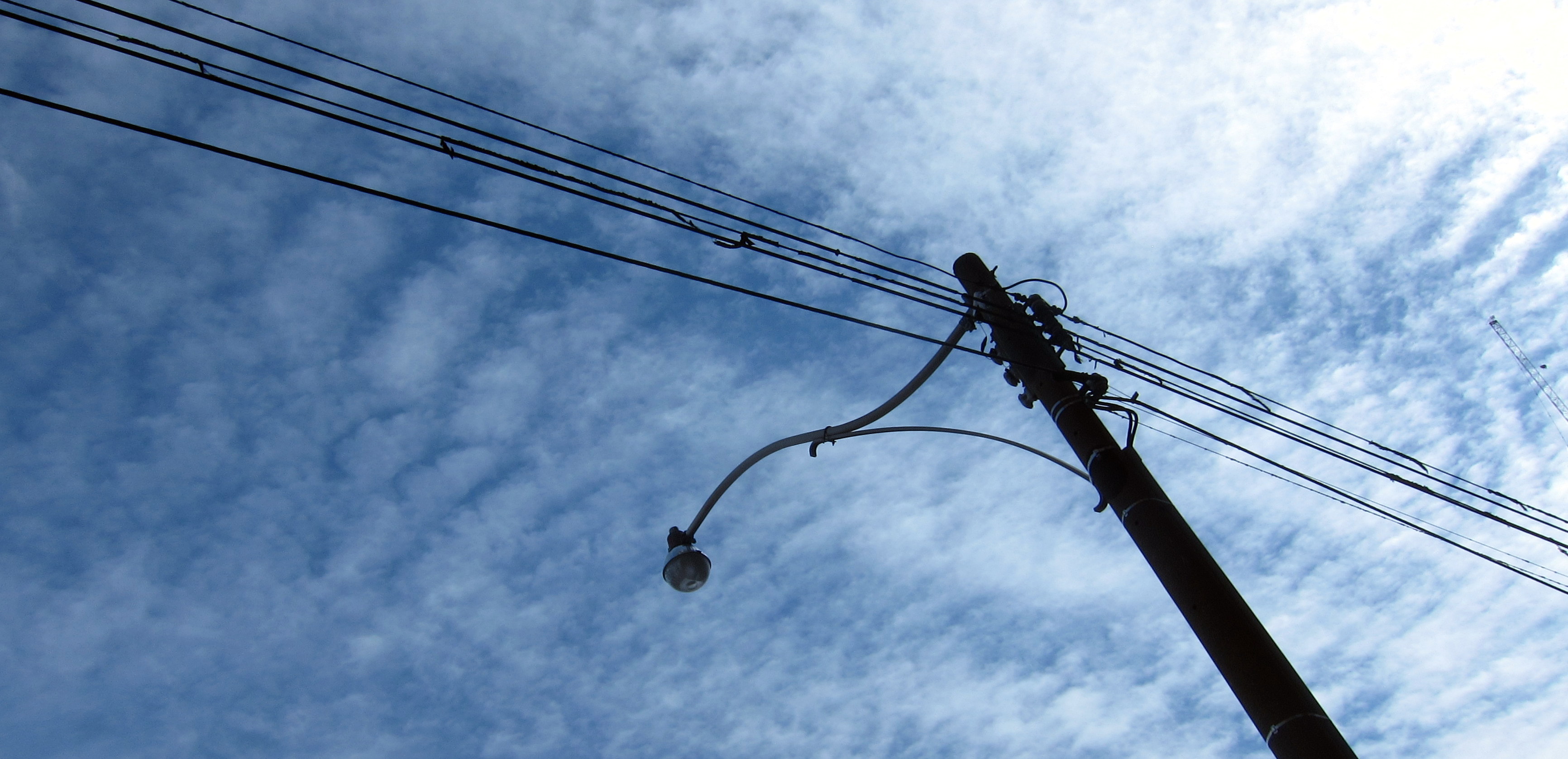
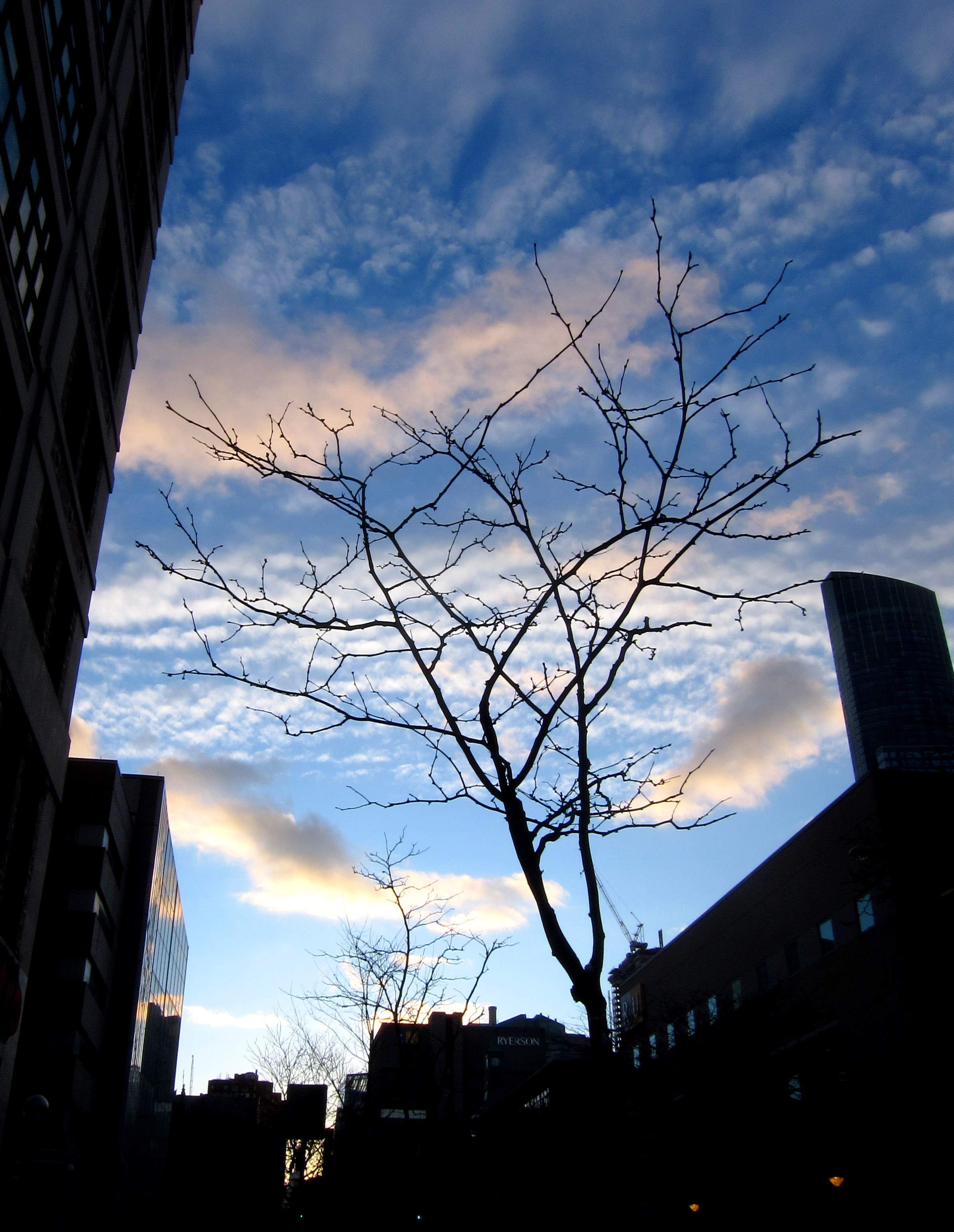
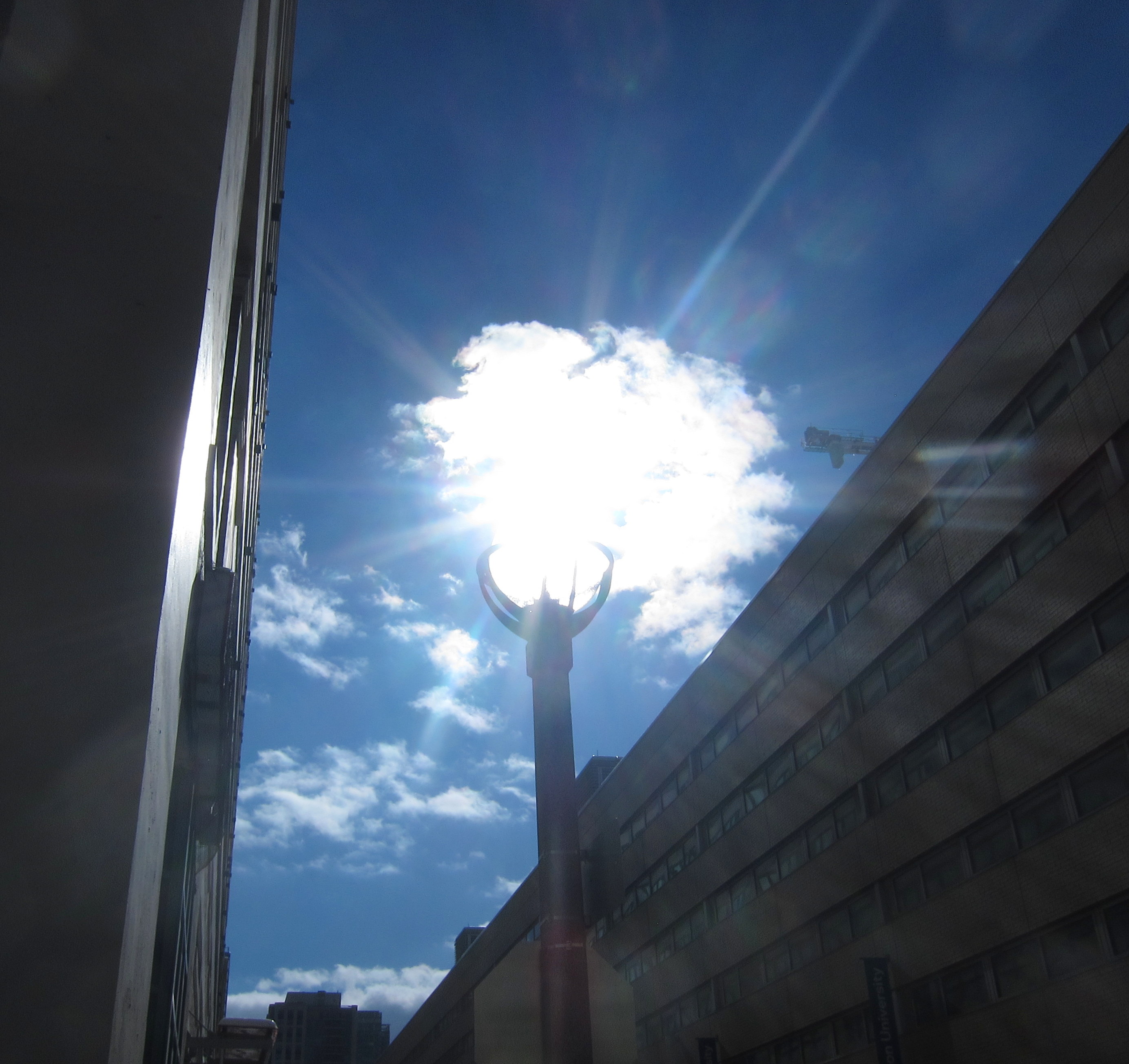
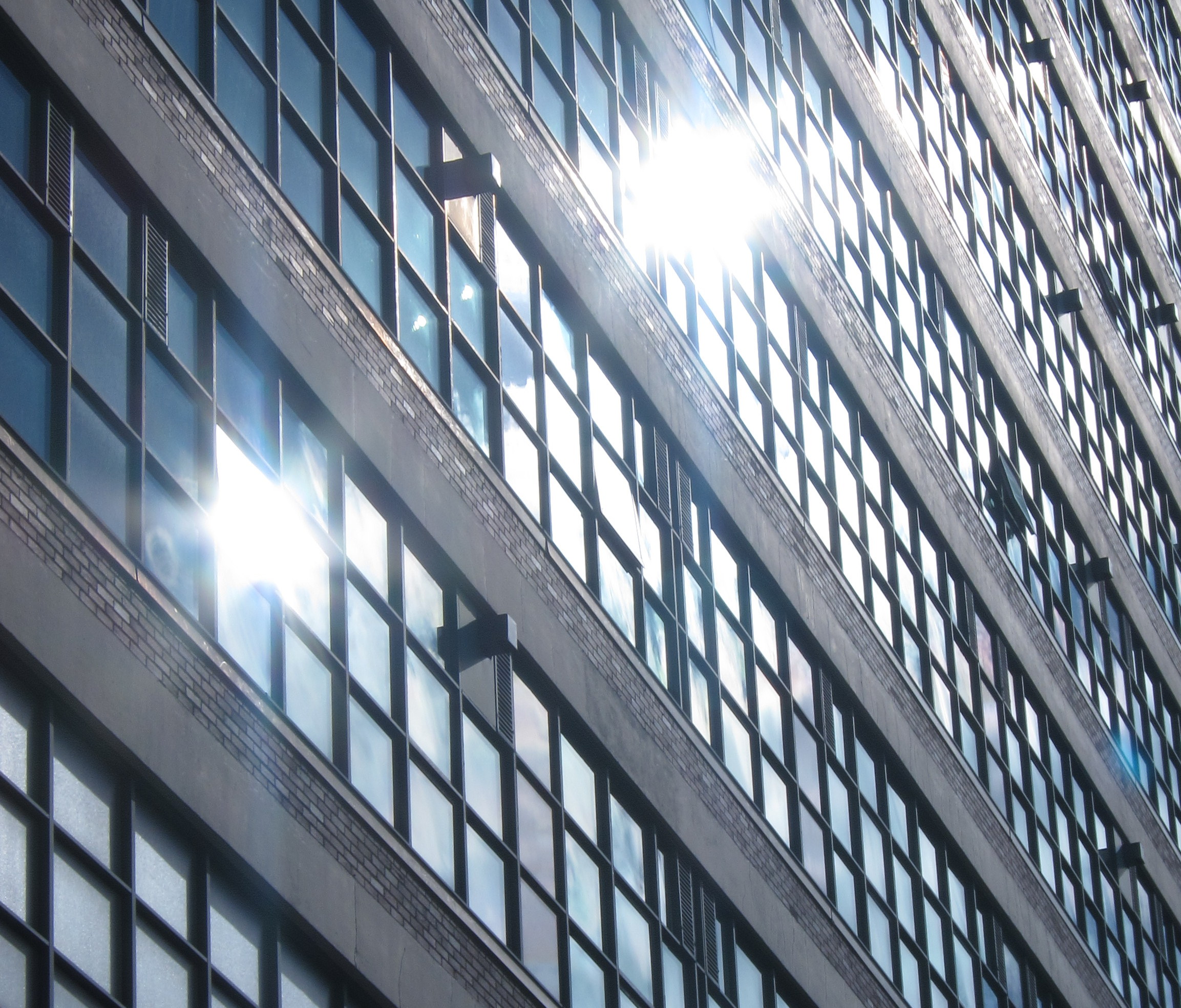
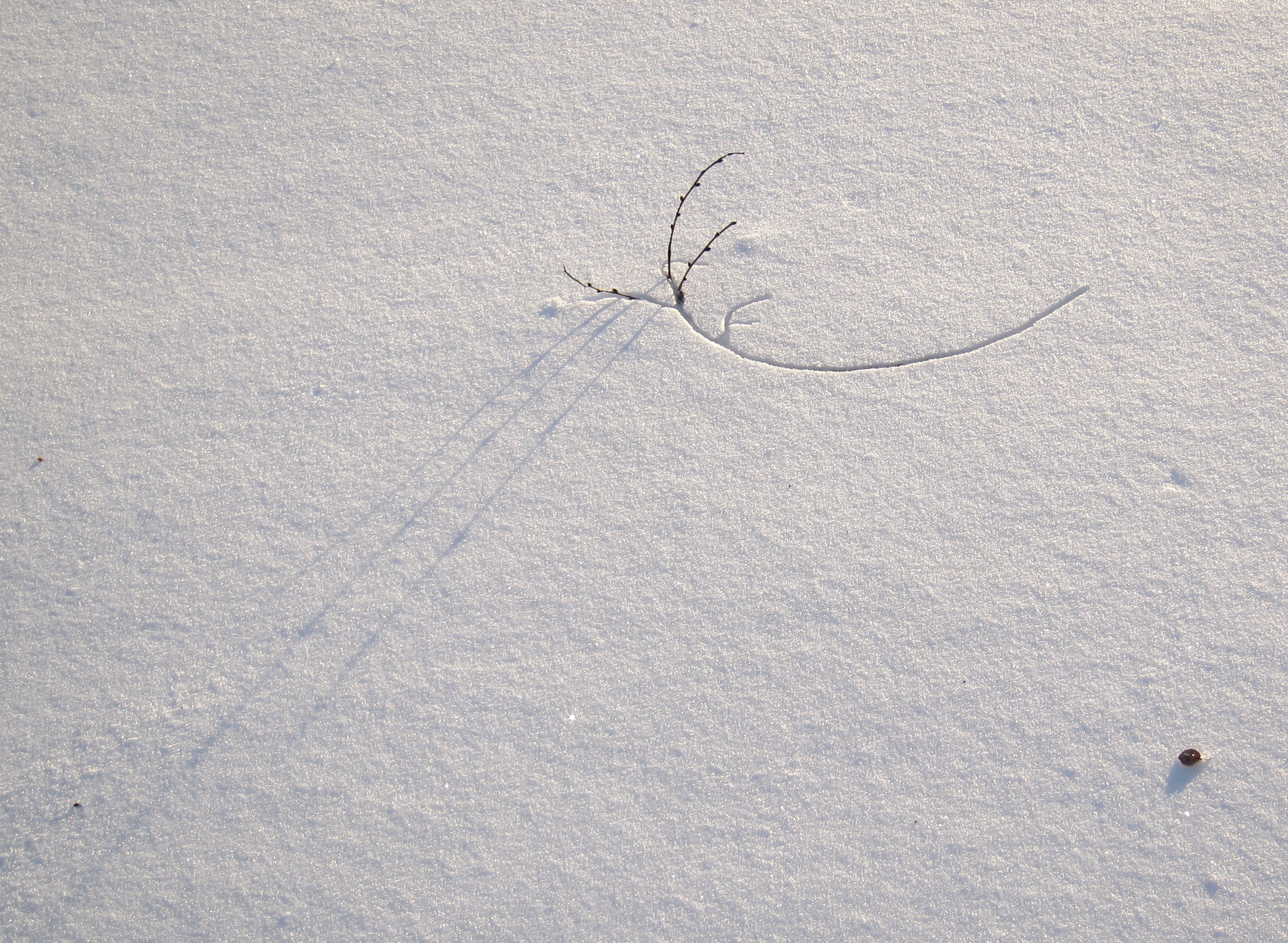
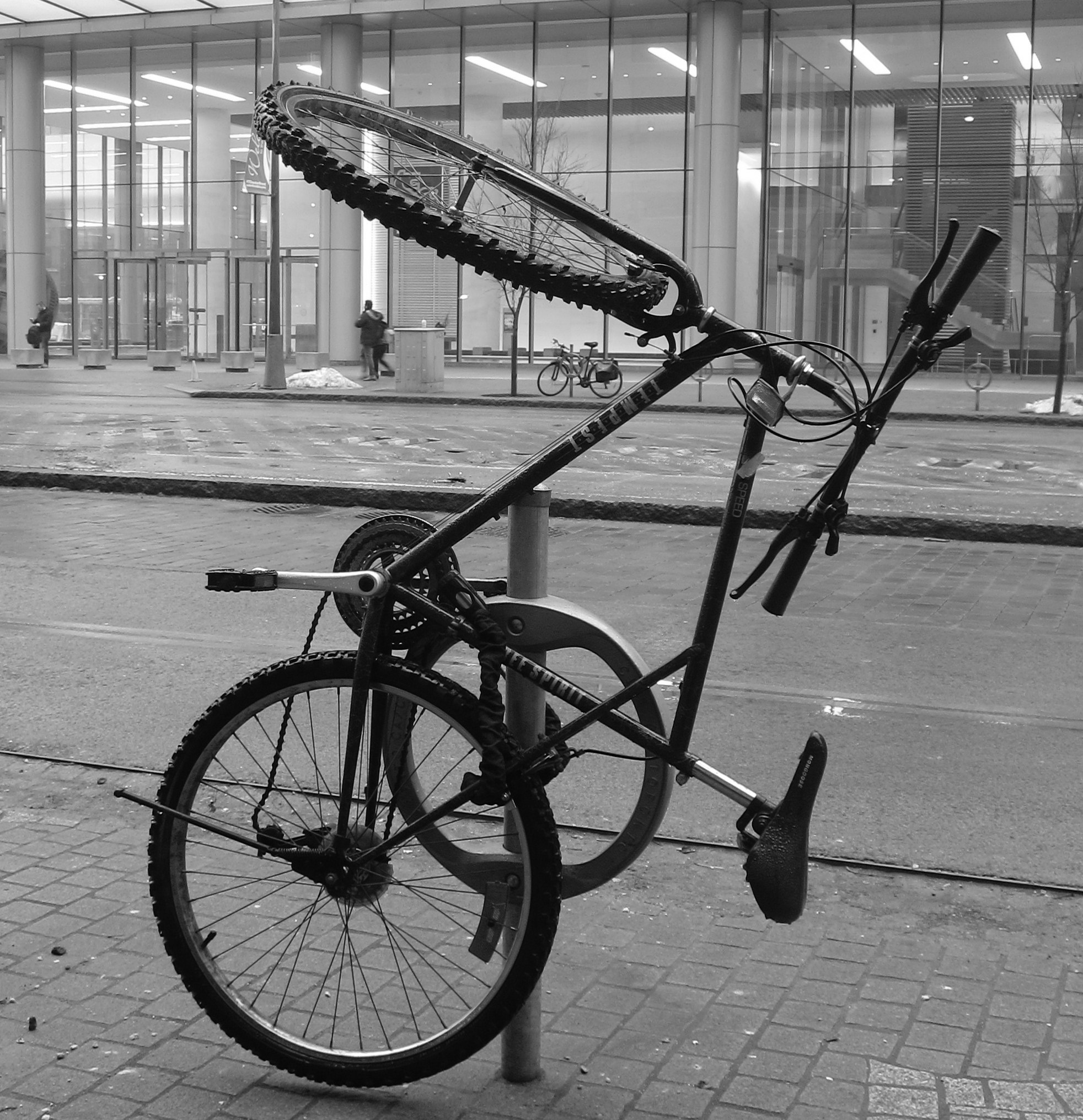
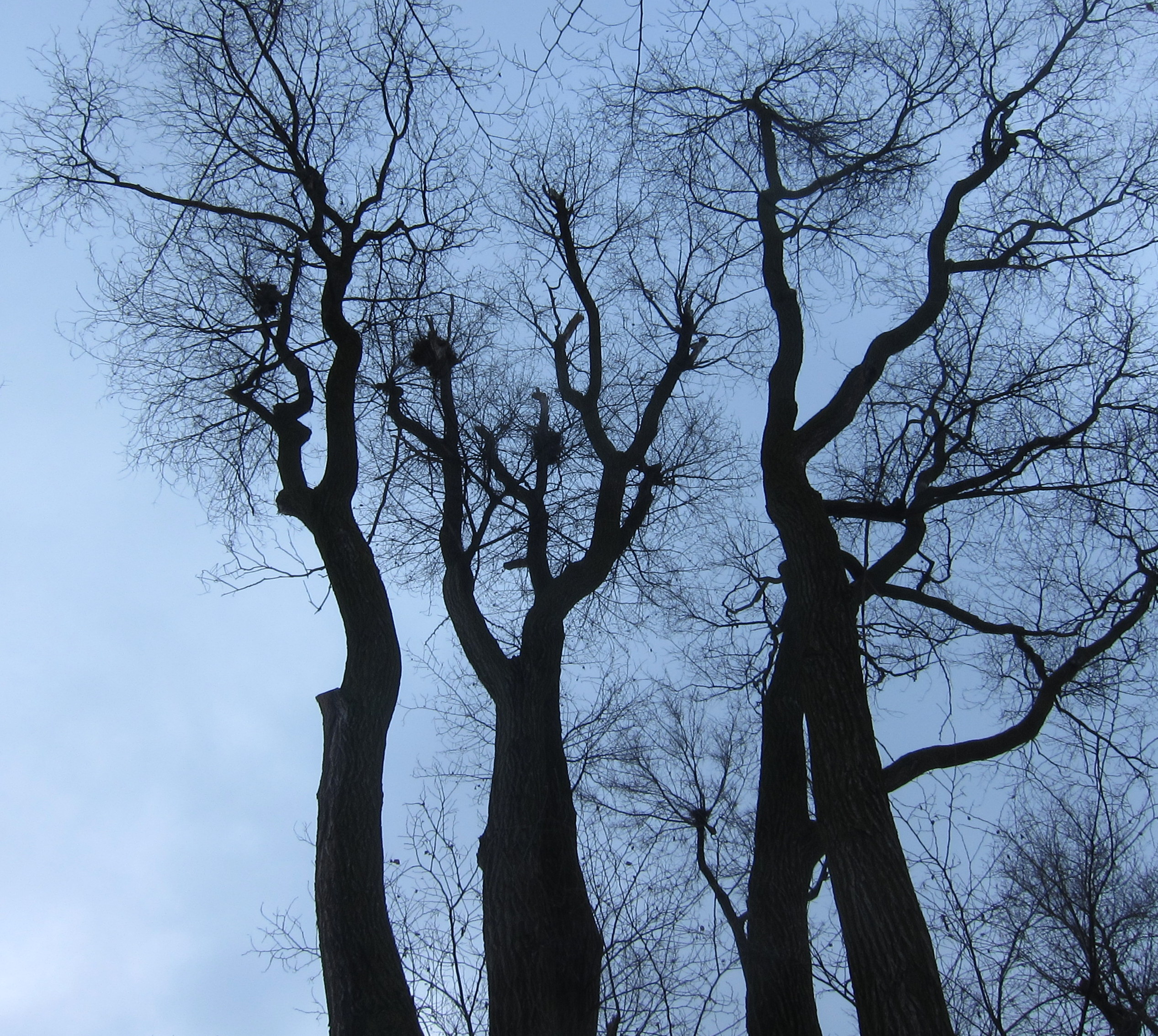
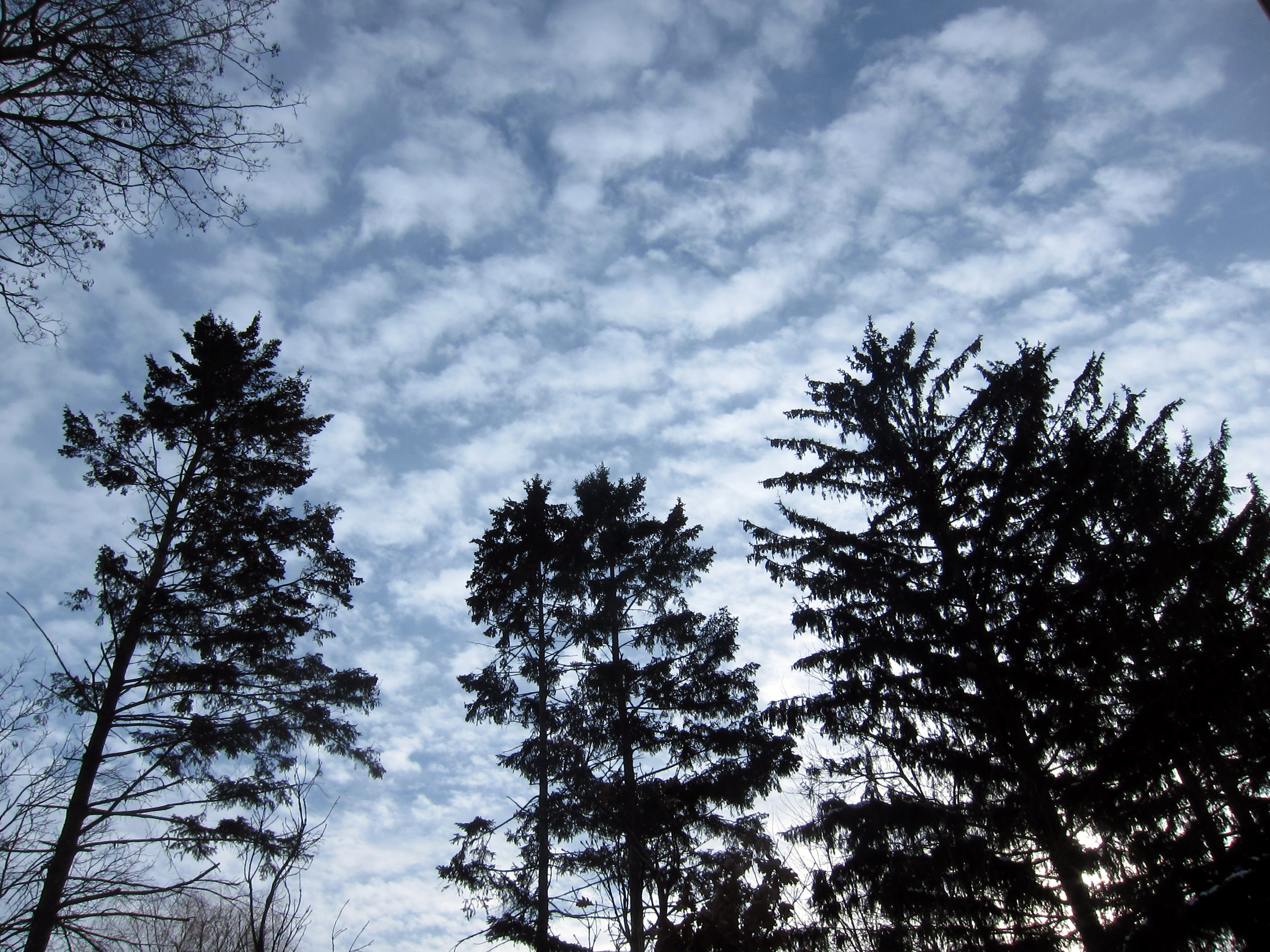
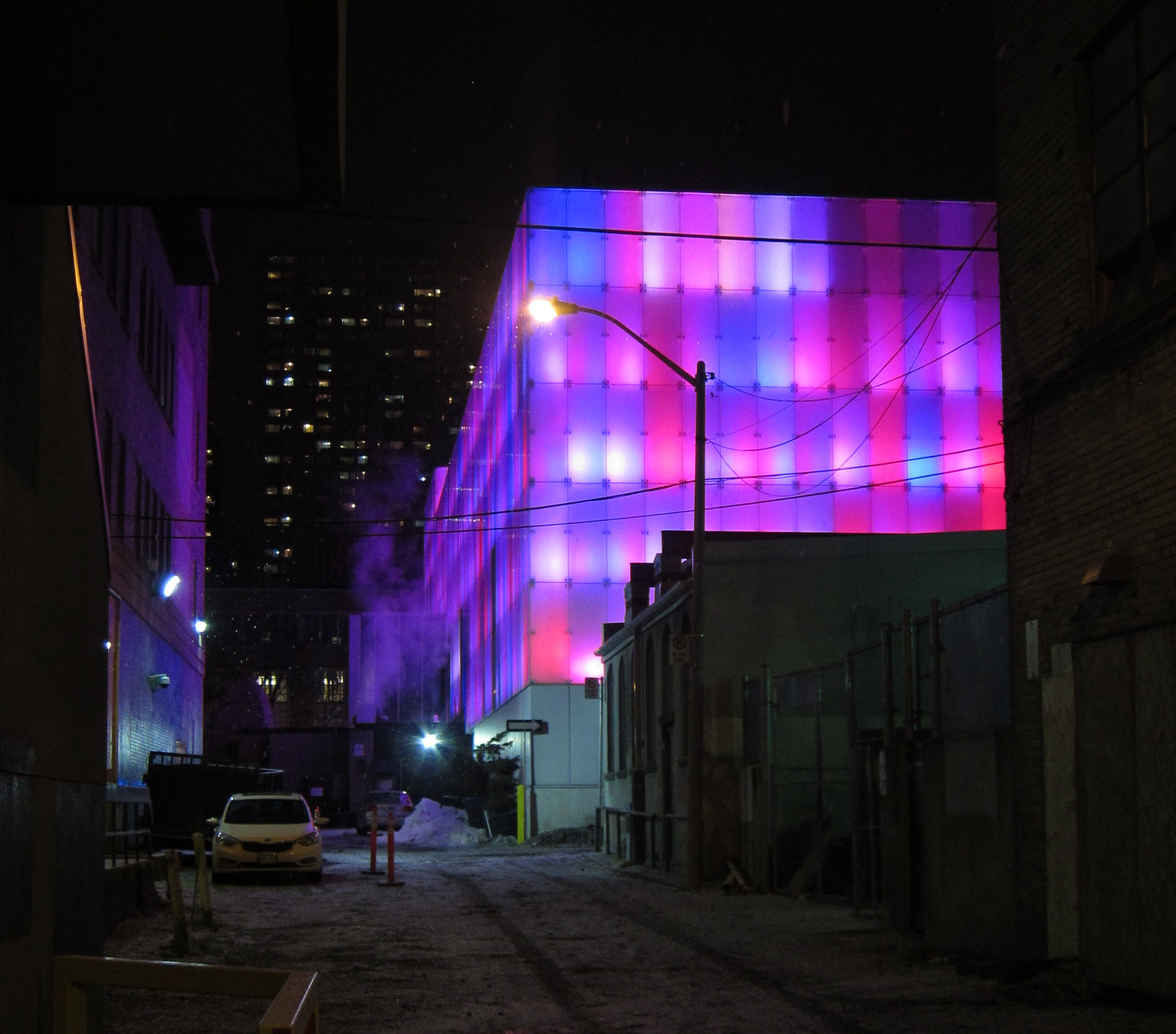
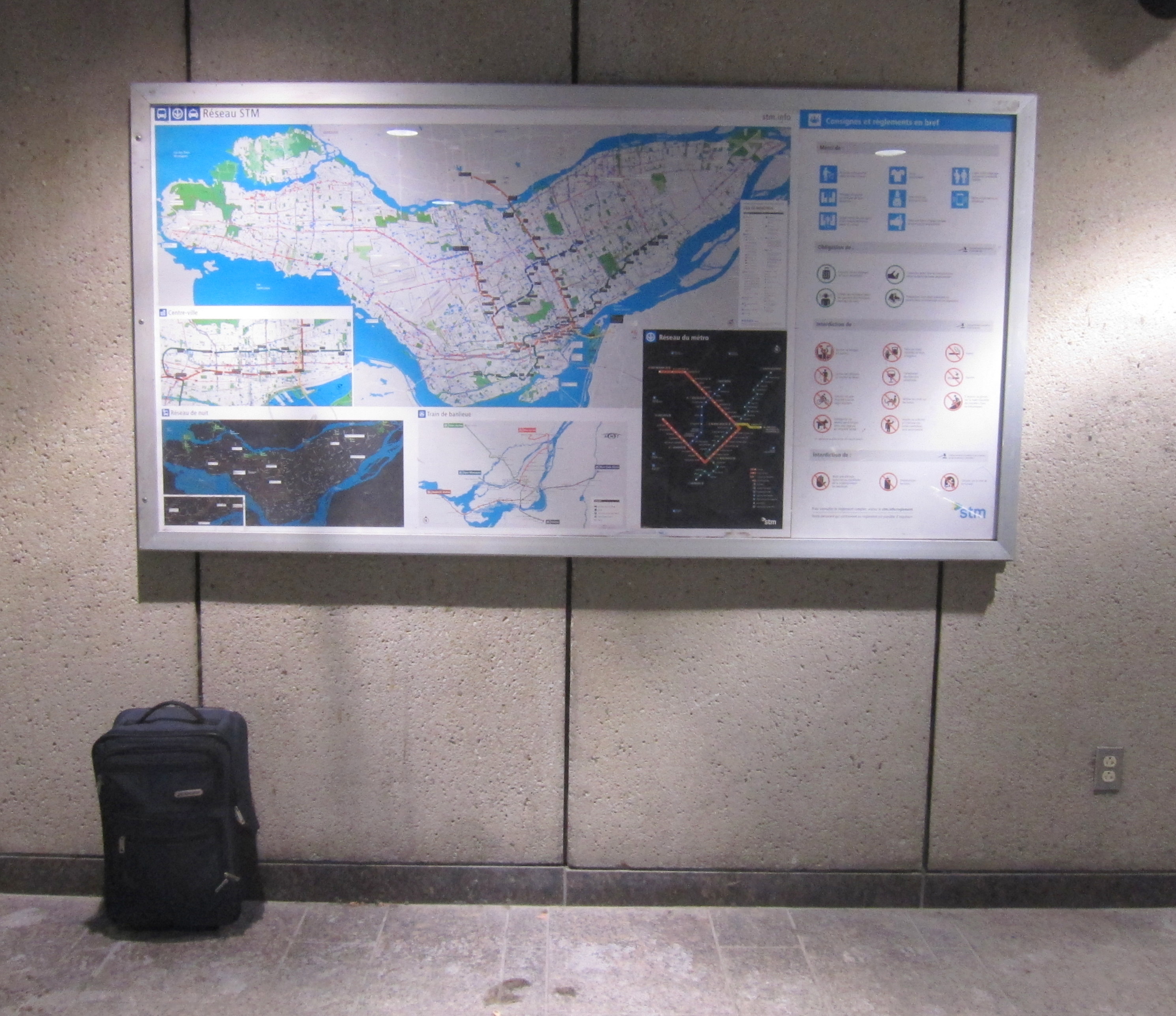
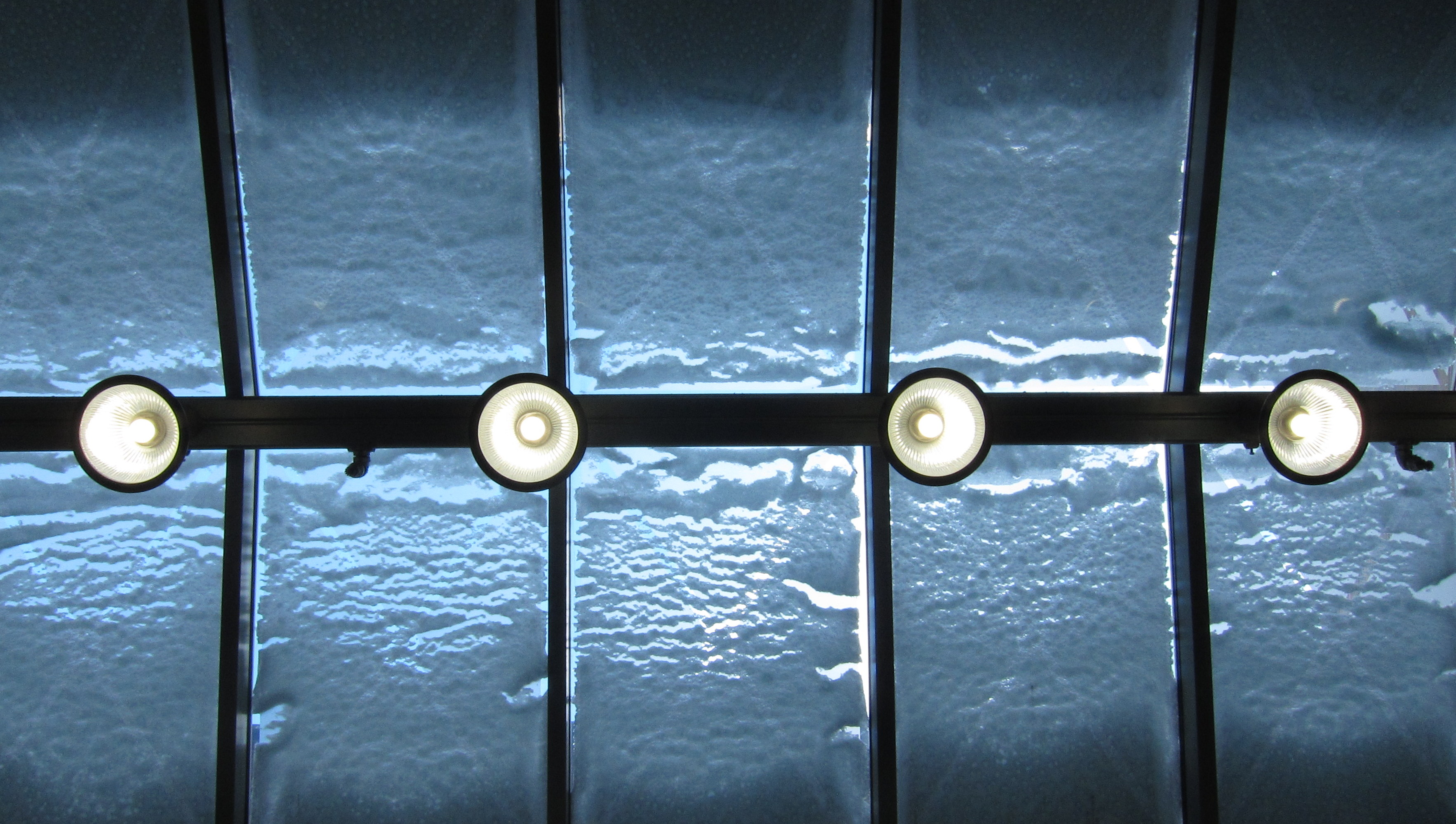
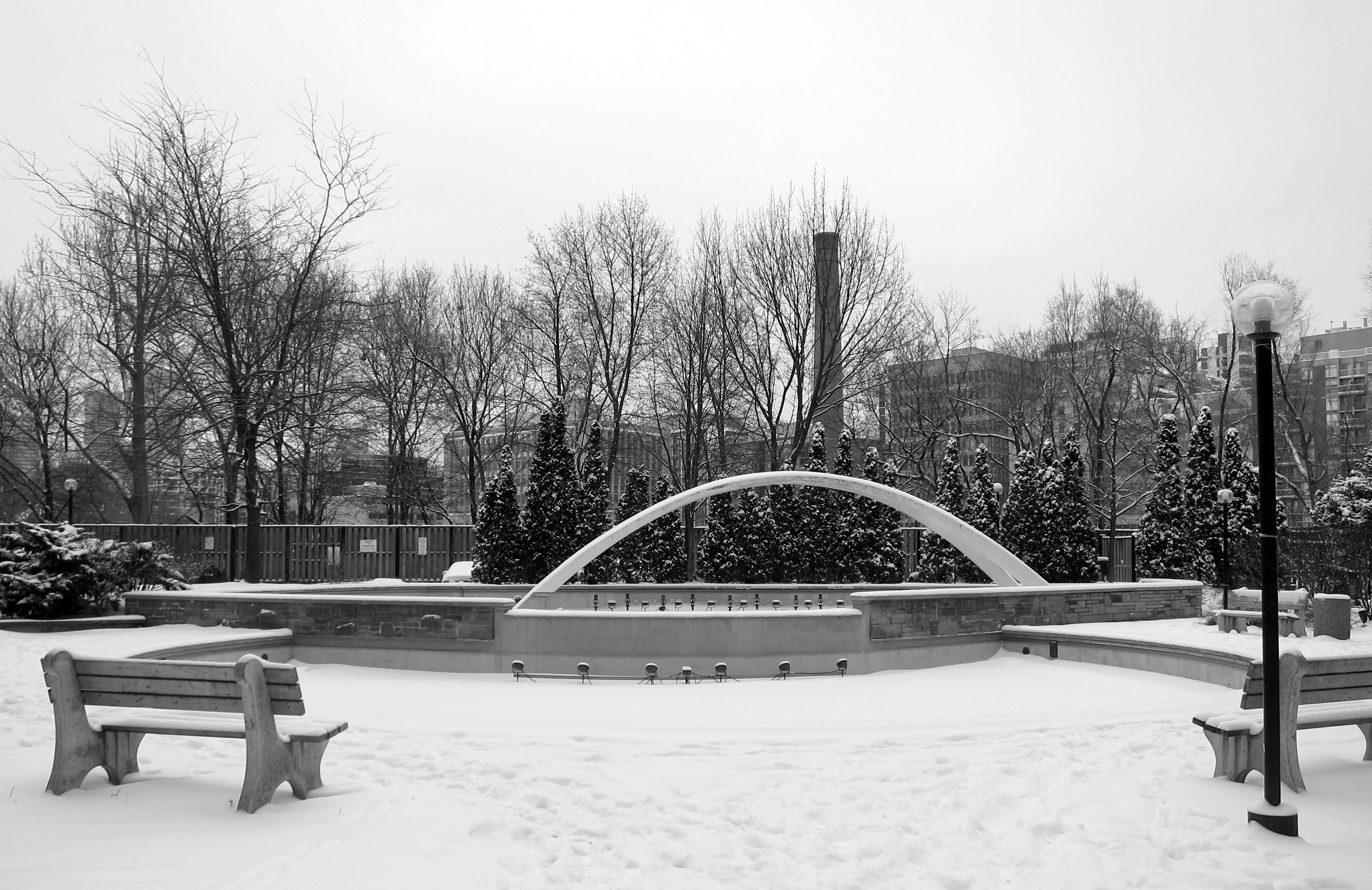
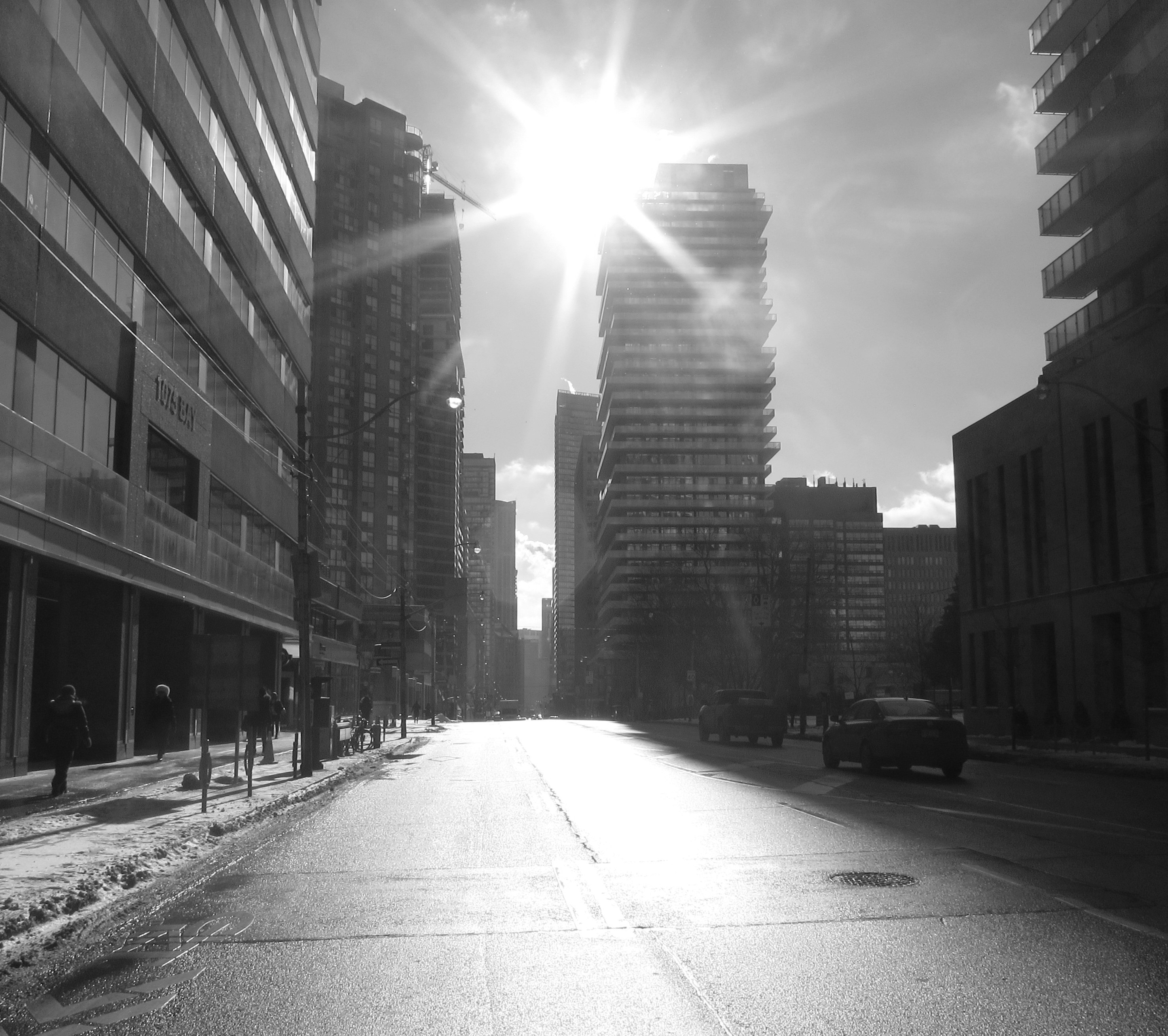
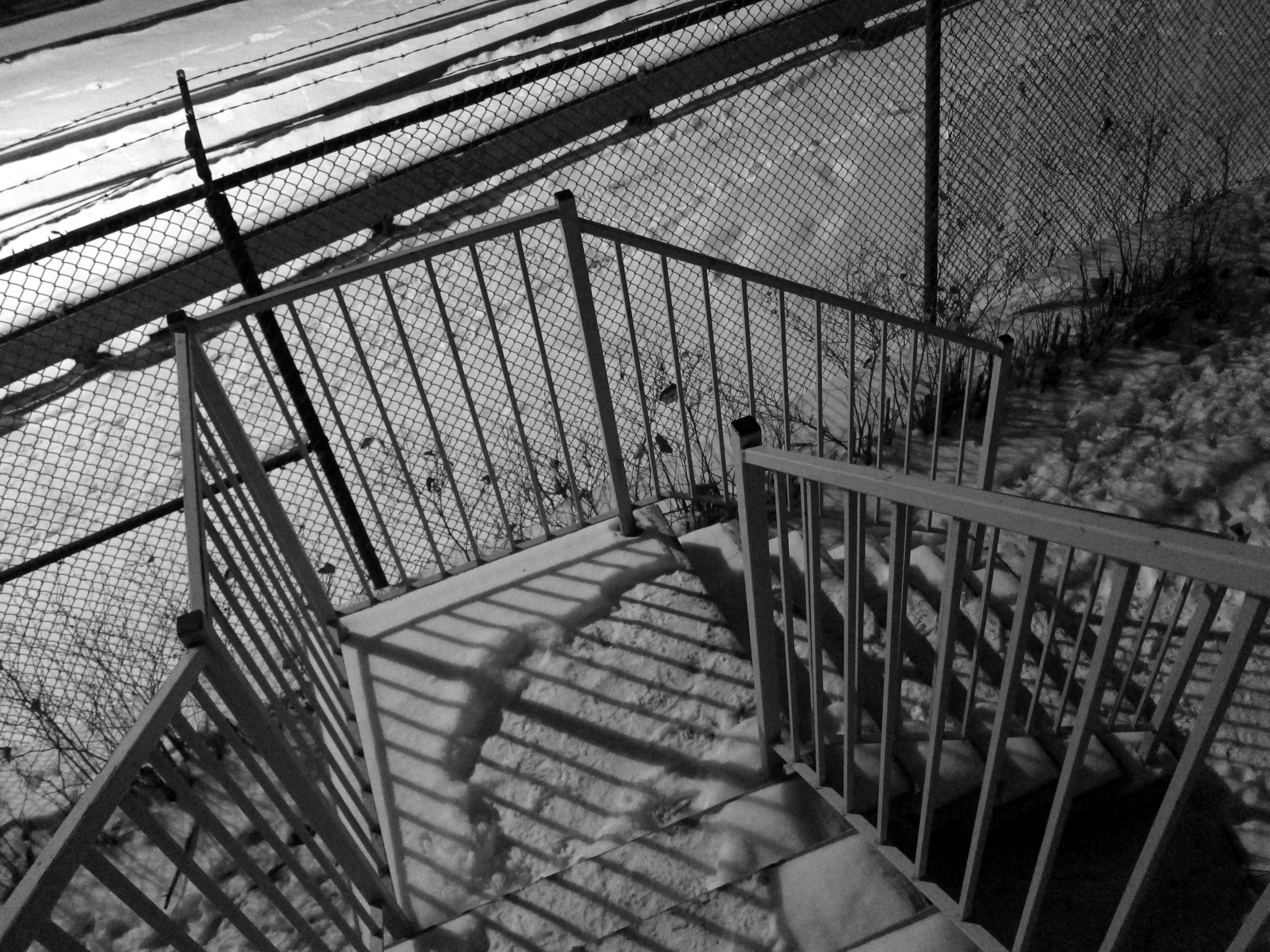
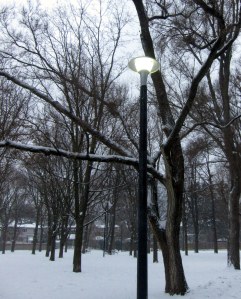
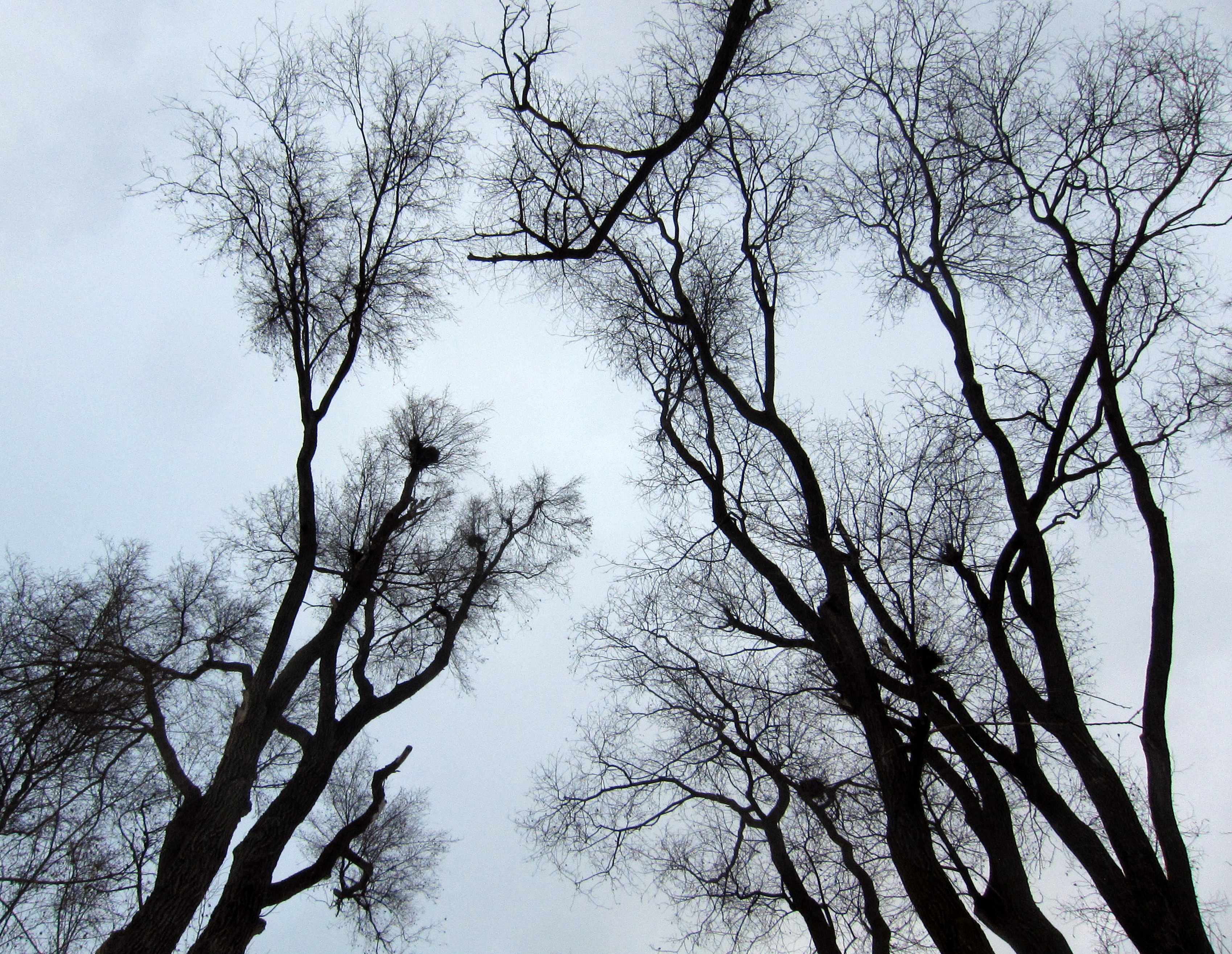
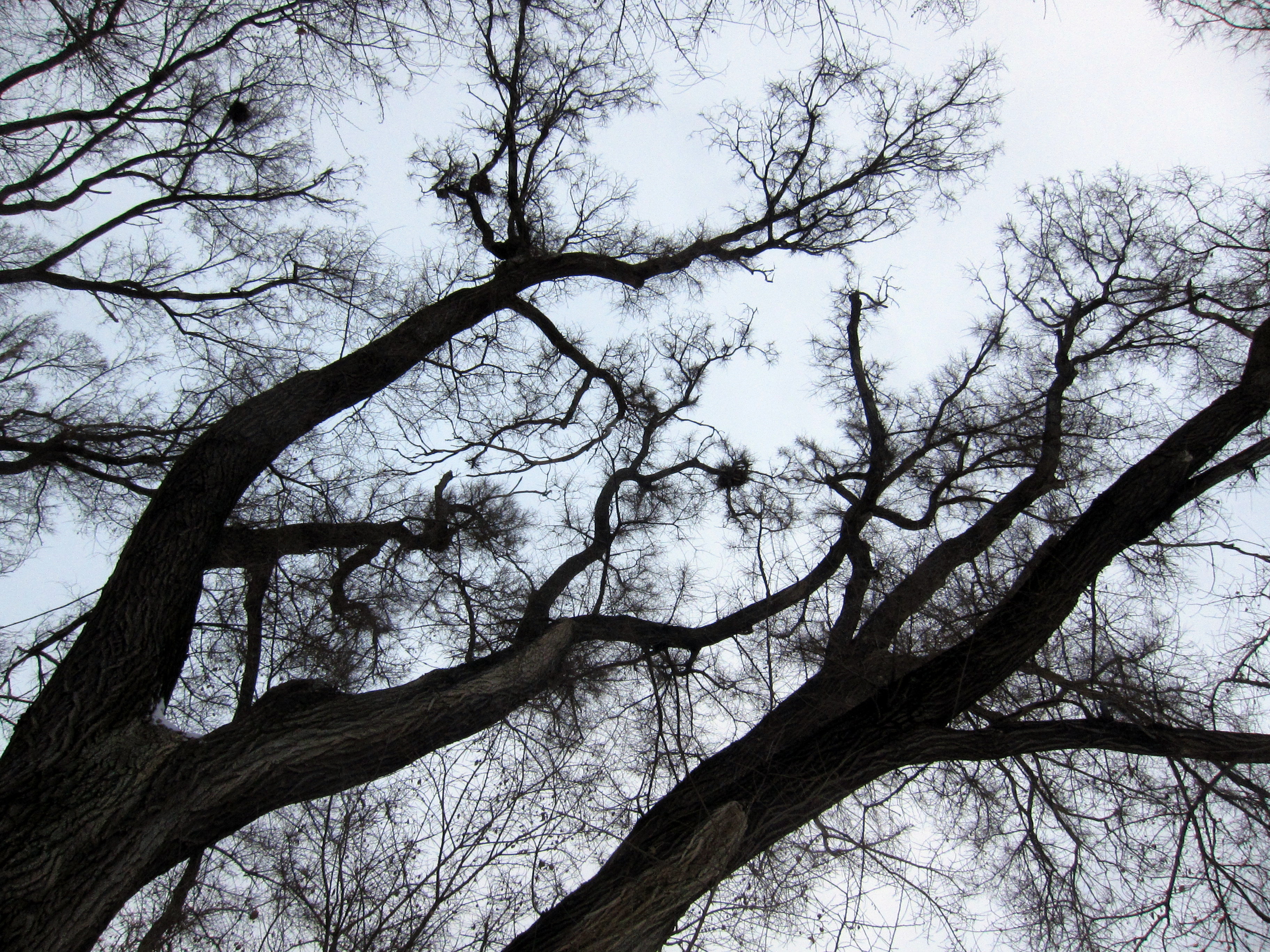
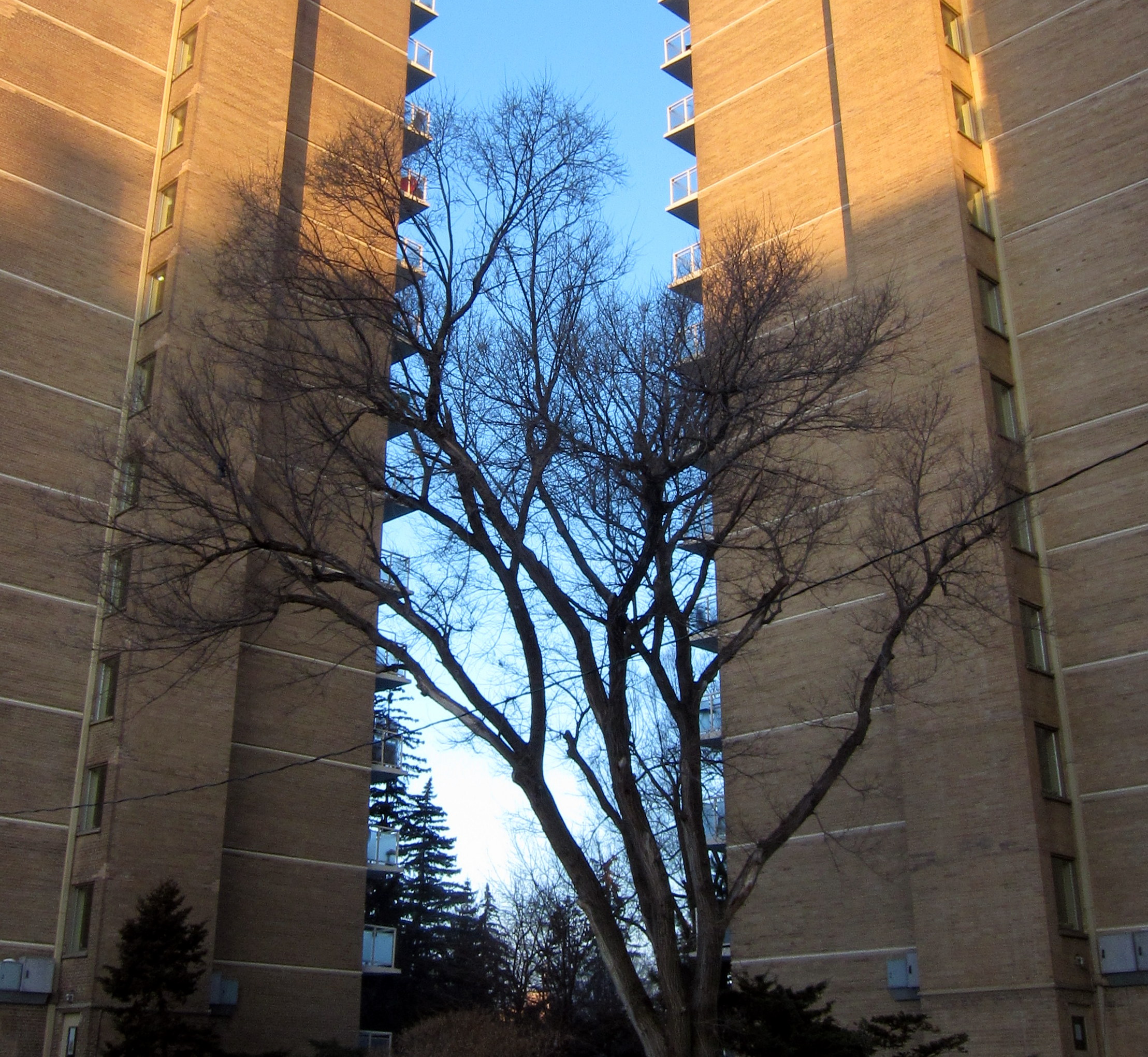
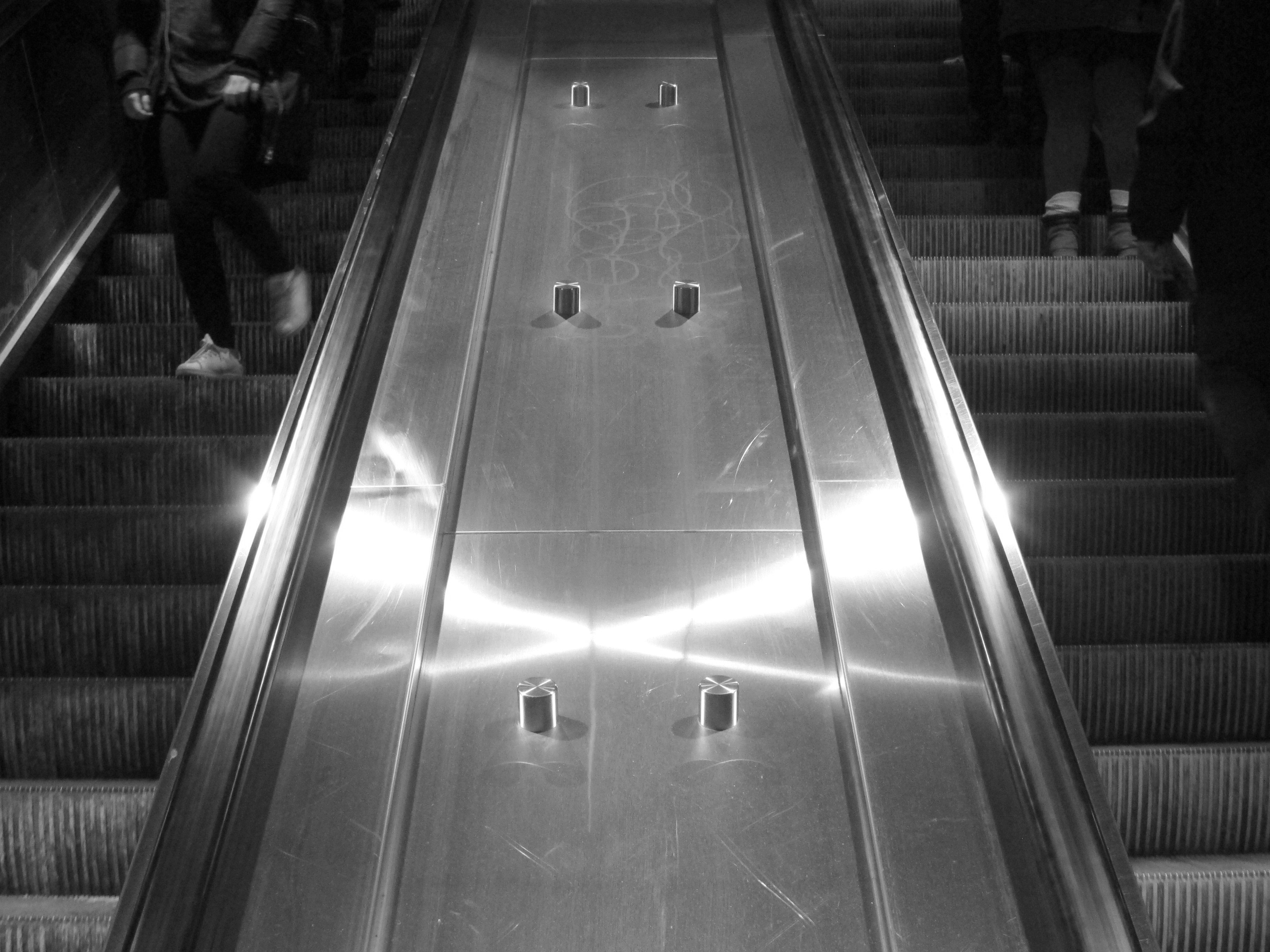
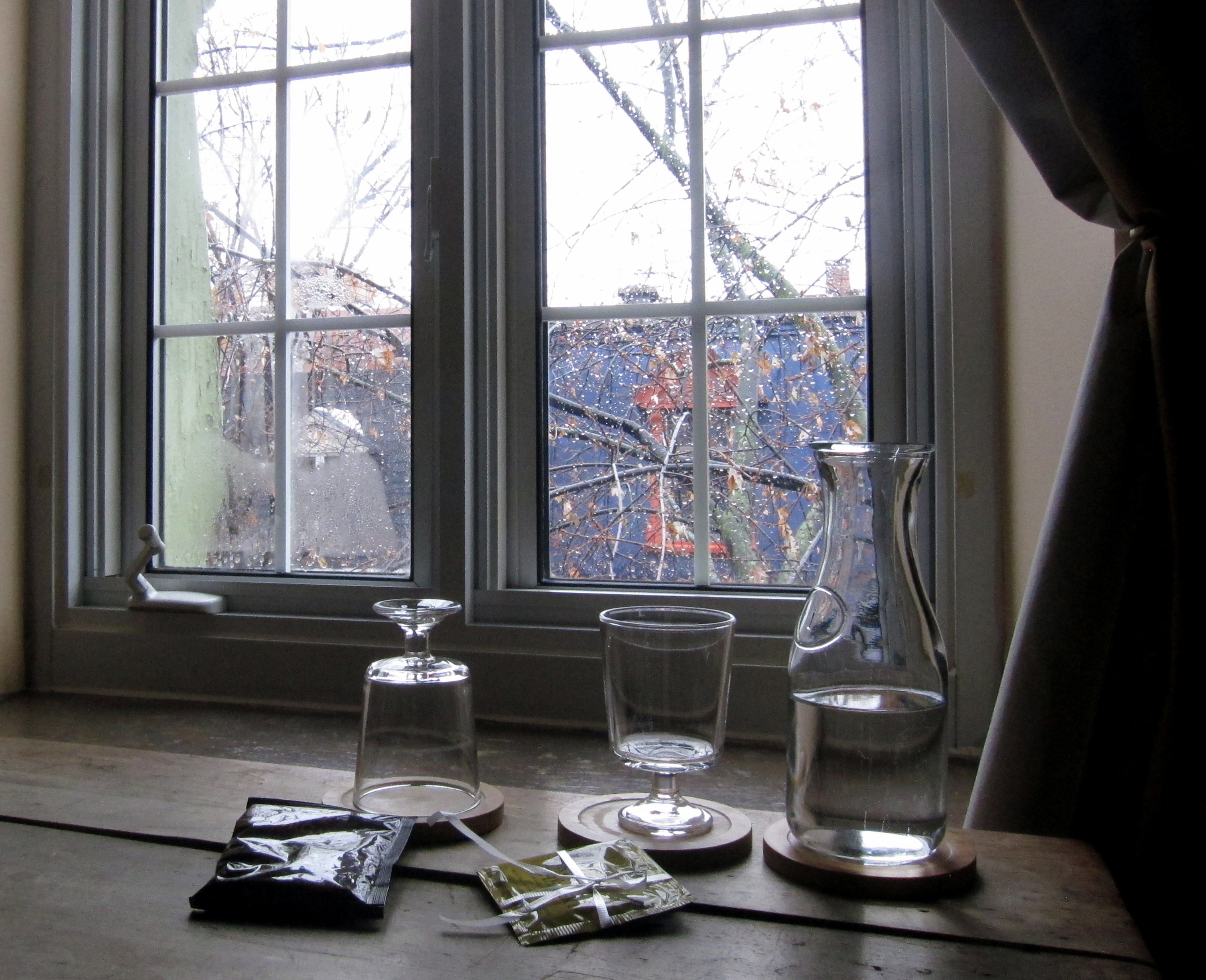
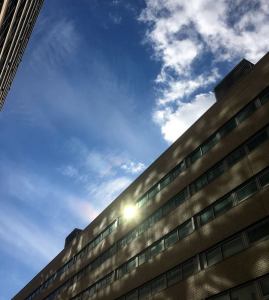
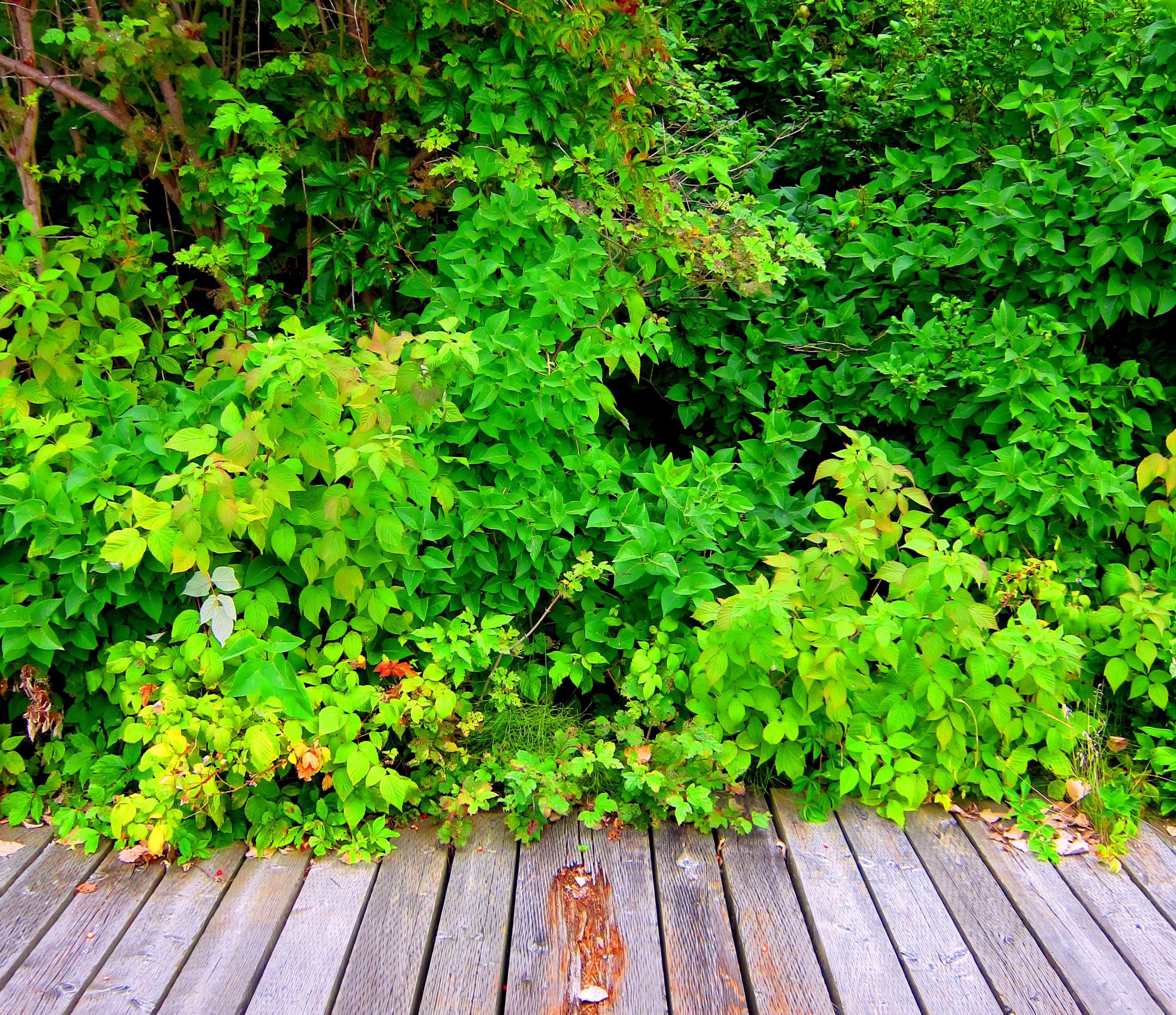
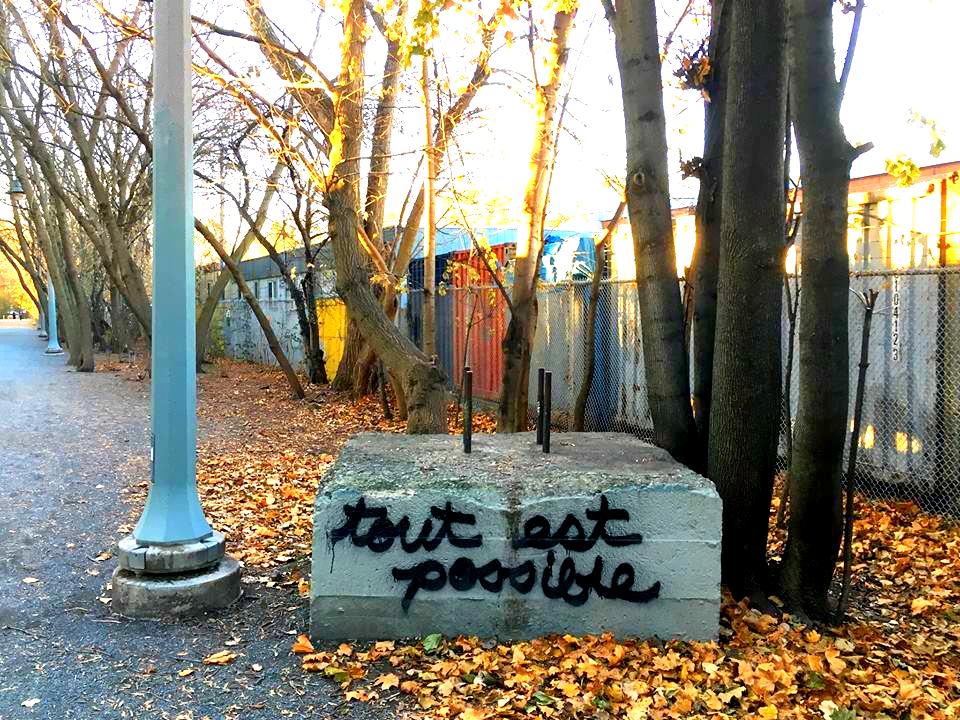
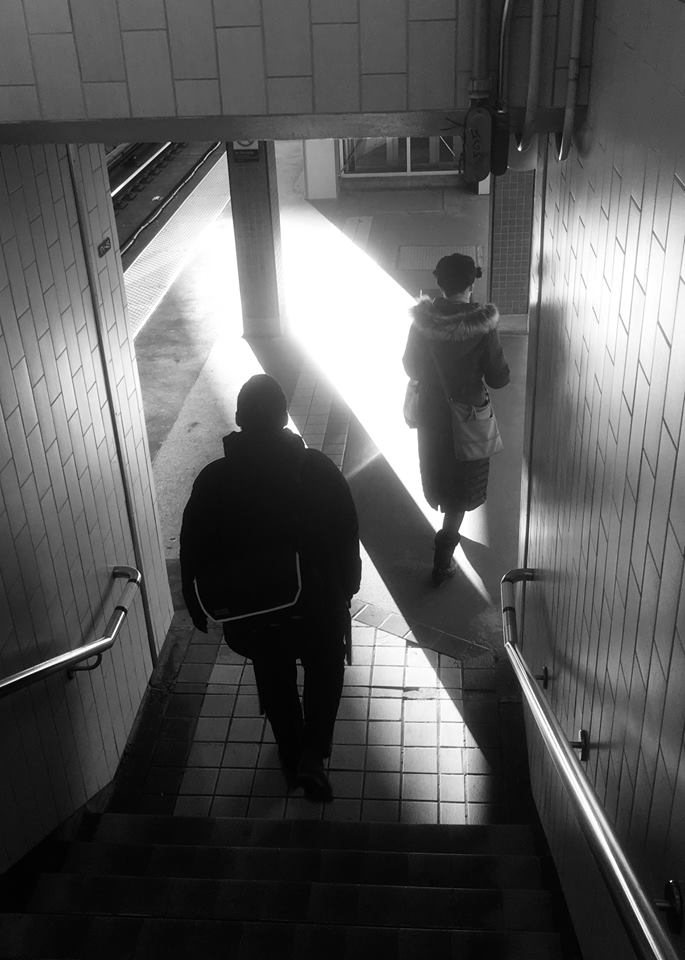
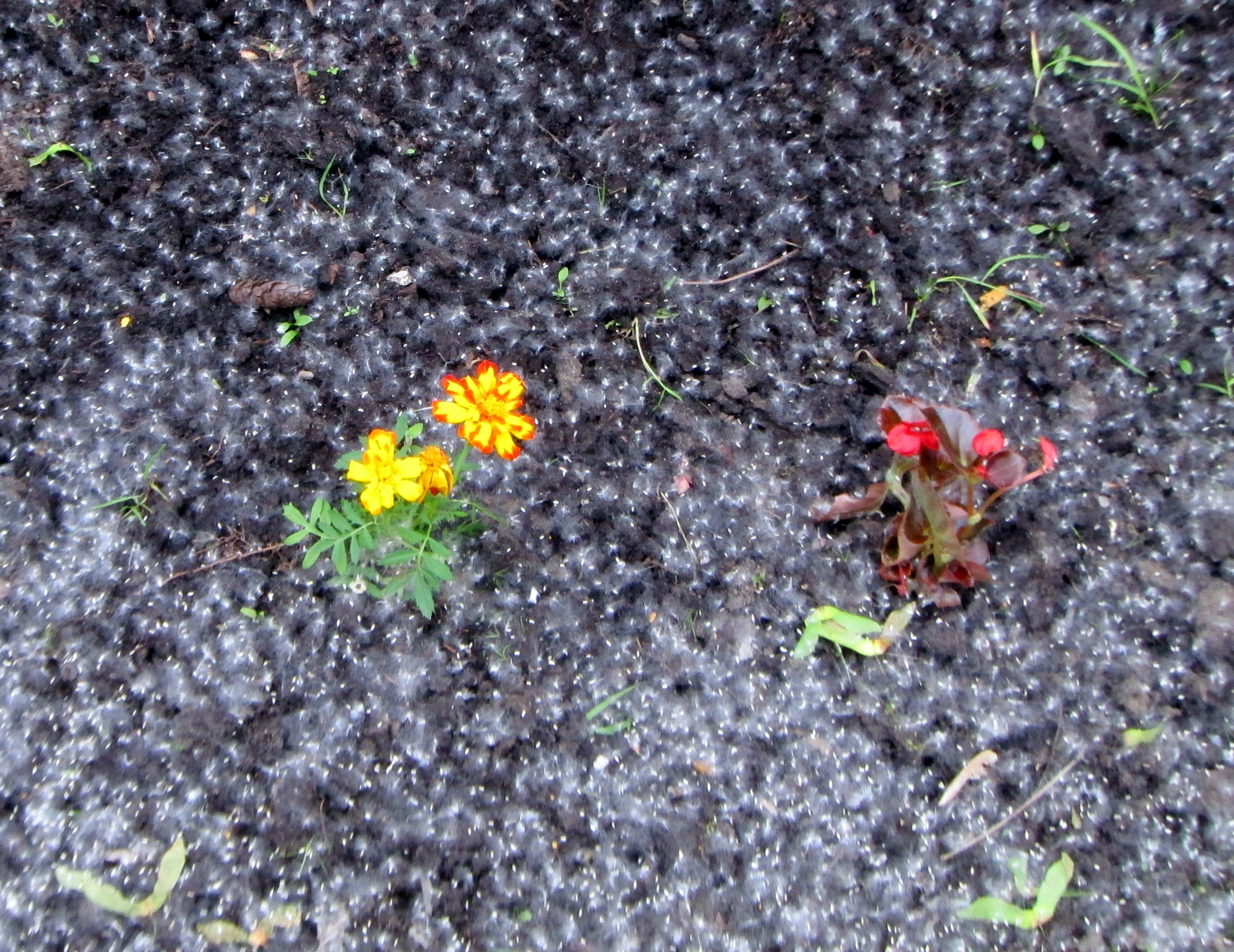
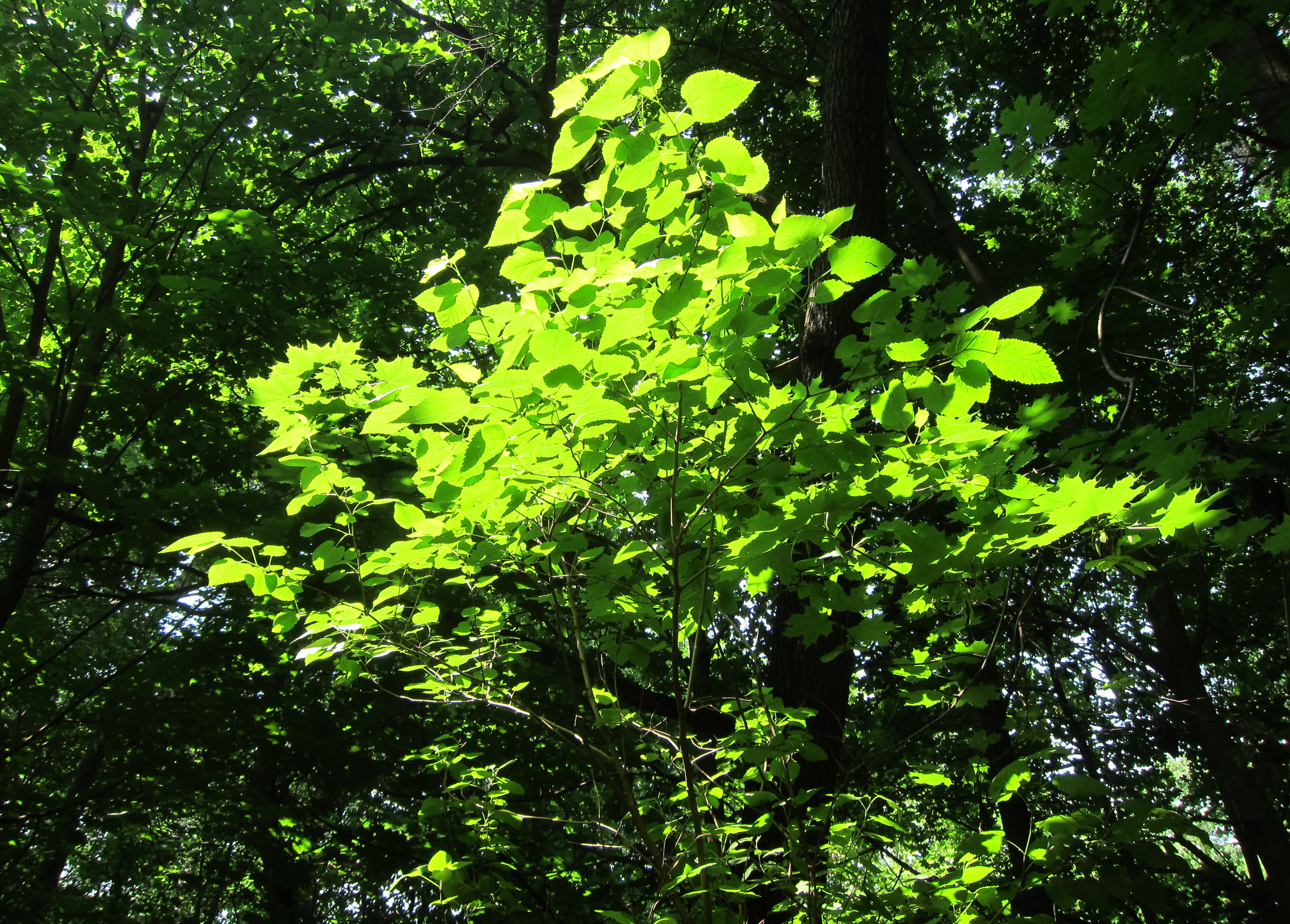
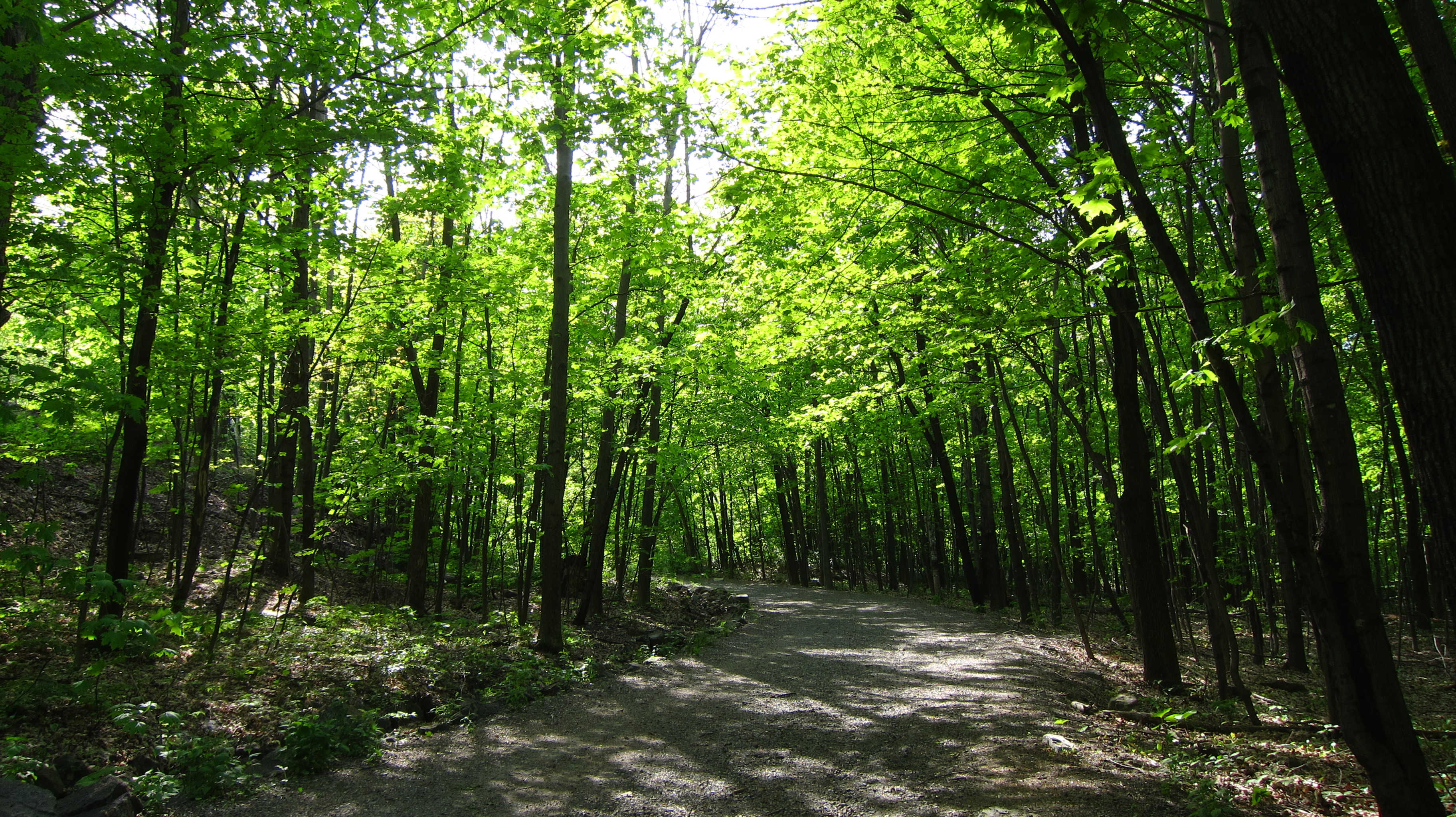
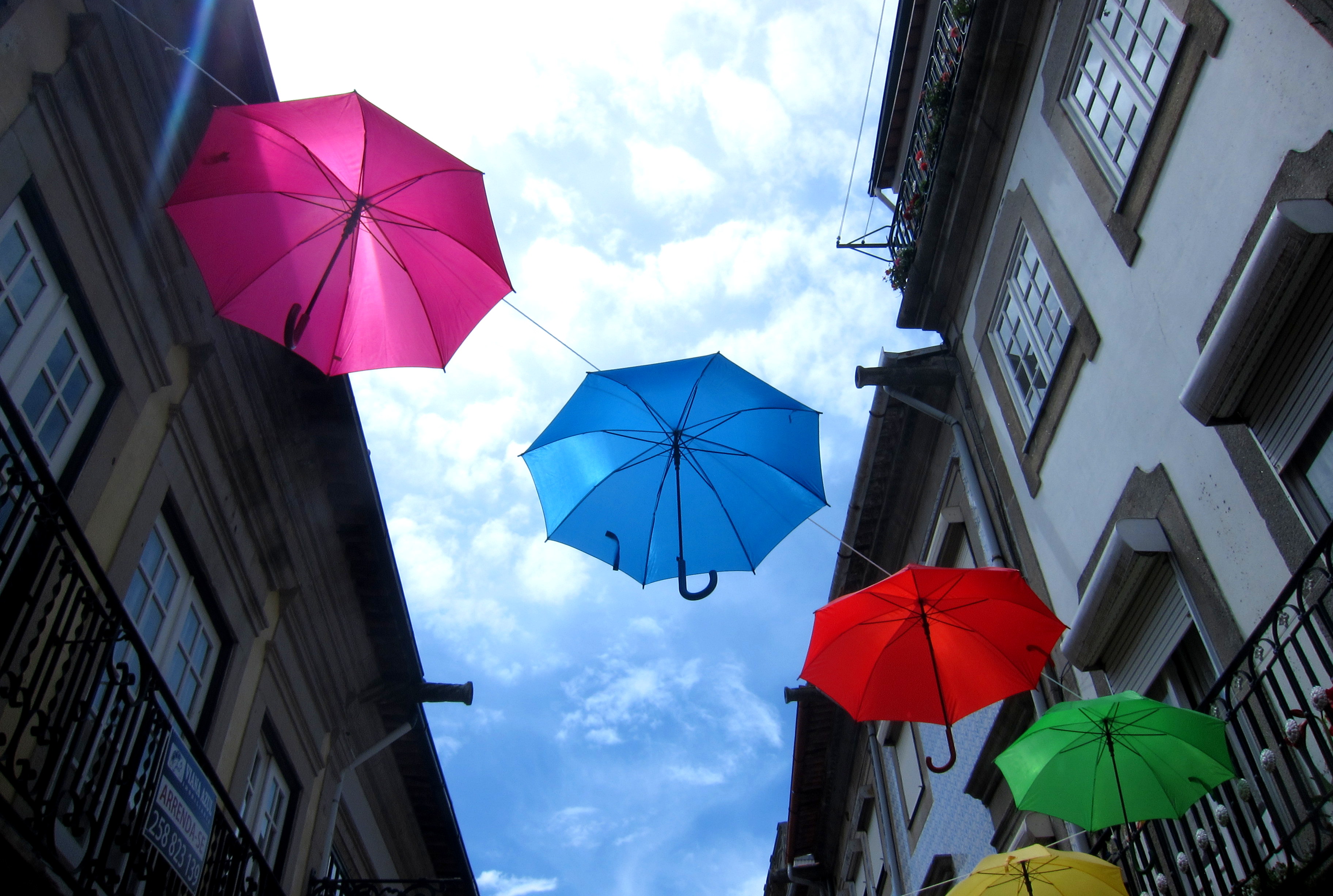
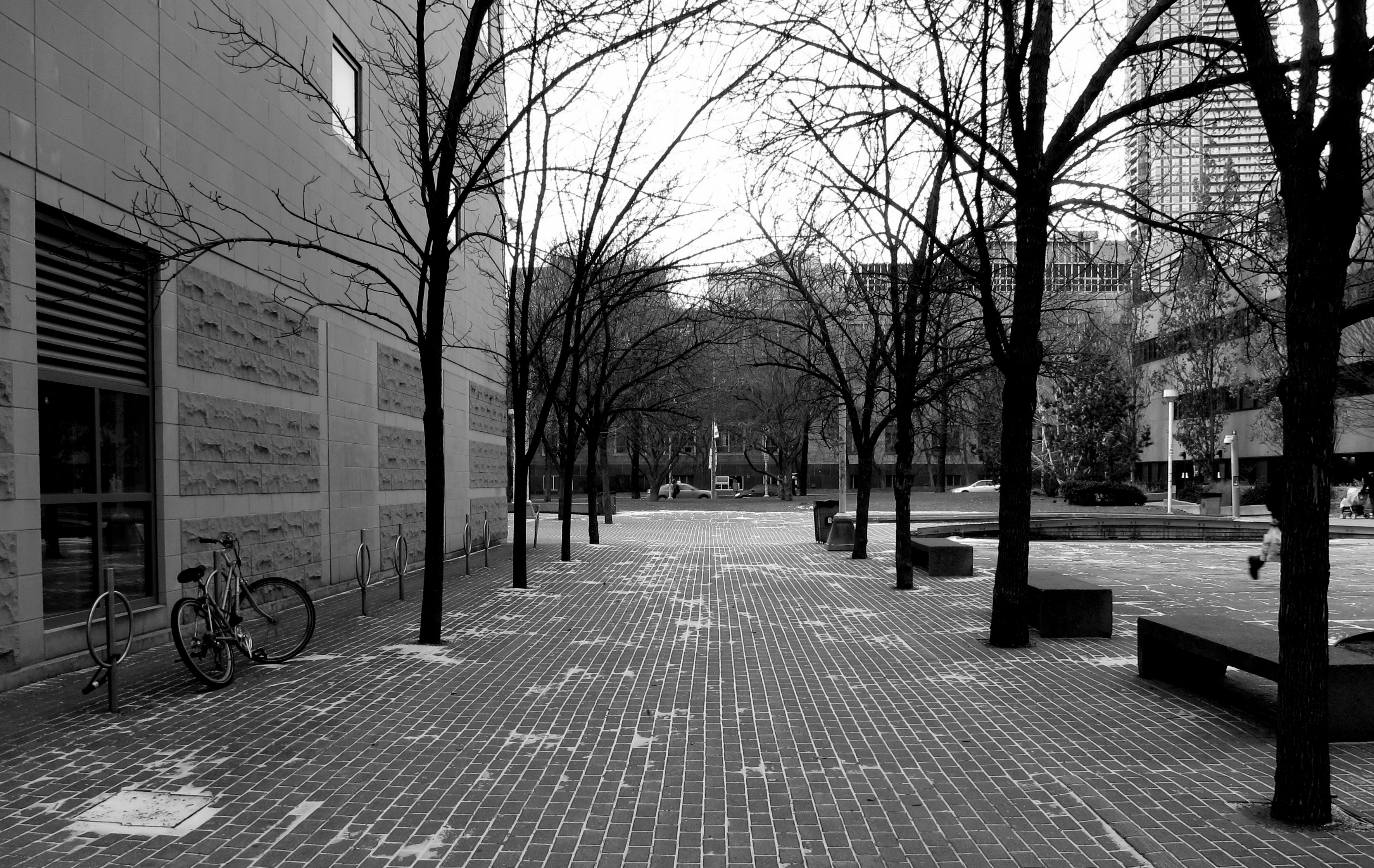
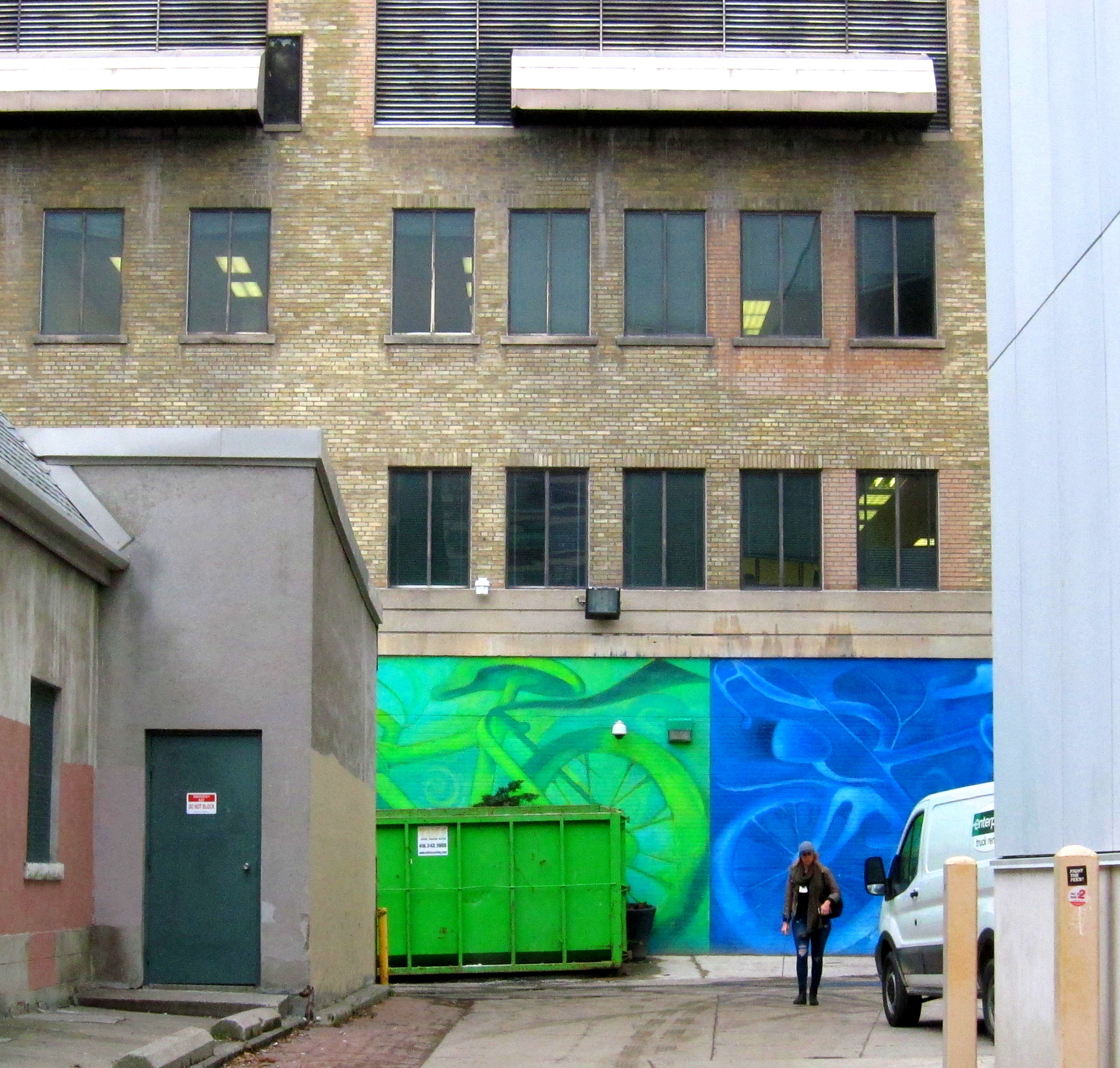
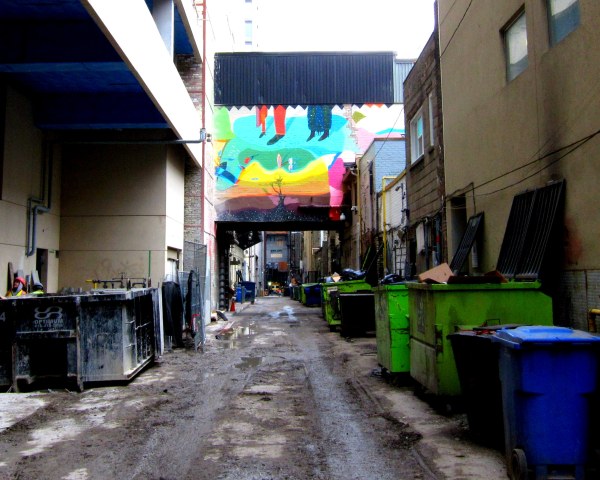
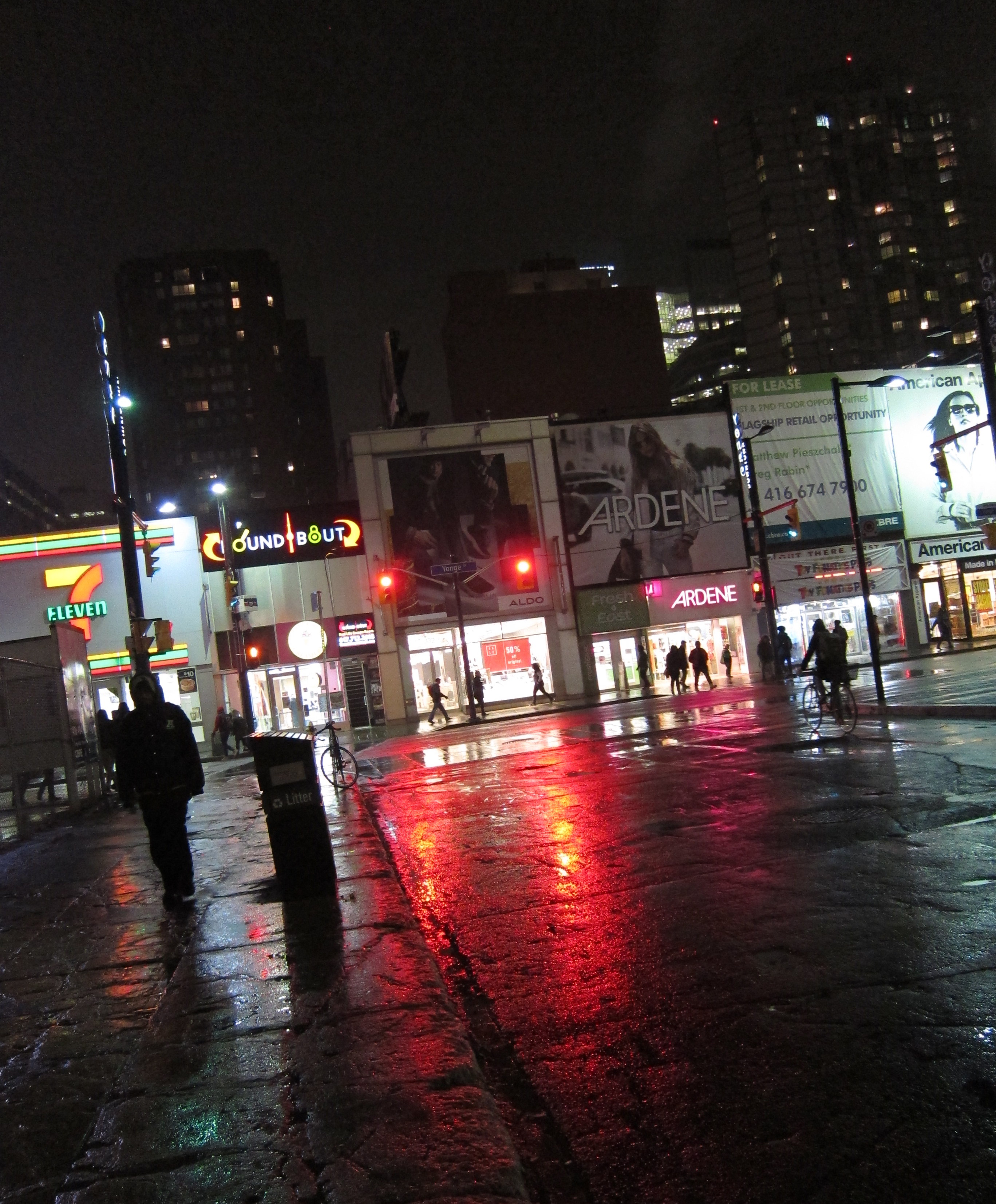
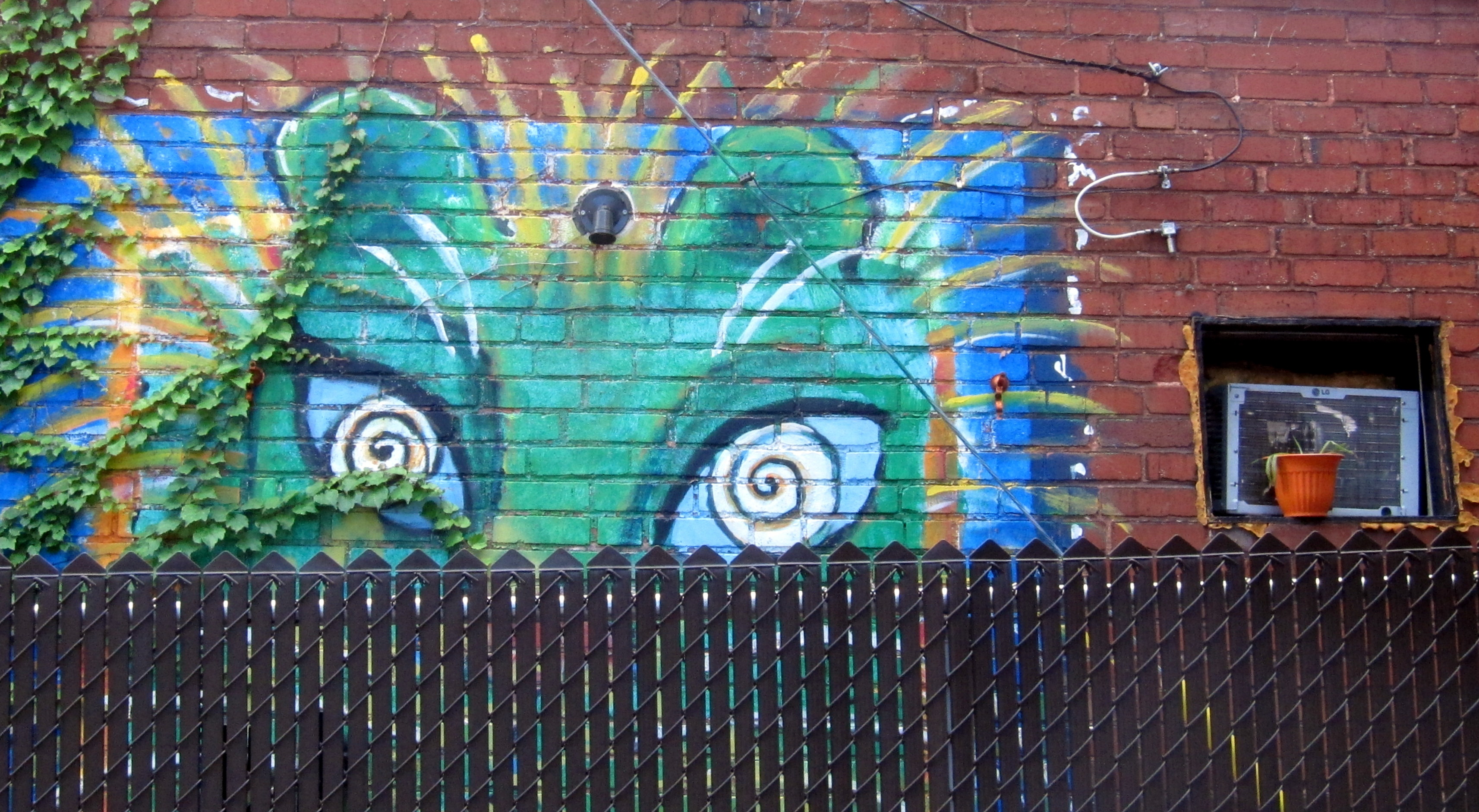
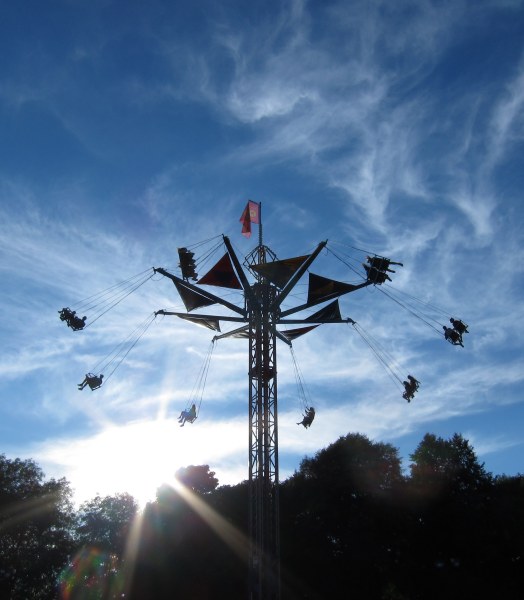
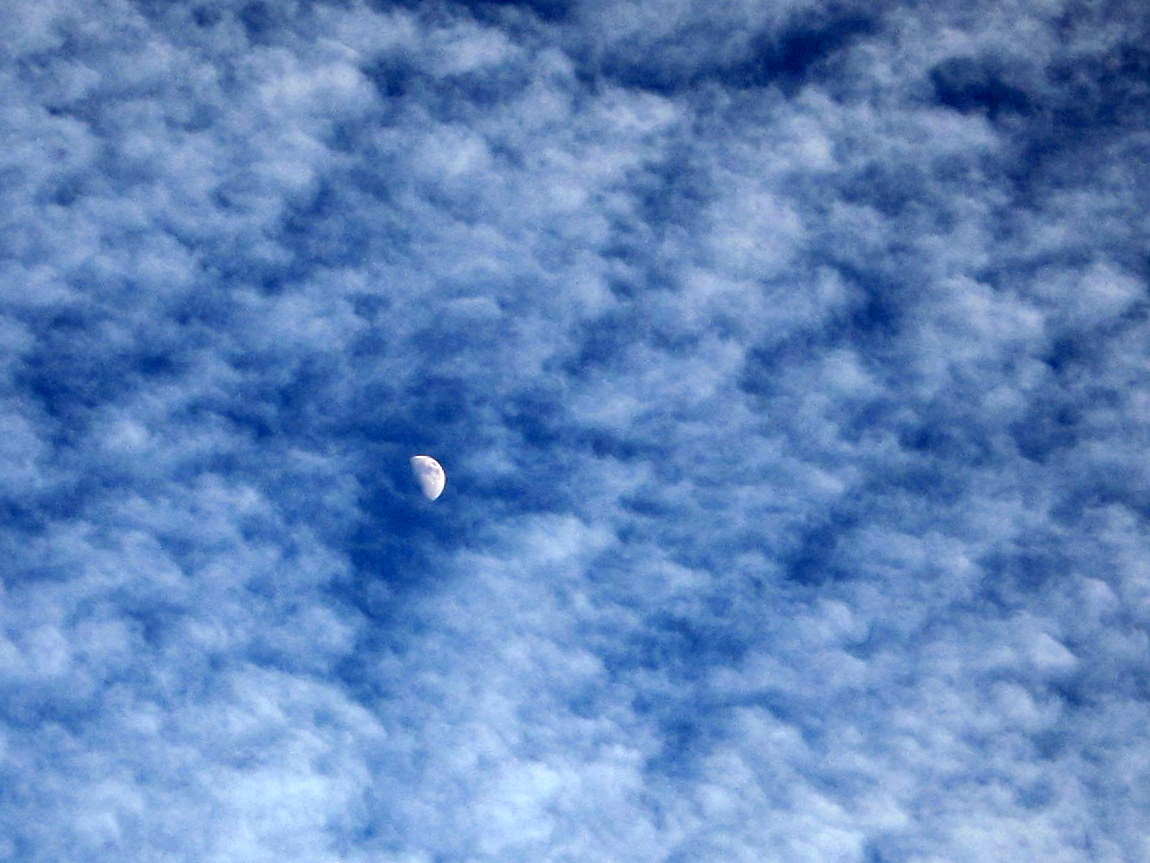
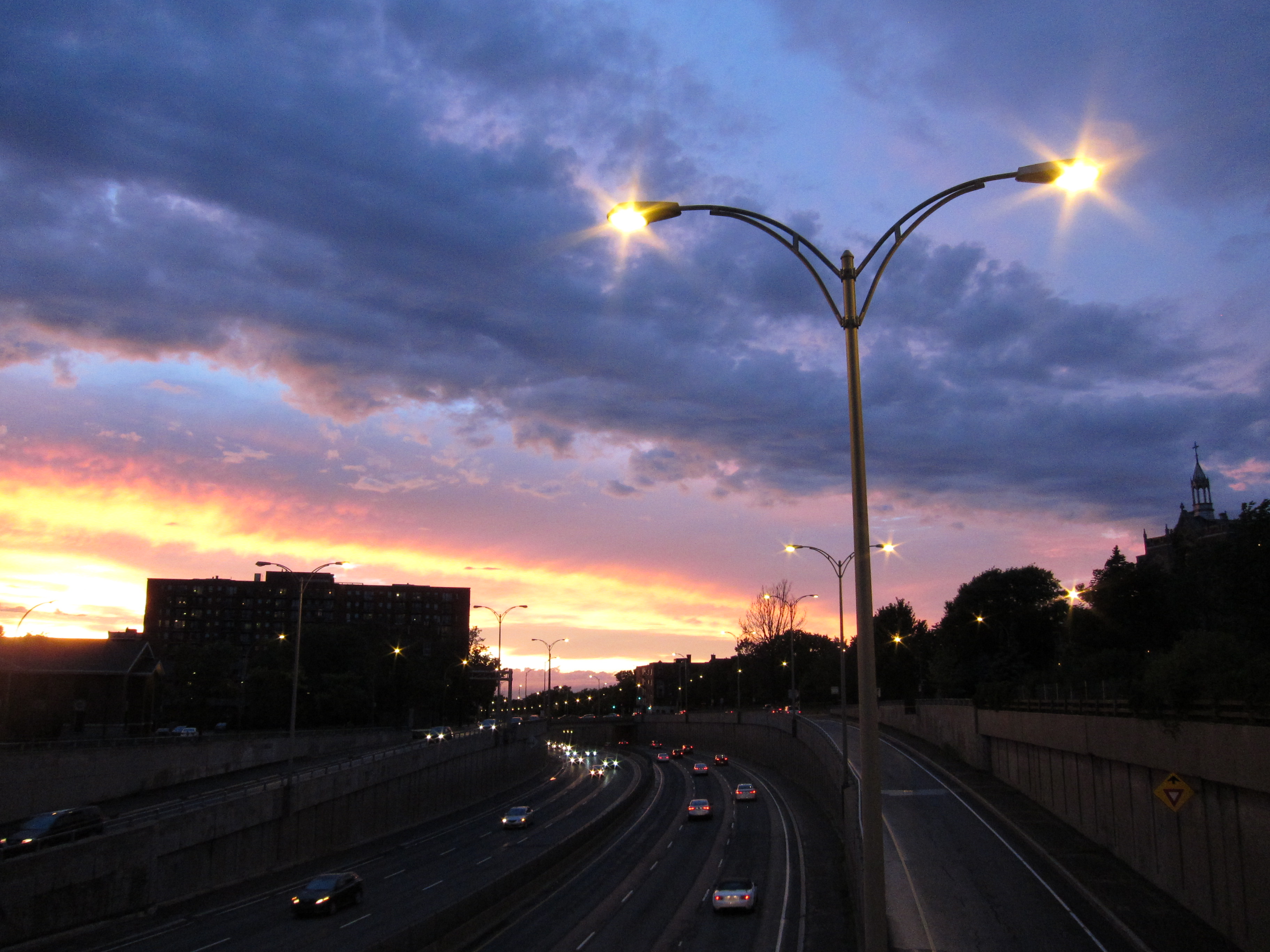
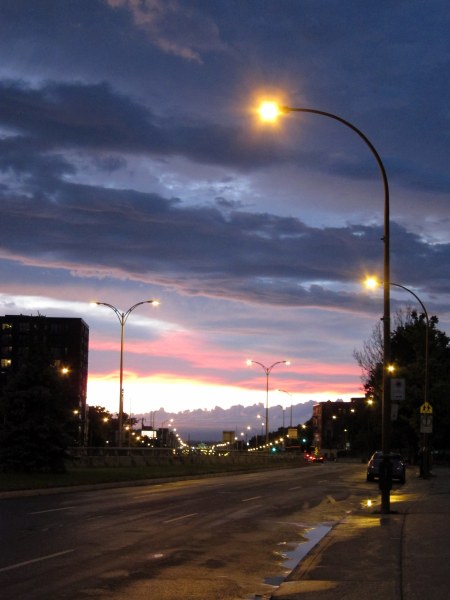
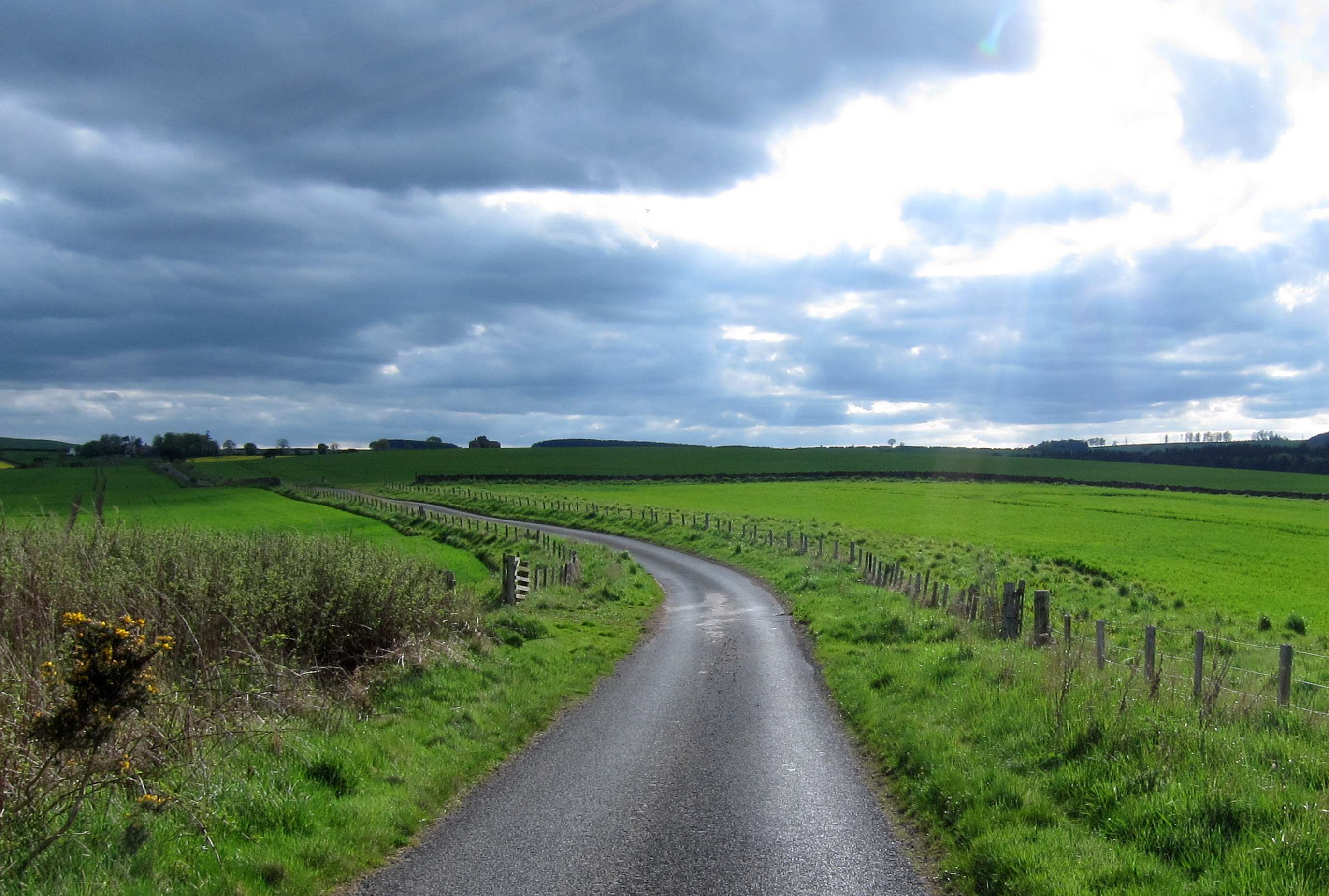
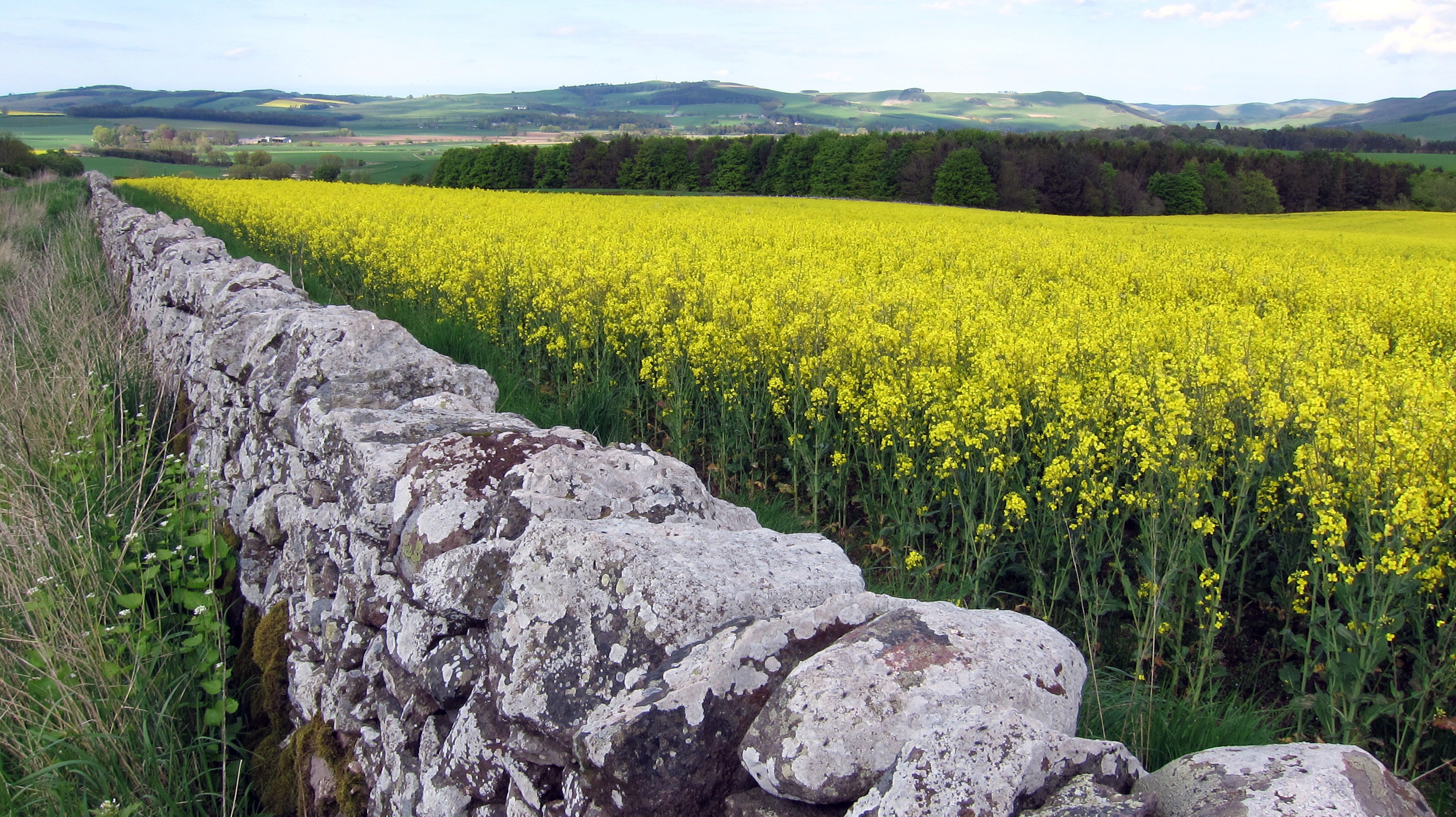



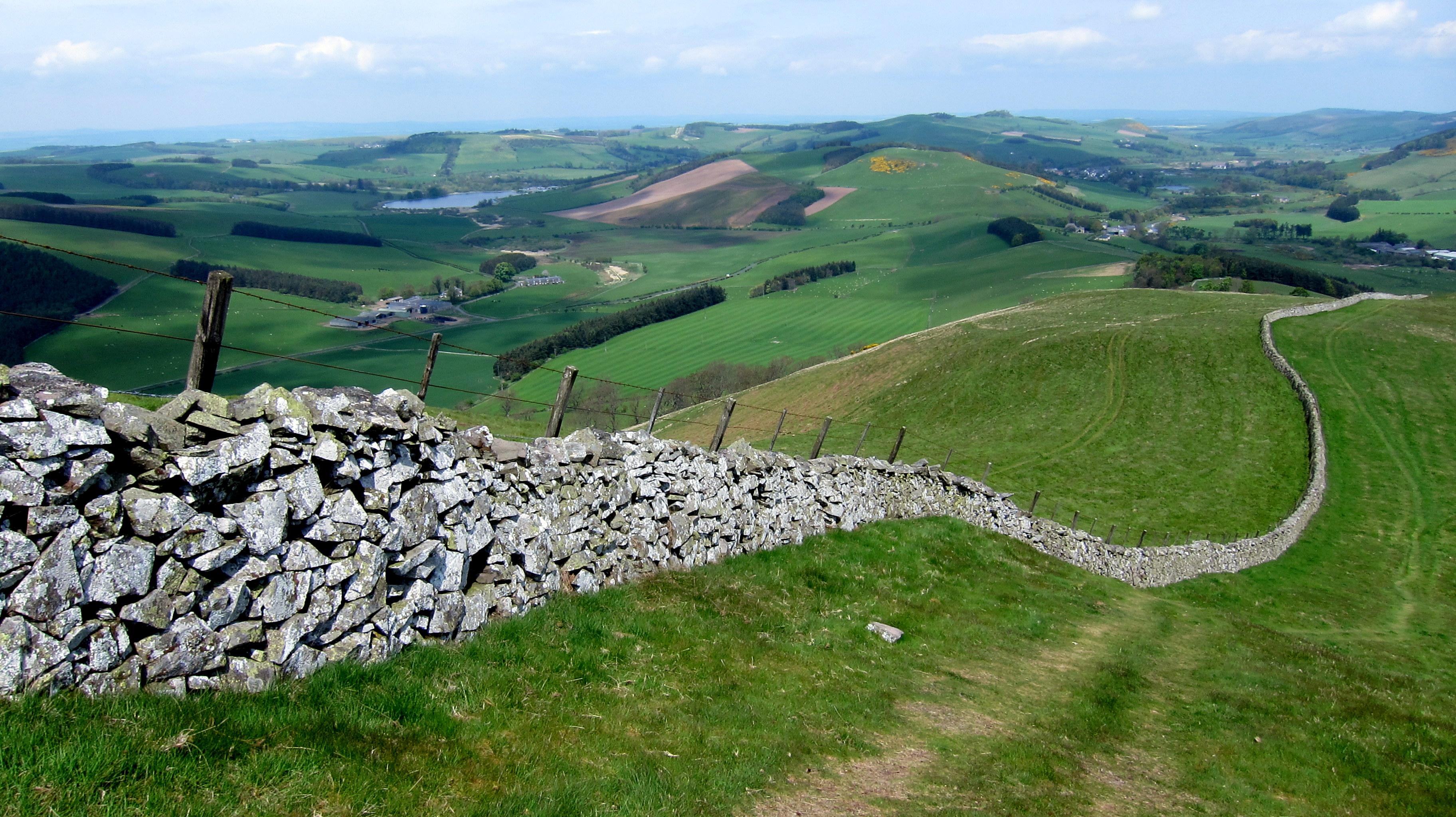
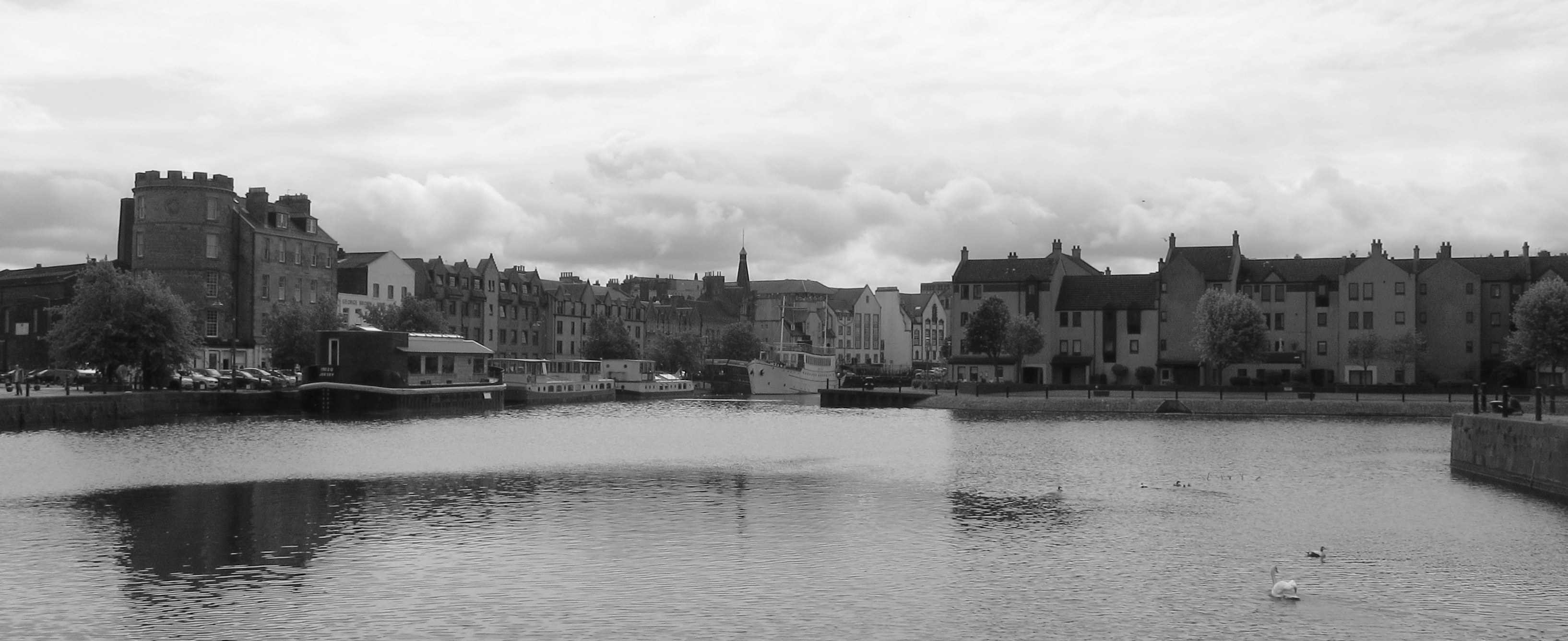


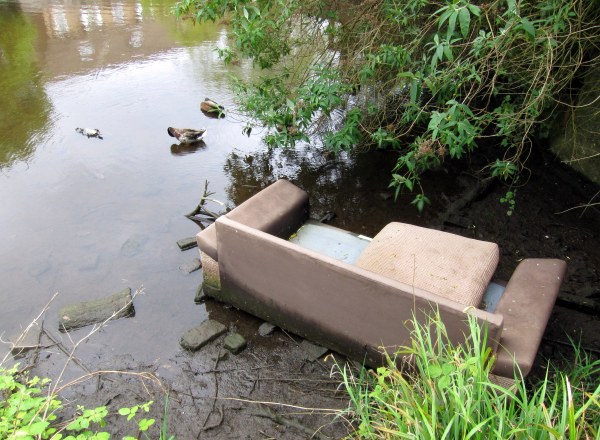
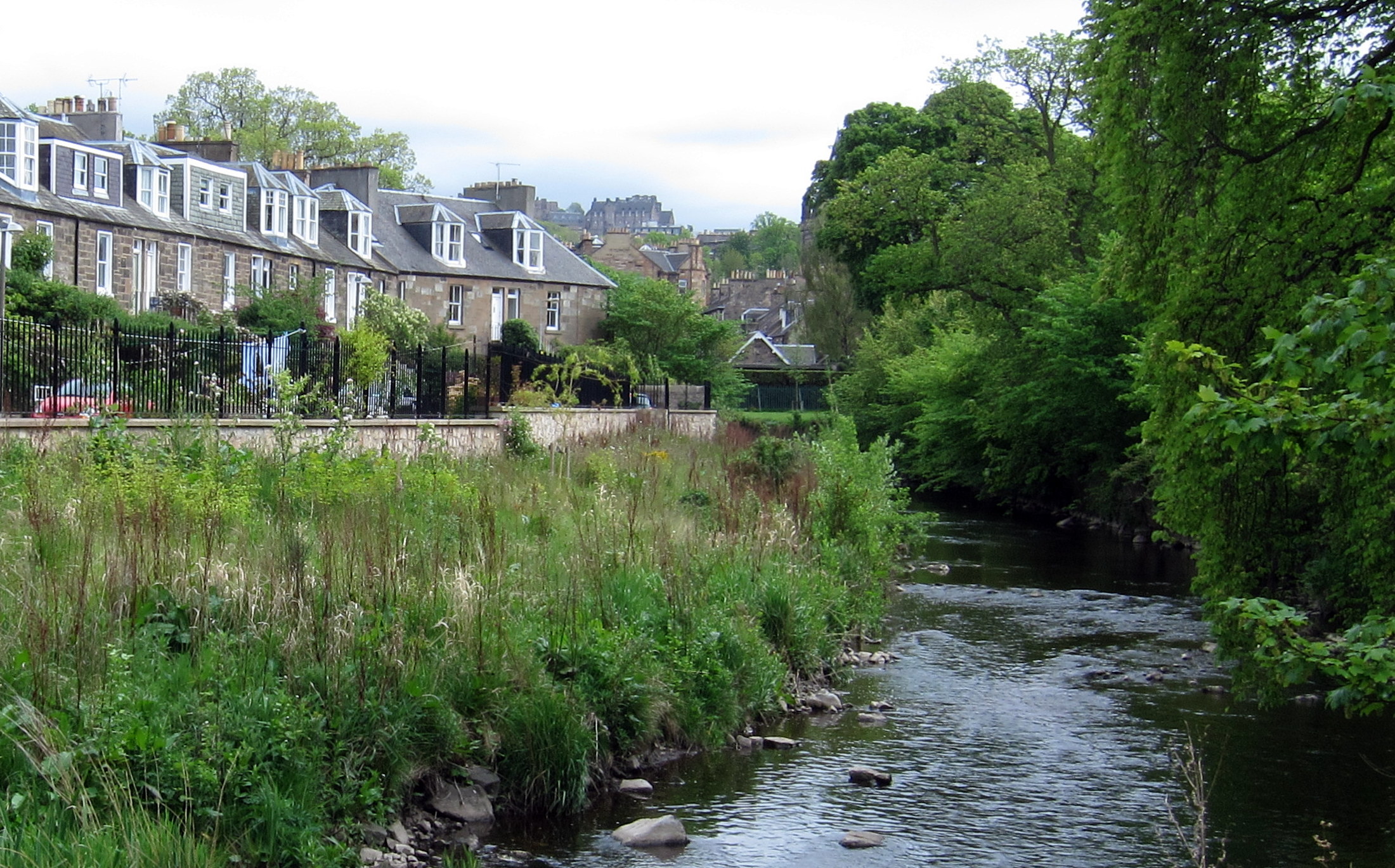
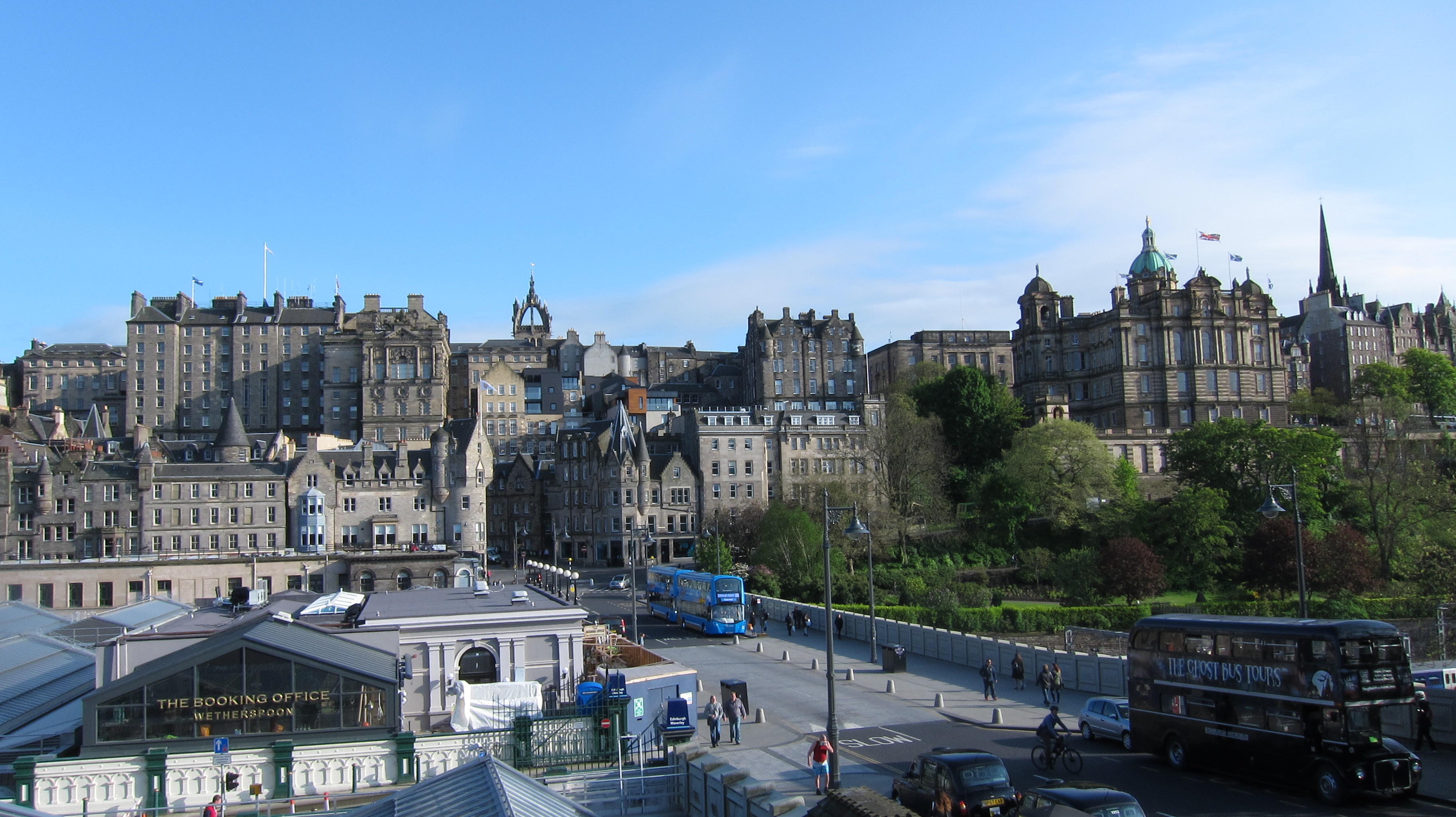

 In its shadow, a cemetery where a tombstone marks the burial place of Archibald Hall and Elizabeth Hardie, husband and wife, and two of their daughters. The dates tell us that one of the girls proceeded her parents to the grave, but nothing on the stone explains how they endured the loss. On many of the surrounding stones, the inscriptions have eroded, even bare bones information like names and dates lost to mystery.
In its shadow, a cemetery where a tombstone marks the burial place of Archibald Hall and Elizabeth Hardie, husband and wife, and two of their daughters. The dates tell us that one of the girls proceeded her parents to the grave, but nothing on the stone explains how they endured the loss. On many of the surrounding stones, the inscriptions have eroded, even bare bones information like names and dates lost to mystery.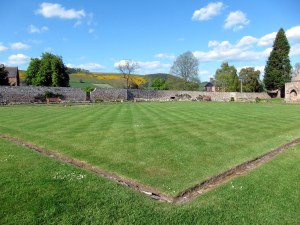 In the green expanse beside me, a ditch marks the boundaries of the cloisters where the abbey’s monks once dwelt. But the ditch doesn’t and can’t say anything about their fears and delights, deeds and misdeeds, dissipated into memory dust carried by the winds into the surrounding hillsides. Beginning tomorrow, I’ll be walking those hills, and will perhaps touch something of who they were. Or perhaps this is psycho-spiritual-babble-prattle.
In the green expanse beside me, a ditch marks the boundaries of the cloisters where the abbey’s monks once dwelt. But the ditch doesn’t and can’t say anything about their fears and delights, deeds and misdeeds, dissipated into memory dust carried by the winds into the surrounding hillsides. Beginning tomorrow, I’ll be walking those hills, and will perhaps touch something of who they were. Or perhaps this is psycho-spiritual-babble-prattle.
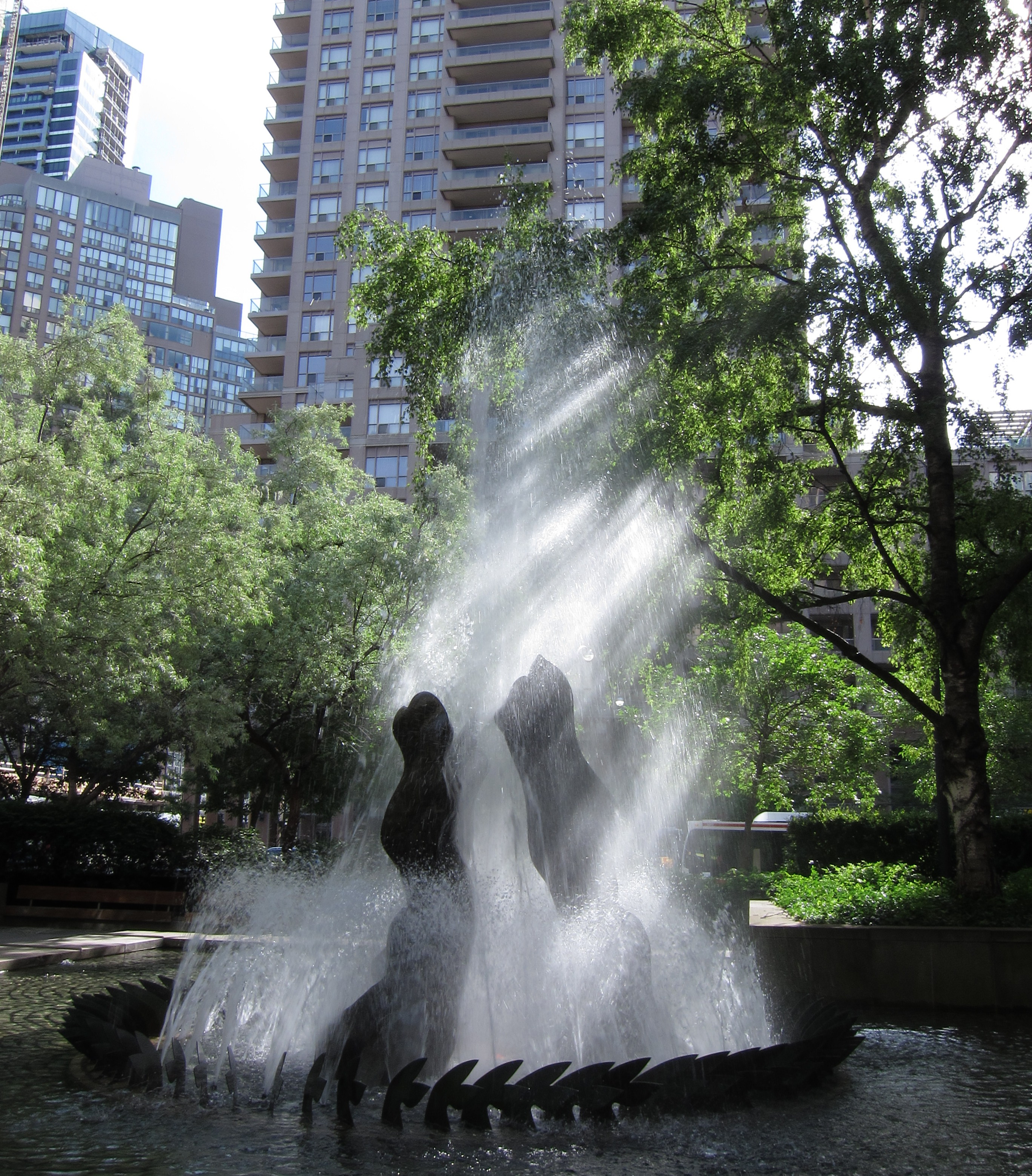
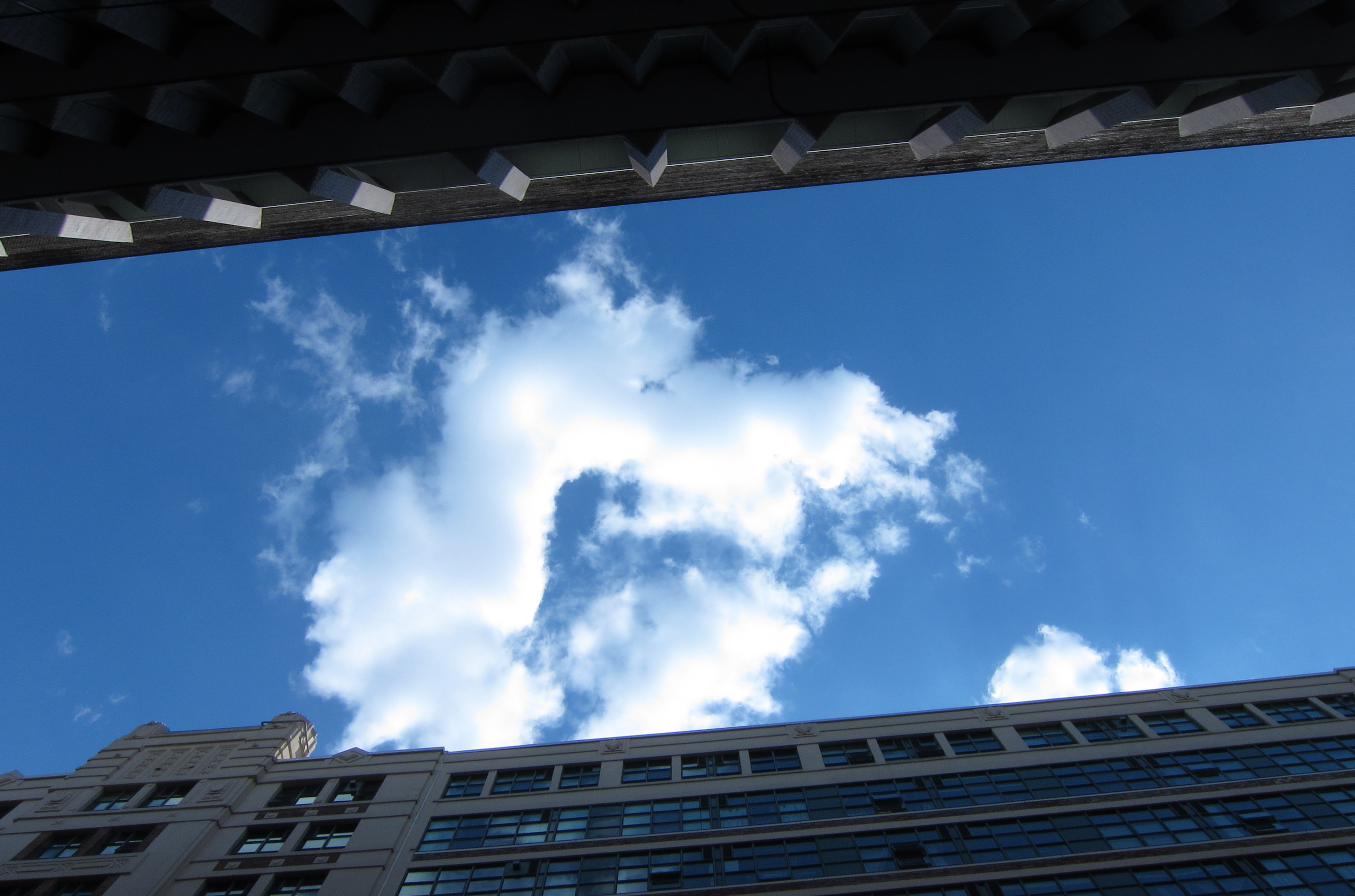
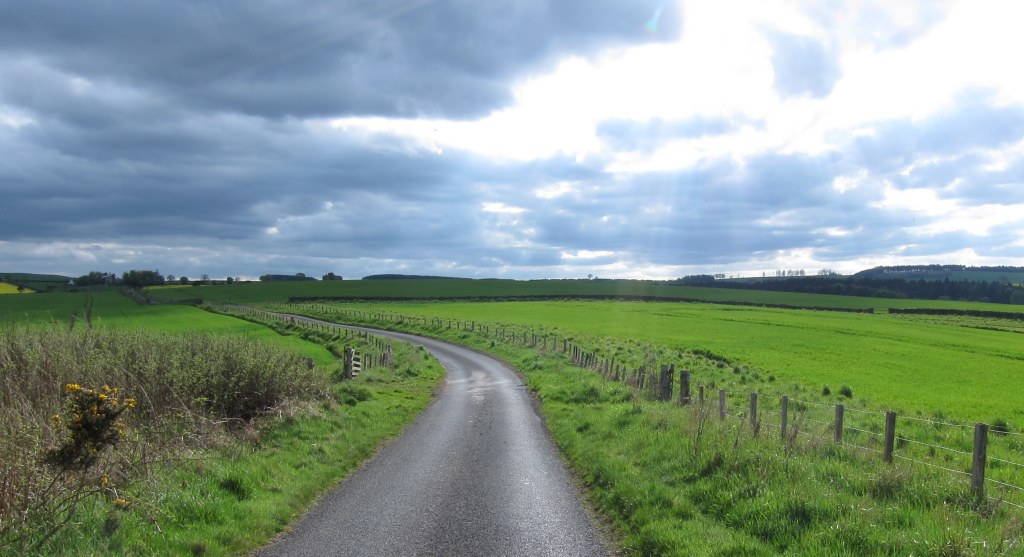
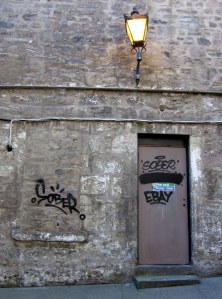


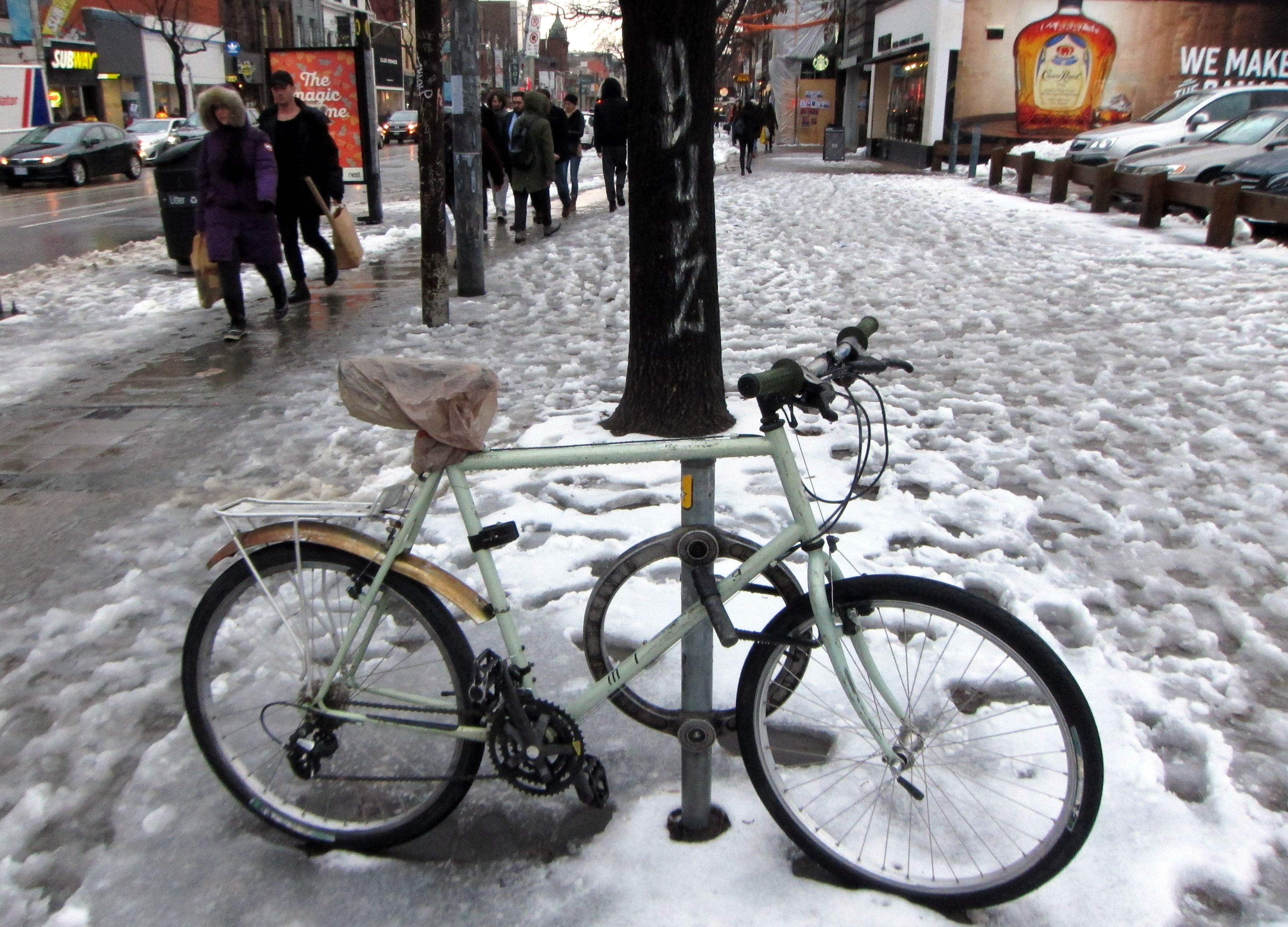
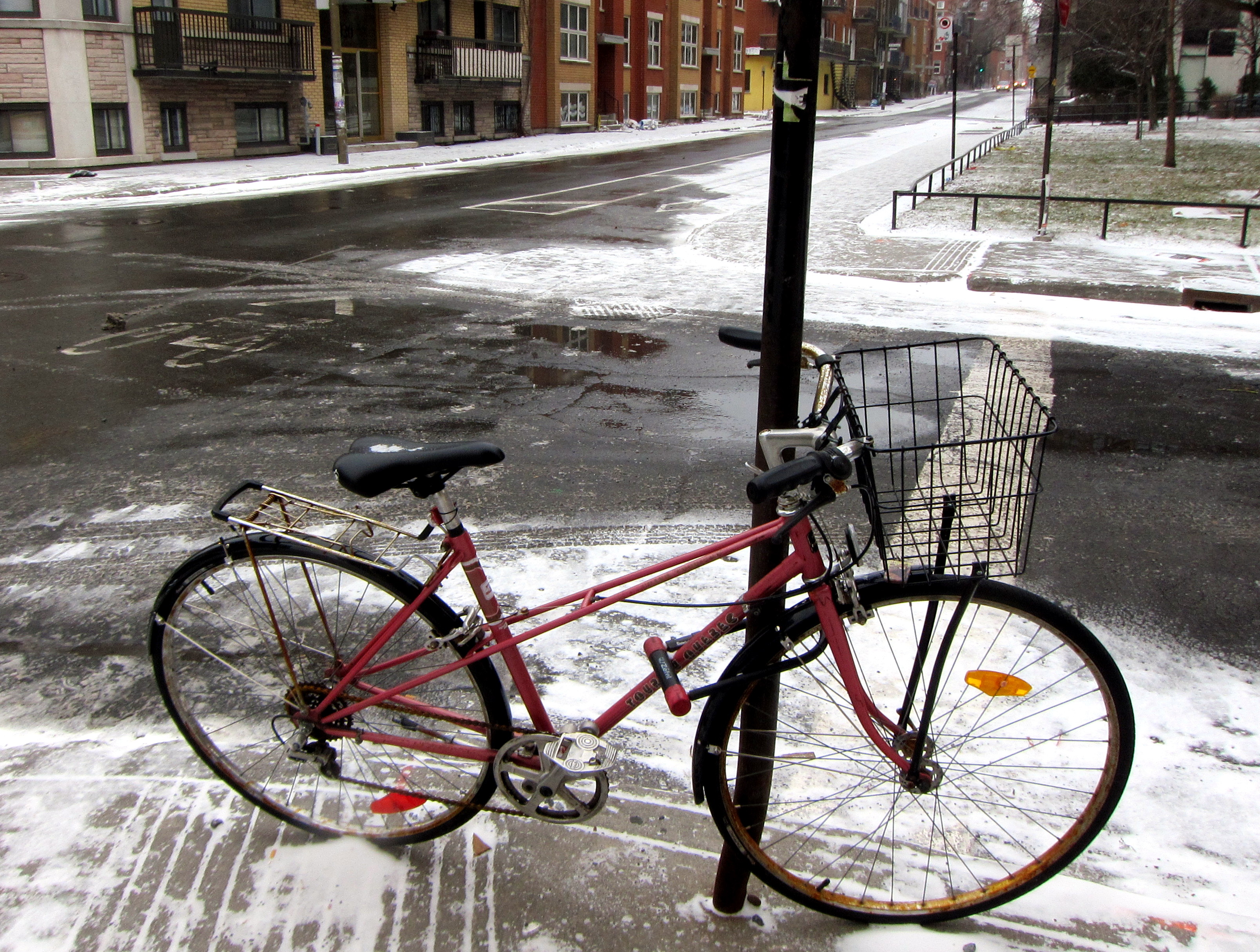
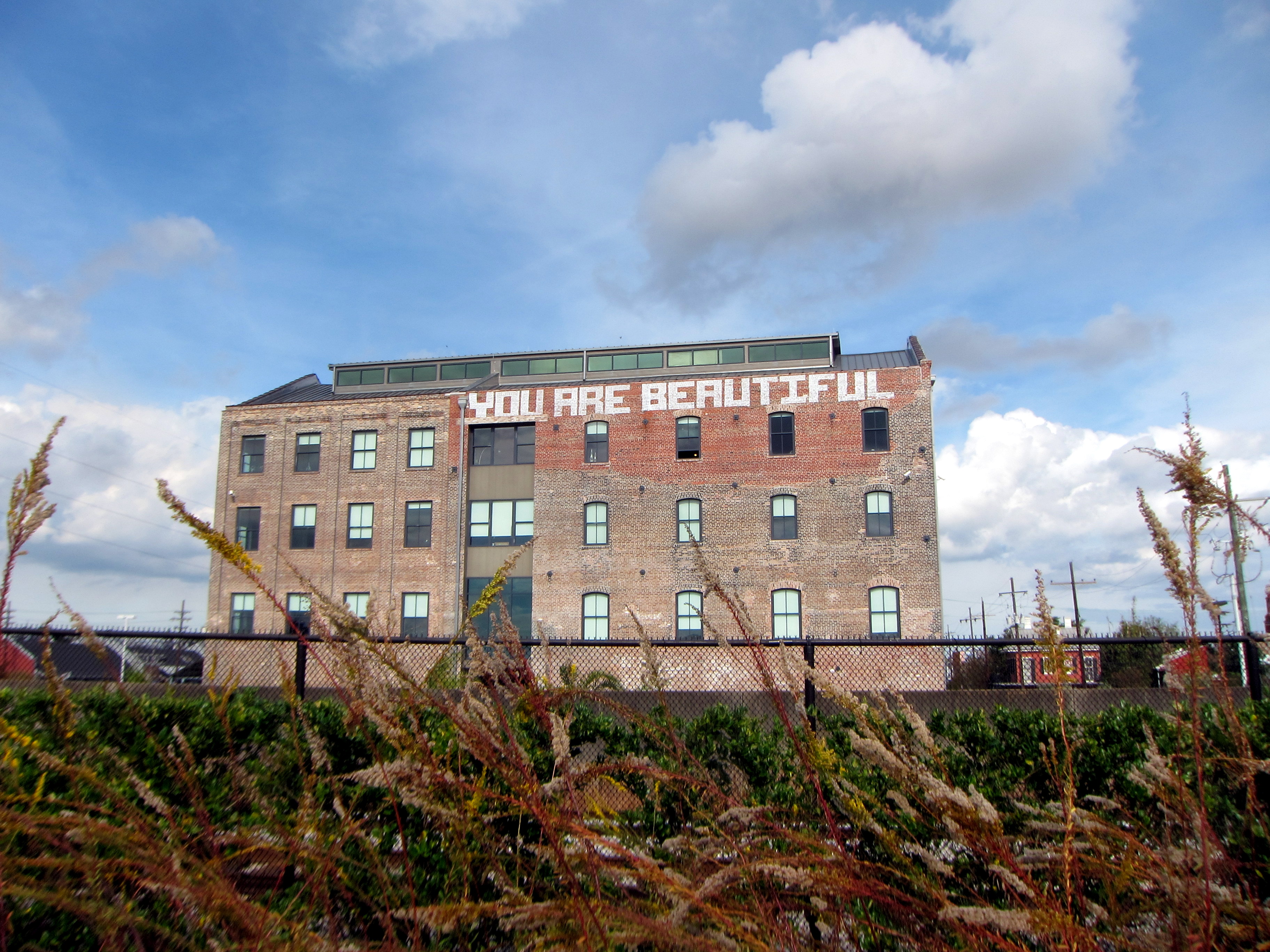
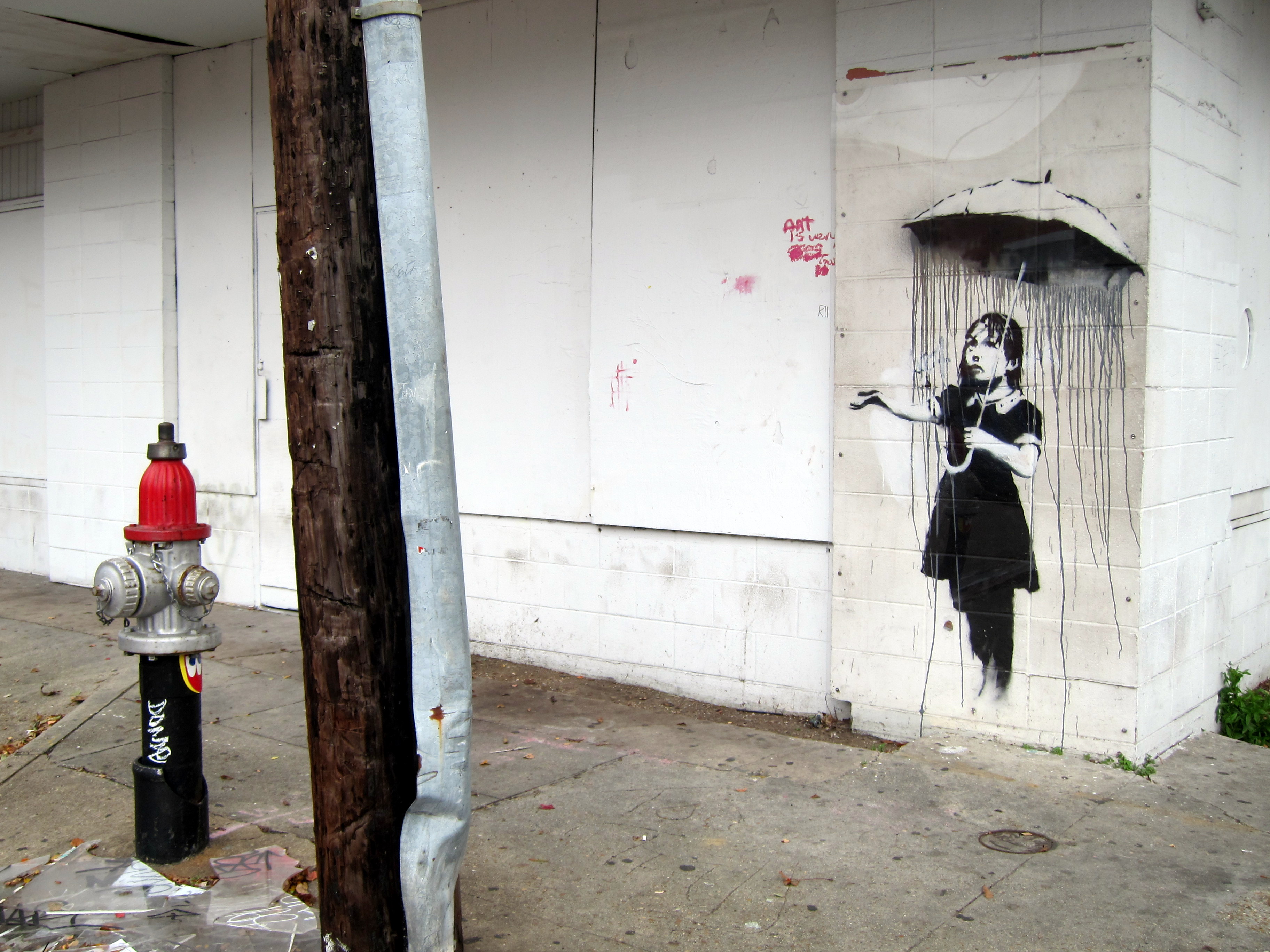

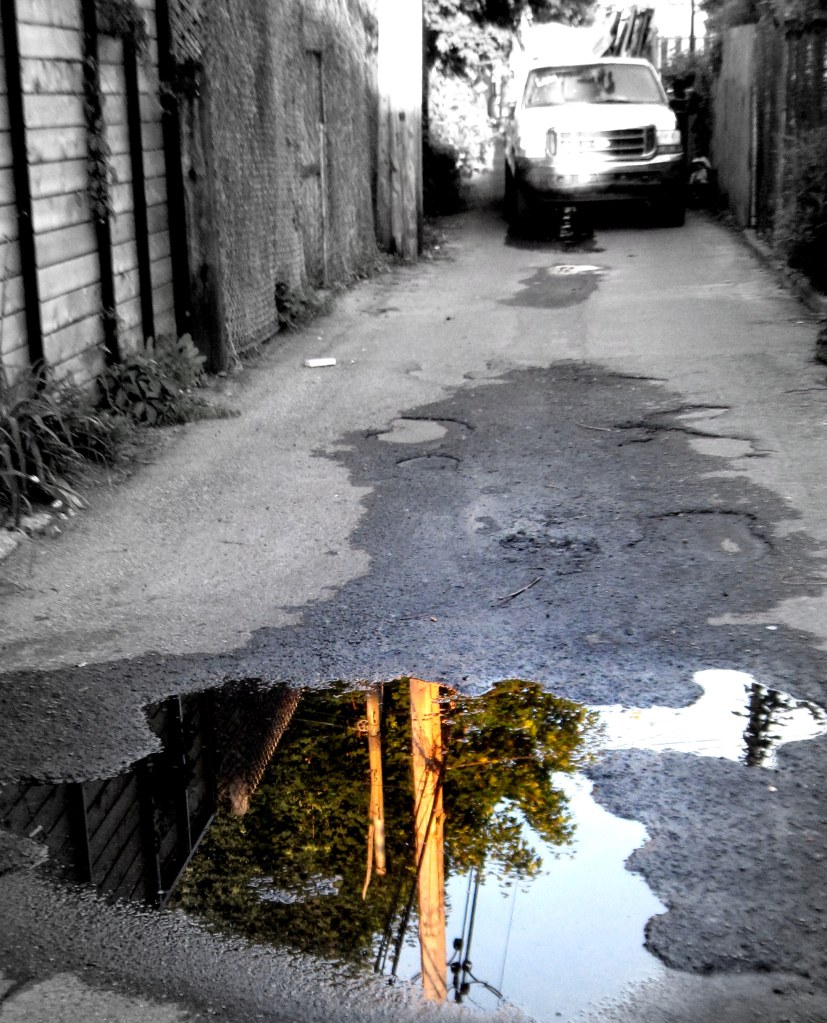
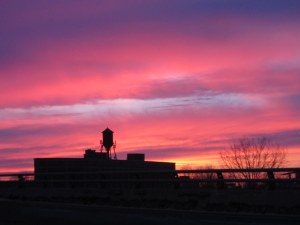
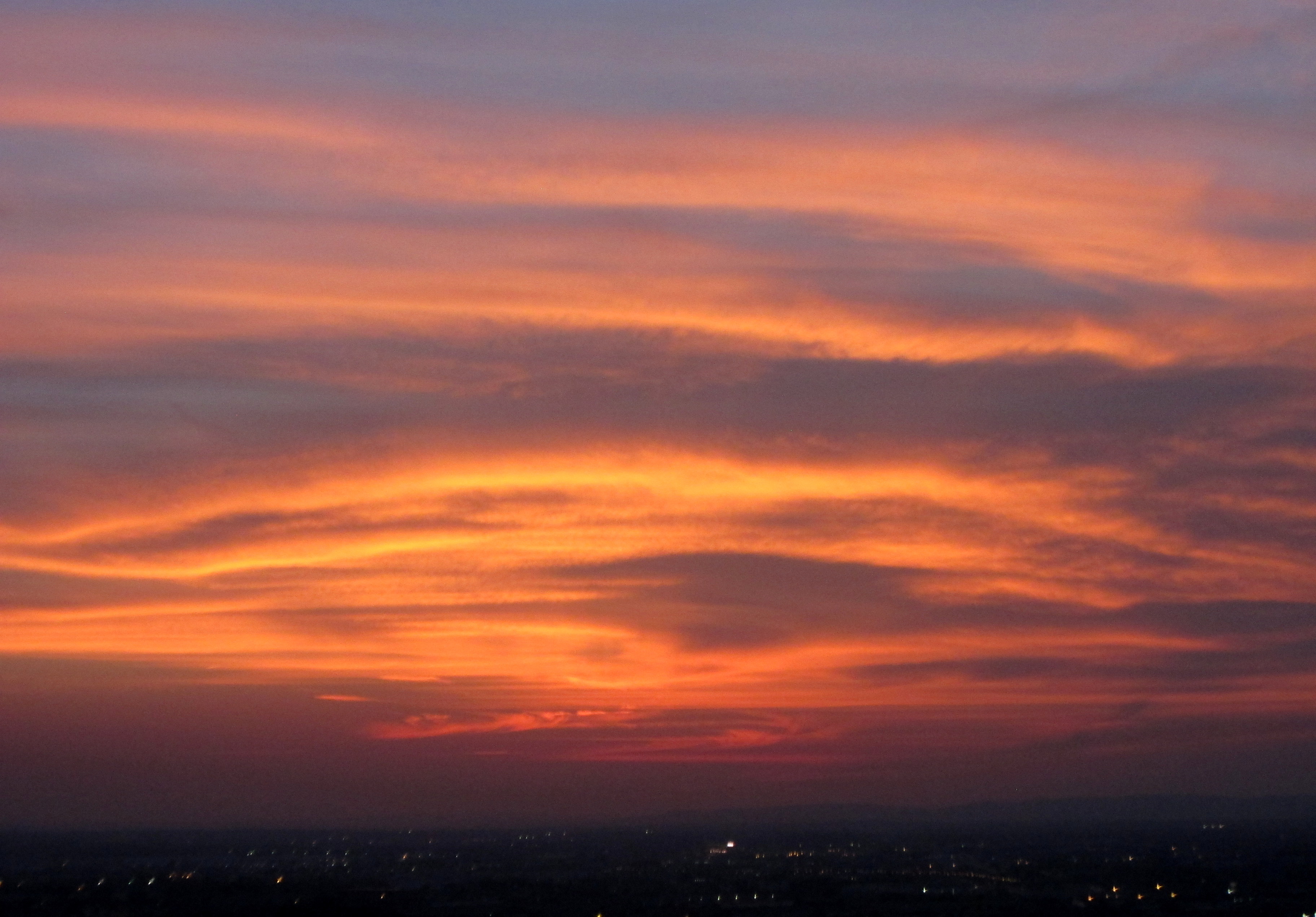
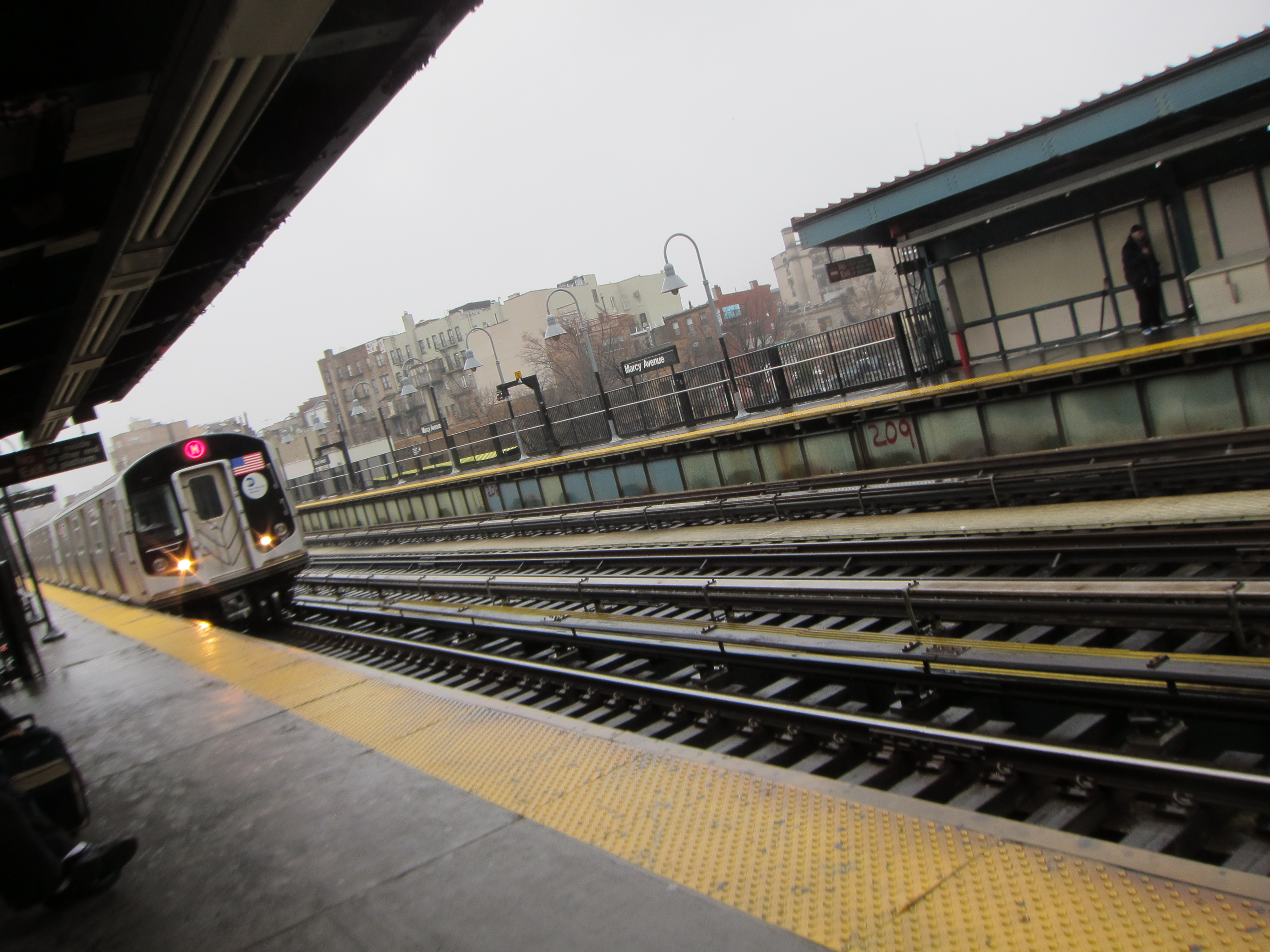
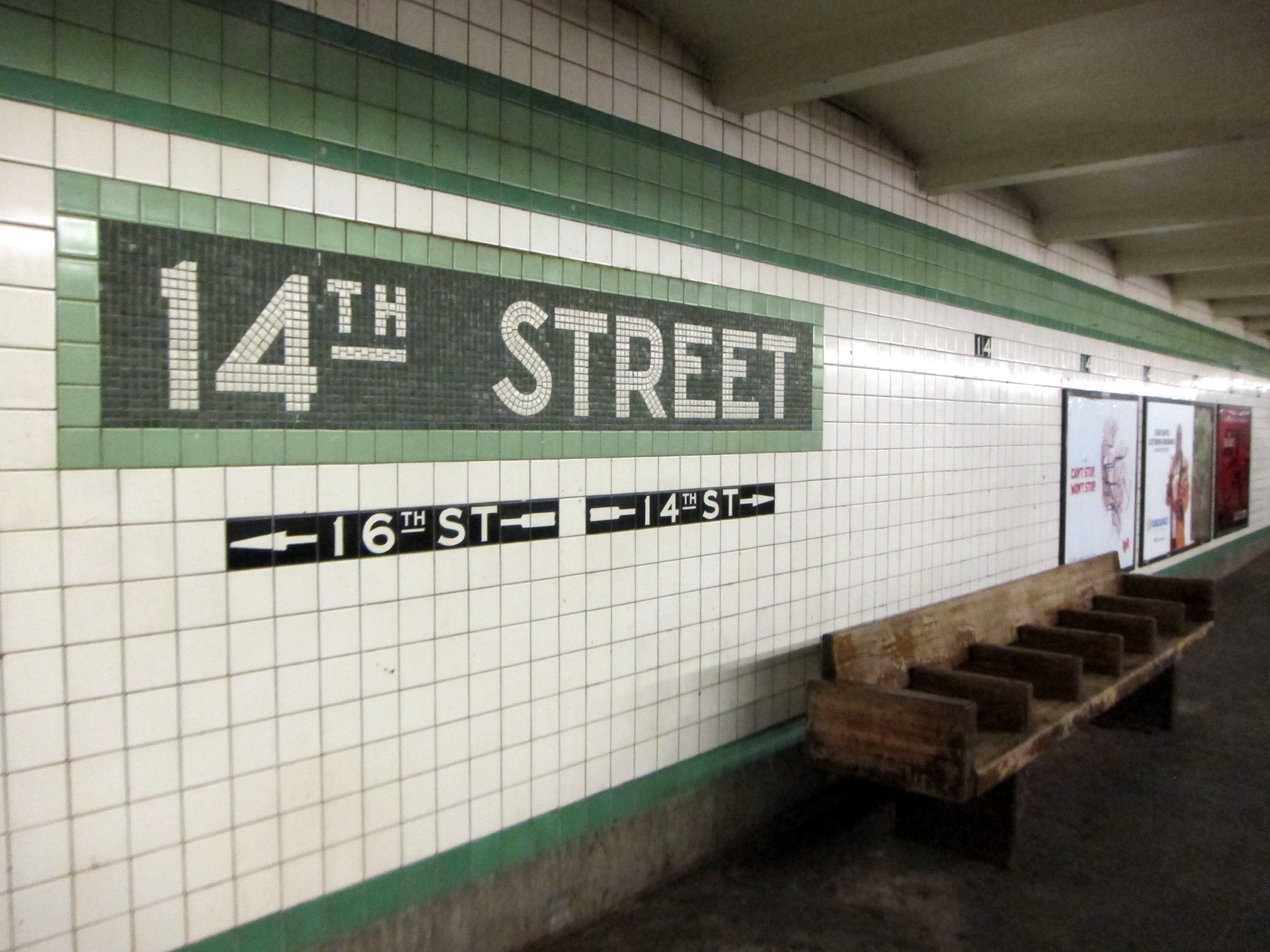
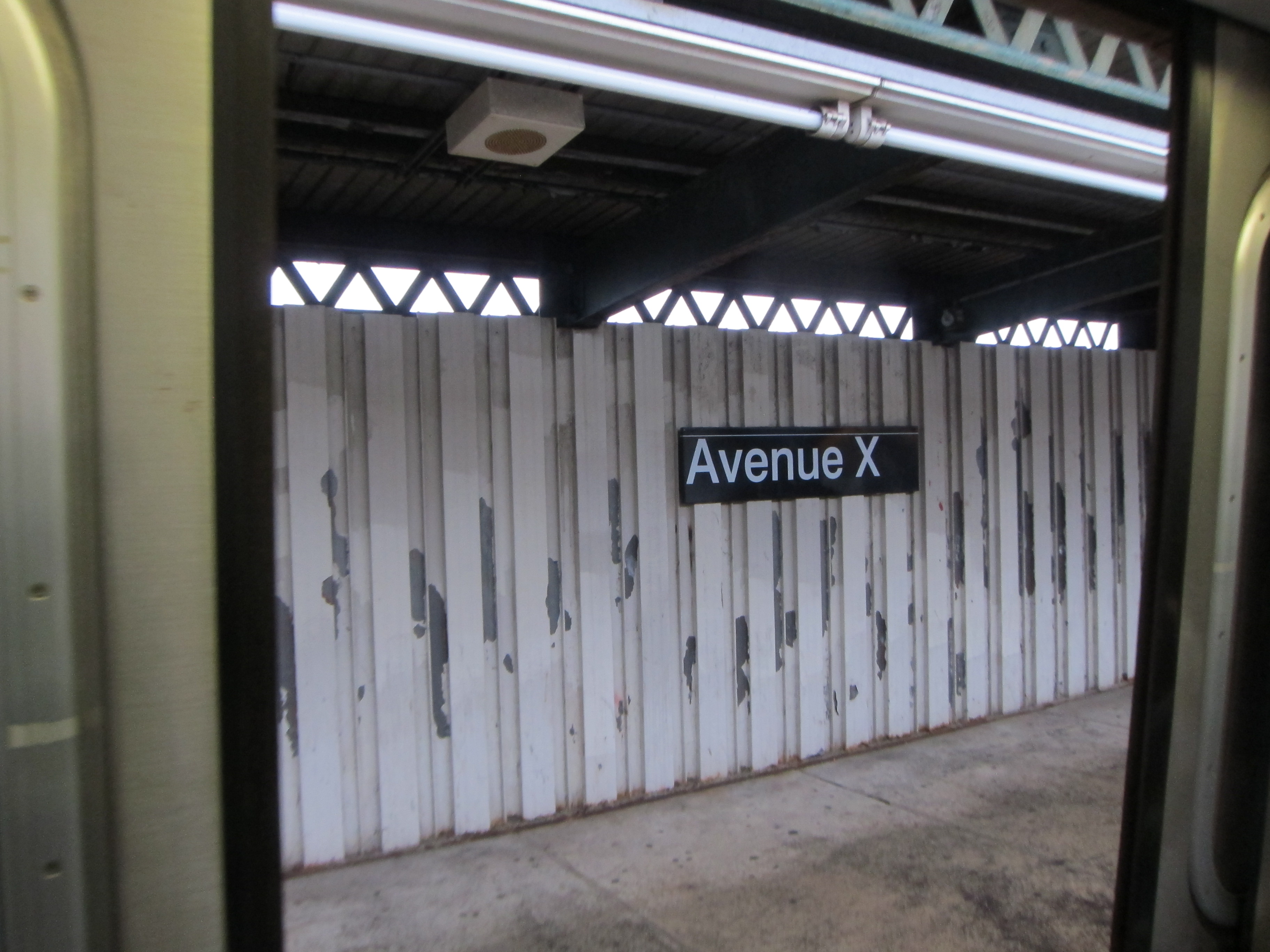 Yesterday, the first of this two-day visit, things began according to plan. Though the sky was spitting and the air was chilly, this didn’t prevent me from acting on the whim to ride the N train from Manhattan to Coney Island, and fortify myself for a walk out to the pier with a stop at Nathan’s. But no sooner had I dug in to my fish sandwich, than the rain started to drench the ground outside. I looked up a weather forecast which insisted this would continue non-stop for the remainder of my stay.
Yesterday, the first of this two-day visit, things began according to plan. Though the sky was spitting and the air was chilly, this didn’t prevent me from acting on the whim to ride the N train from Manhattan to Coney Island, and fortify myself for a walk out to the pier with a stop at Nathan’s. But no sooner had I dug in to my fish sandwich, than the rain started to drench the ground outside. I looked up a weather forecast which insisted this would continue non-stop for the remainder of my stay. 